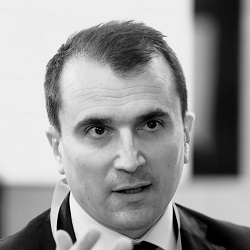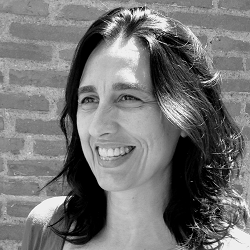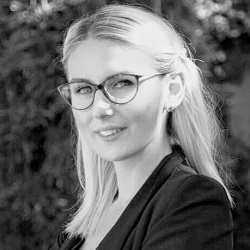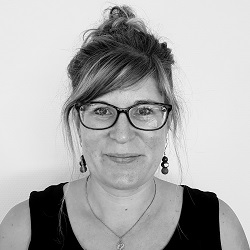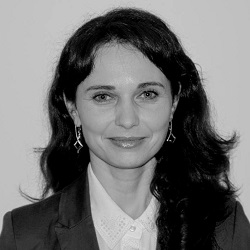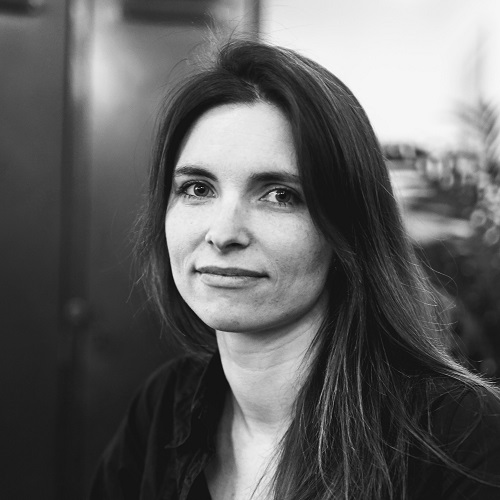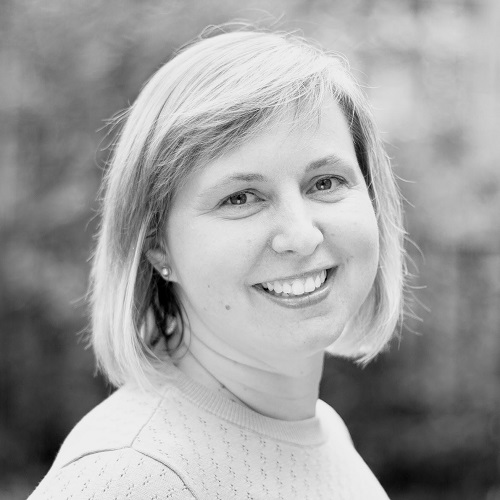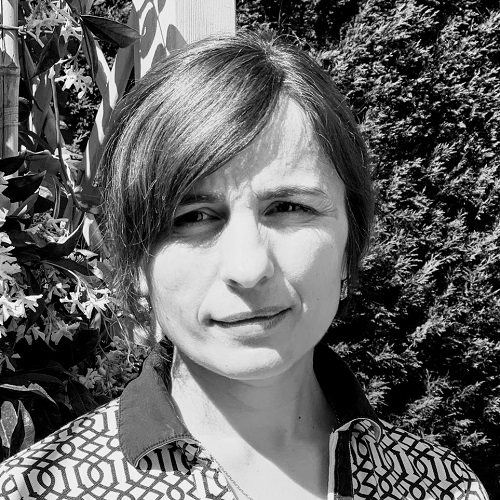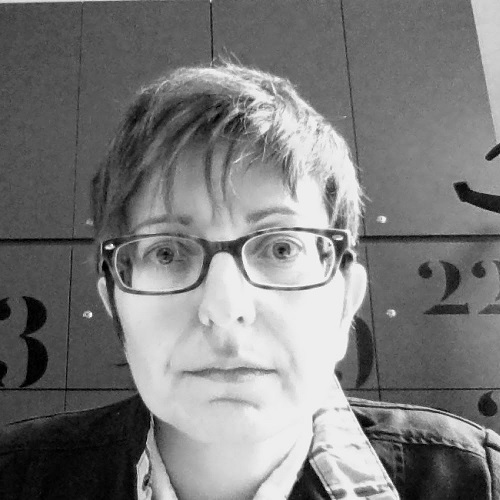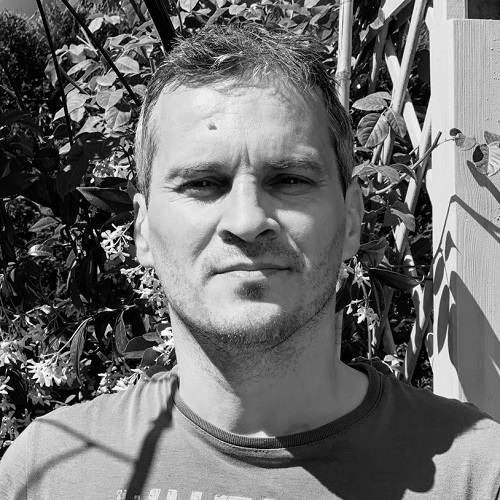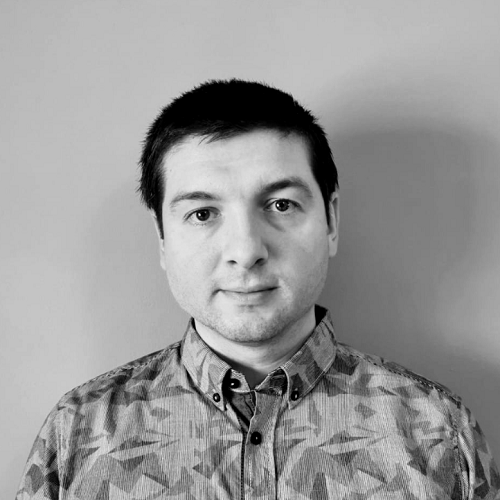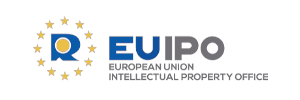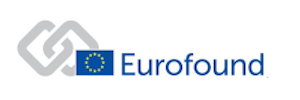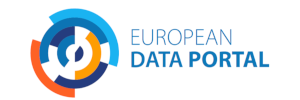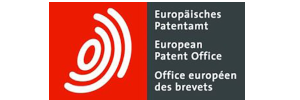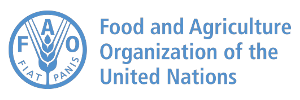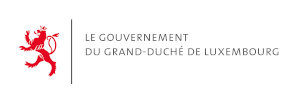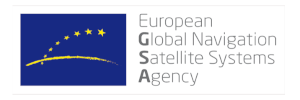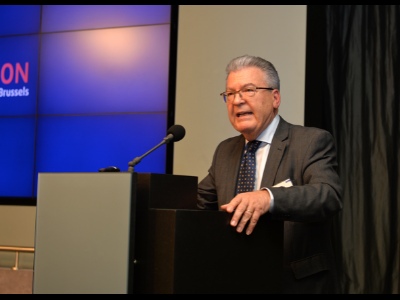In a nutshell

What is it about?
The fourth edition of EU Datathon, the open data competition, has been launched on 19 February.
To take part, you should propose the development of an application that links and uses open datasets, of which at least one from the thousands made available by the EU institutions, agencies and bodies. For more detailed information, see the rules of the competition below.
Your application should showcase opportunities for concrete business models or social enterprises. It is also expected to find suitable new approaches and solutions to help Europe achieve important goals set by the European Commission through the use of open data.
What are the challenges?
- Challenge 1: ‘A European Green Deal’
- Challenge 2: ‘An economy that works for people’
- Challenge 3: ‘A new push for European democracy’
- Challenge 4: ‘A Europe fit for the digital age’
Submit your proposal with a short description by 3 May 2020.
What are the prizes?
This is your chance to demonstrate the potential that open data present in today’s society and, of course, your creativity and talent!
It is also your chance to claim your share of the total prize fund amounting to EUR 100 000.
Twelve winning teams (i.e. three teams per challenge) will be shortlisted. If you are among them, you will be invited to develop your application and present it on 15 October during the 18th European Week of Regions and Cities in Brussels, an event that attracts more than 9 000 participants from all over the world.
The final ranking of the winning teams for each challenge will be decided at this event and the teams will be awarded the following prizes (for each of the challenges):
- First place: EUR 12 000
- Second place: EUR 8 000
- Third place: EUR 5 000
The EU Datathon 2020 is organised by the Publications Office of the European Union, in close collaboration with the European Commission Directorate-General for Regional and Urban Policy.
Agenda, 15 October 2020
| Opening | ||
|---|---|---|
| 9.00 |
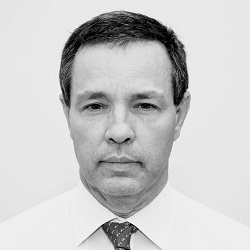 |
Welcome speech António Carneiro (Publications Office of the European Union, Acting Director-General) |
 |
Welcome speech Normunds Popens (European Commission - Directorate-General for Regional and Urban Policy, Deputy Director-General) |
|
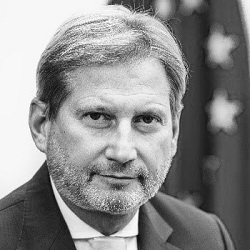 |
Keynote speech Johannes Hahn (European Commission, Commissioner for Budget and Administration) |
|
 |
Keynote speech Robert Dehm (Permanent Representation of Germany to the EU, Digital Policy and Telecommunication Counsellor) |
|
| Challenge 1: ‘A European Green Deal’ | ||
| 9.30 |
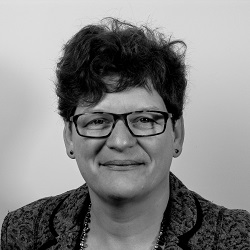 |
Opening speech Katja Rosenbohm (European Environment Agency, Head of Programme for Communications) |
 |
Finalists showcase their apps Dataseeds, Elaboro and geoFluxus |
|
| Break | ||
| Challenge 2: ‘An economy that works for people’ | ||
| 10.30 |
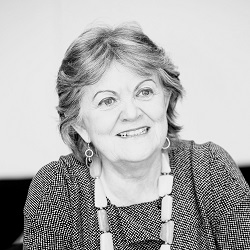 |
Opening speech Elisa Ferreira (European Commission, Commissioner for Cohesion and Reforms) |
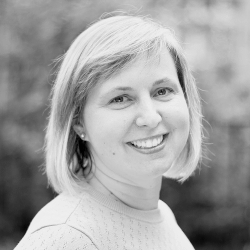 |
Finalists showcase their apps Amires, EU Twinnings and Team FinLine |
|
| Break | ||
| Challenge 3: ‘A new push for European democracy’ | ||
| 11.30 |
 |
Opening speech Alexandra Balahur (Joint Research Centre of the European Commission, Project Officer) |
 |
Finalists showcase their apps EU Integrity Watch, Next Generation Democracy and Shield |
|
| Break | ||
| Challenge 4: ‘A Europe fit for the digital age’ | ||
| 12.30 |
 |
Opening speech Daniele Rizzi (European Commission - Directorate-General for Communications Networks, Content and Technology, Policy Officer) |
 |
Finalists showcase their apps 2 Think, Digital Forest Dryads of Copernicus and Government APIs |
|
| Break | ||
| Award ceremony | ||
| 13.30 |
 |
Closing keynote Sasha Baillie (Luxinnovation, CEO) |
 |
Awarding winners chaired by jury president Paul Hofheinz (The Lisbon Council, President and Co-Founder) |
|
Speakers
Jury members
WINNERS OF EU DATATHON 2020
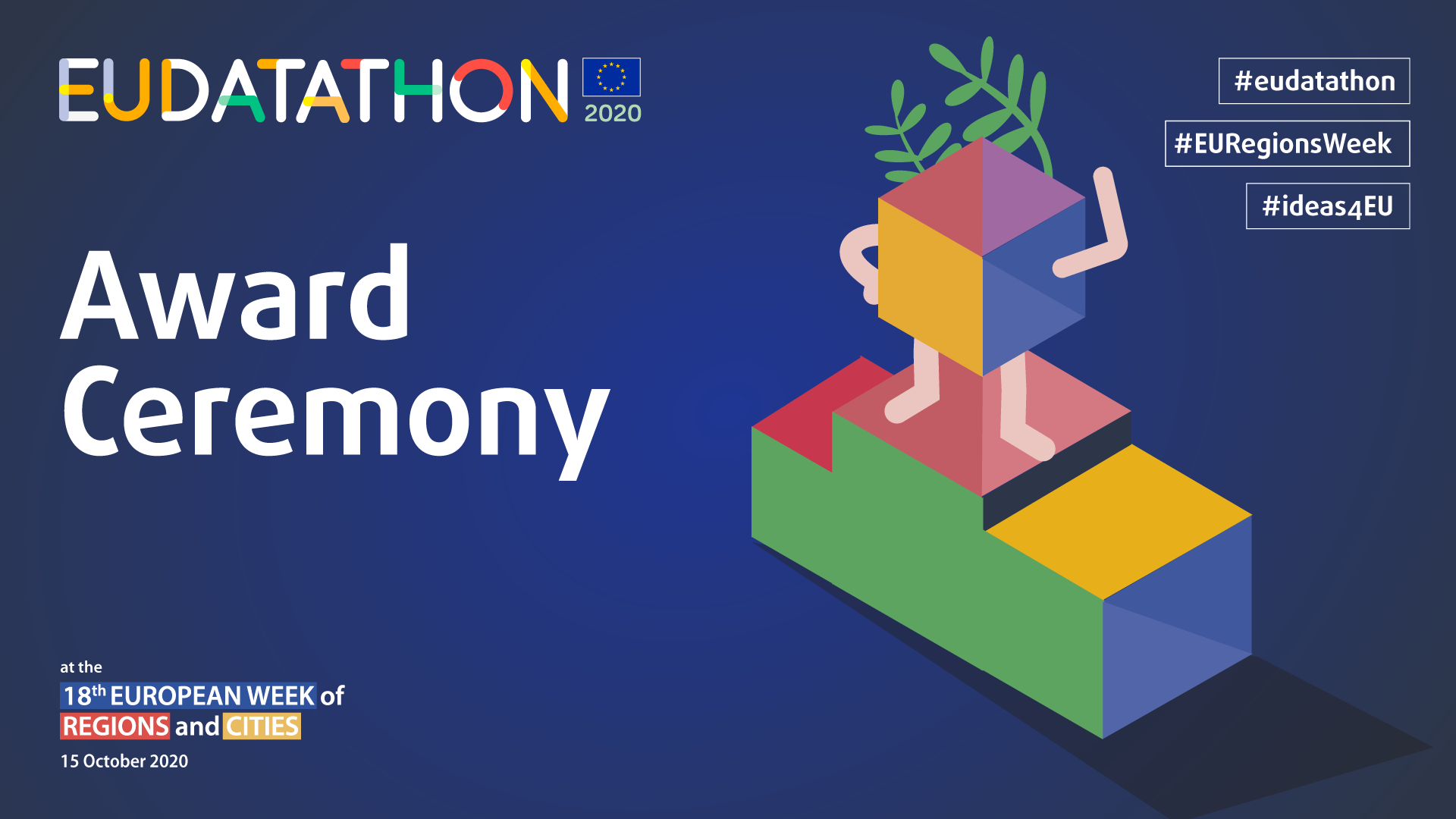
The fourth edition of EU Datathon culminated with the online finals on 15 October. The 12 finalist teams, shortlisted from 121 submissions of original ideas on how to exploit EU open data, presented their applications in front of the competition jury and the audience of over 300 open data professionals and enthusiasts.
The jury of 25 open data specialists, chaired by Paul Hofheinz, President and Co-Founder of the Lisbon Council, announced the winners for each of the four challenges of this year´s EU Datathon, and the Public Choice Award.
Challenge 1:
A European Green Deal
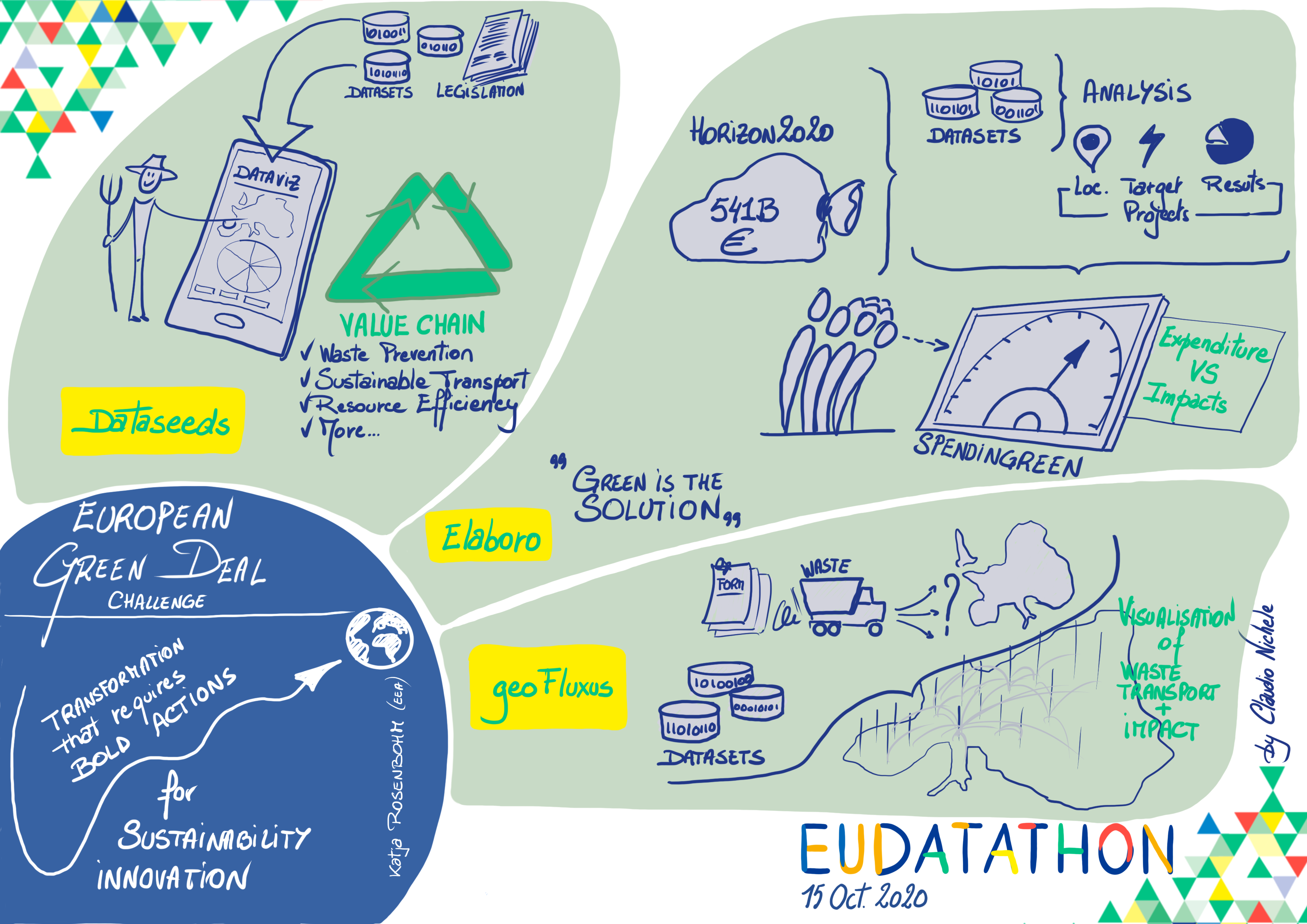
1st place: geoFluxus
The team presented a visually impressive open-source platform that maps how waste travels through European cities. GeoFluxus also classifies waste for reuse in a circular economy and enables governments to track waste usage.
2nd place: Elaboro
The application designed by Elaboro quantifies environmental issues, identifies risk factors and measures the effectiveness of interventions. It evaluates expenditures and impacts related to environmental projects, and provides an overview of the Horizon2020 digital transformation initiatives.
3rd place: Dataseeds
The Dataseeds team created an application that provides SMEs in the field of agriculture with direct access to better and more detailed information to help them become part of the green restructuring of the EU industry.
Challenge 2:
An economy that works for people
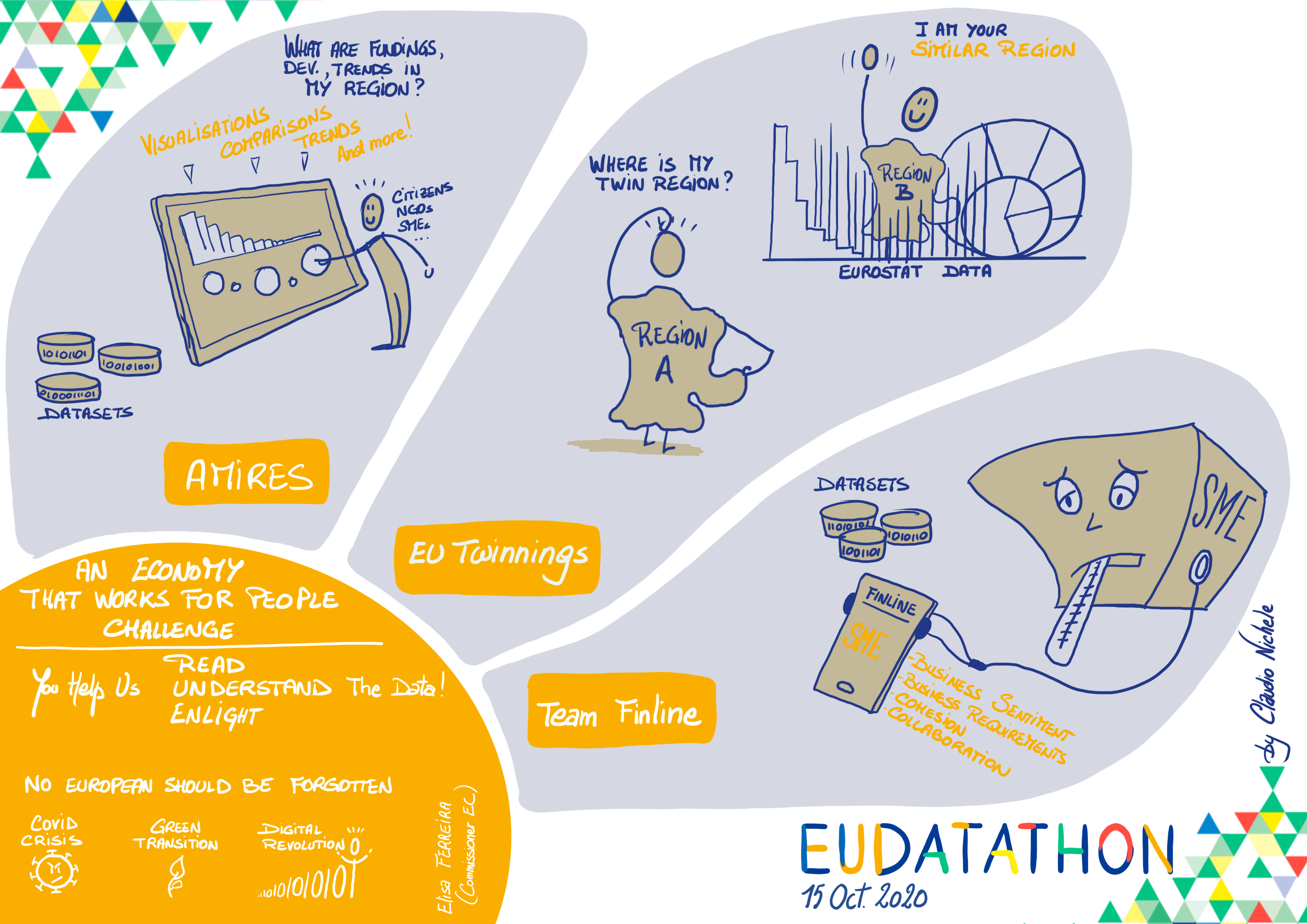
1st place: Team FinLine
The FinLine application addresses the difficult situation that many SMEs find themselves in due to the Covid-19 pandemic. It helps SMEs assess their financial viability and provides free customised advice for suitable grants and investment options.
2nd place: Amires
EU4Region, the application created by Amires helps identify unknown patterns, causal relations and changes resulting from the injection of EU funds in various regions. It maps the state of cohesiveness and inclusion of EU regions through funding.
3rd place: EU Twinnings
EU Twinnings presented a visually catchy application that brings Eurostat data to a wider, non-specialist audience by calculating similarity matrices of Eurostat statistics between regions. It allows the user to identify areas with similar statistical data.
Challenge 3:
A new push for European Democracy
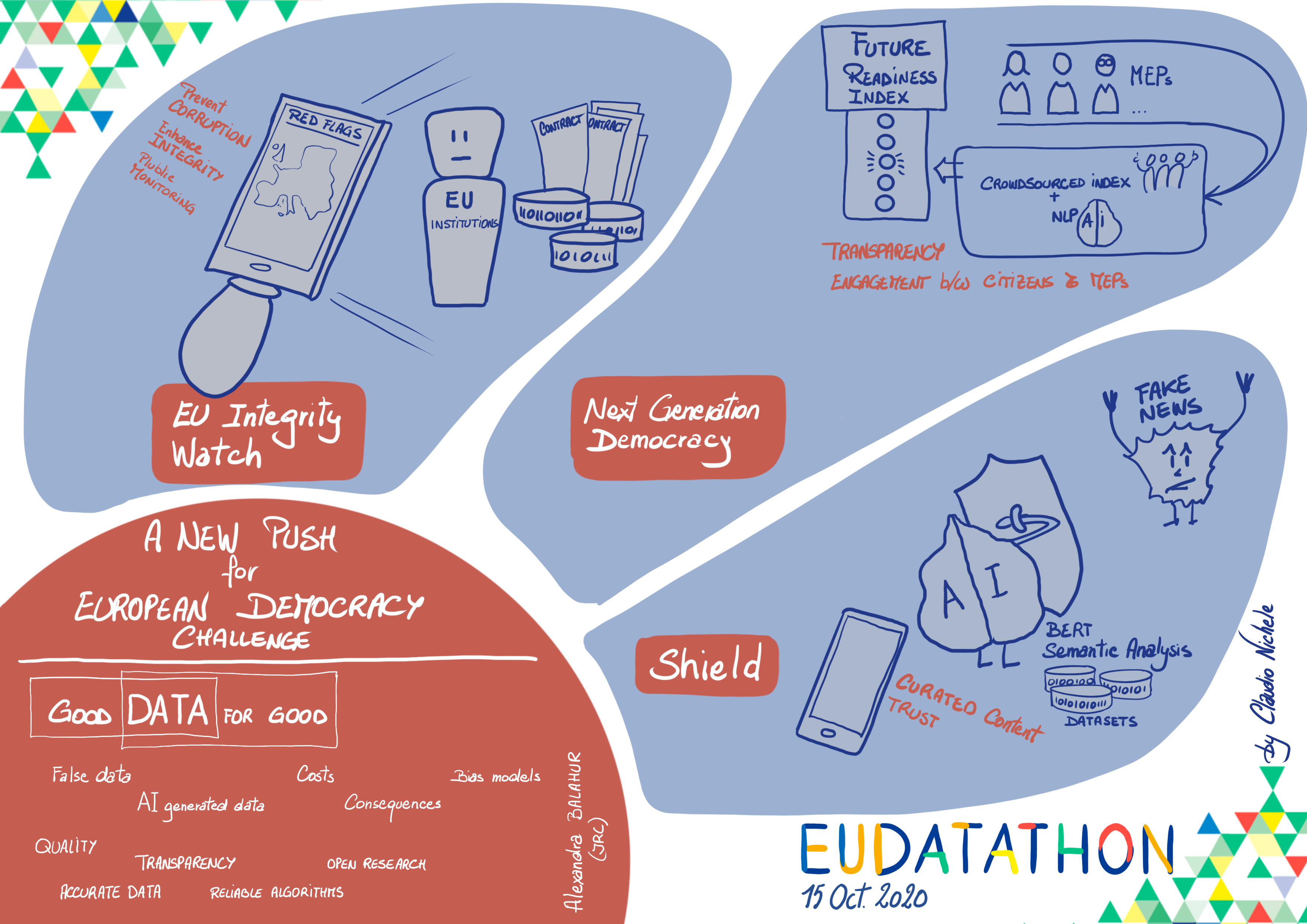
1st place: Next Generation Democracy
Next Generation Democracy presented an application that introduces the Future Readiness Index which enables EU citizens to assess the work of politicians in various domains. Through the app, citizens can follow topics or individual politicians and directly engage with them.
2nd place: Shield
Fake News Shield detects fake news by scanning sources for their credibility with the help of AI. The app detects false profiles on social media and works as an ad blocker.
3rd place: EU Integrity Watch
EU Integrity Watch monitors the integrity of the EU institutions. It enables the cross-referencing of procurement awards notices with the EU Transparency Register, and automated comparison of information contained in procurement notices with award notices.
Challenge 4:
A Europe fit for the digital age
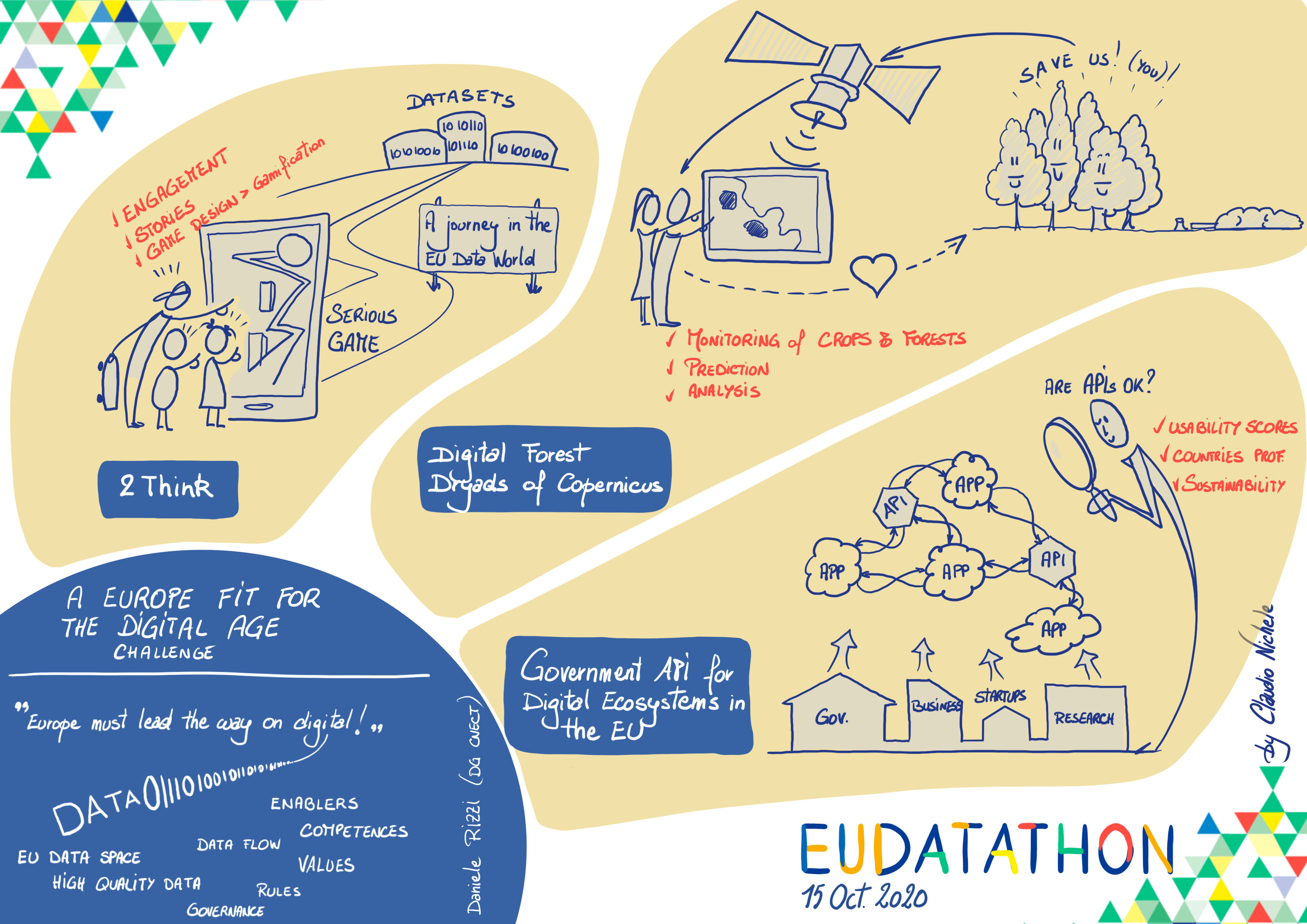
1st place: Digital Forest Dryads of Copernicus
The team of Digital Dryads aims to protect the forests in Romania from illegal logging by using state of the art satellite imagery, spectral analysis and machine learning. It presented an interactive map of deforestation in Romania.
2nd place: Government APIs
To build commercial applications or citizen-facing apps, external stakeholders need to be sure that government APIs are well maintained. The presented dashboard helps determine the value of government APIs.
3rd place: 2 Think
Citizen Journey is a playful app to help young people understand the impact of EU programmes. The user makes data correlations from several points of view (demographical, geographical, green and economic). Available in Google Play and App Store.
The Public Choice Award
Accepting the Public Choice Award, Ronnie Das from Team FinLine said: ʻI have tried to build something useful. It was just an idea 17 weeks ago and now it´s a reality. We built something for the public and I am really honoured for Team FinLine to be voted the best project by the public.ʼ
1st place: Team FinLine
2nd place: Dataseeds
3rd place: Elaboro
The finalists
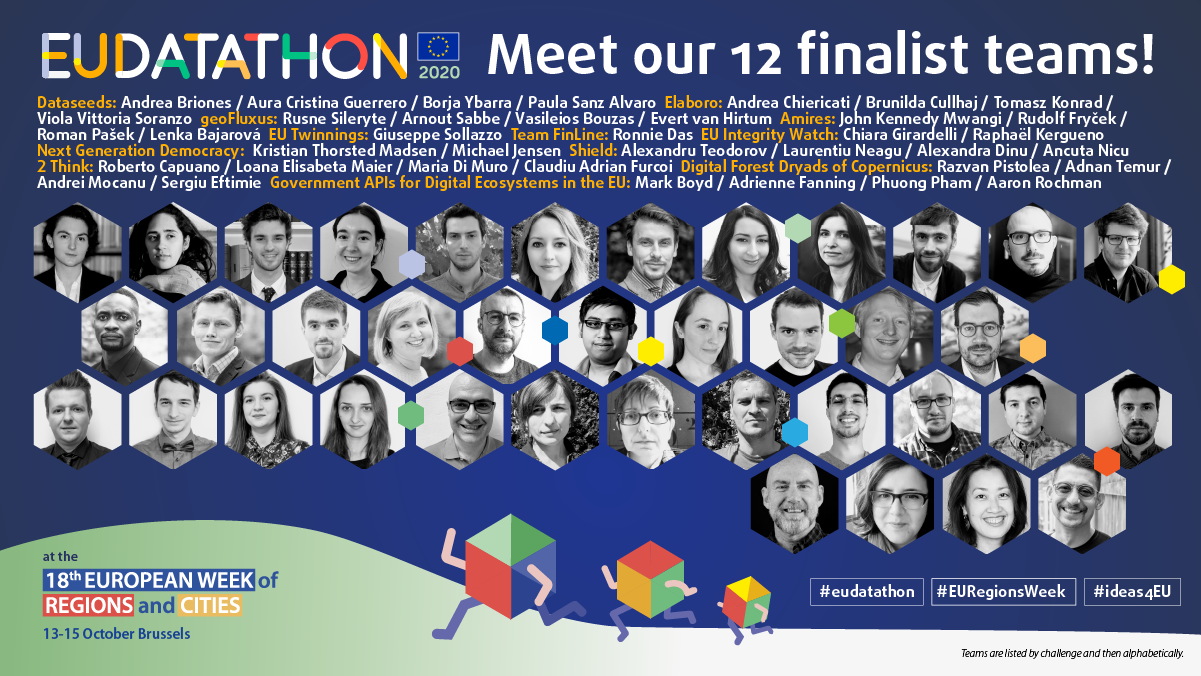
Out of 121 proposals submitted for this year´s EU Datathon, the jury has preselected 12 ideas to compete in the finals during the European Week of Regions and Cities (12-15 October 2020) in Brussels.
The teams are competing in four categories according to the challenge their proposal addresses: ‘A European Green Deal’ (Challenge 1), ‘An economy that works for people’ (Challenge 2), ‘A new push for European democracy’ (Challenge 3) and ‘A Europe fit for the digital age’ (Challenge 4).
We are happy to announce the successful finalists and introduce their proposals!
Challenge 1:
A European Green Deal
Dataseeds
Description of app: In terms of volume, content, and structure, EU open data is exceptionally complex, which makes its usage challenging for small and medium enterprises (SMEs). The app aims to provide SMEs in the field of agriculture with direct access to better and more detailed information to help them become part of the green restructuring of the EU industry.
Datasets: EEA, Eurostat, EUR-Lex, EIB, REGIO, INEA, CORDIS, JRC
Elaboro
Description of app: How is Europe performing on its environmental commitments? The application ‘Spendingreen’, says the team, will quantify environmental issues, identify risk factors and measure the effectiveness of interventions. Analysing data, combining indexes by countries and regions, and evaluating Horizon 2020 expenditures and impacts related to environmental projects, the app will provide an assessment of the amount spent in each country and insights on the outcomes. It will also allow users to verify Horizon 2020 digital transformation initiatives and forecasts for the future.
Datasets: CORDIS, REGIO (ESIF,) OECD, Eurostat, JRC
geoFluxus
Description of app: Circular Economy requires a systemic overview of waste streams and their environmental impacts. Building on datasets acquired from local governments in 11 regions within 9 EU countries, the open-source platform for waste flow mapping and analytics, designed within the Horizon 2020 projects REPAIR and CINDERELA, connects regional industrial waste producers with respective waste treatment facilities. The proposed app focuses on creating waste impact profiles for each waste-producing company. For governments, the platform indicates which economic sectors, materials, and locations need to be tackled to achieve the highest reductions in emissions. For companies, it allows a comparison of their emissions related to waste output with those of their competitors.
Datasets: CORDIS, EEA, Eurostat
Challenge 2:
An economy that works for people
Amires
Description of app: EU4Region is a visualisation platform that maps the state of cohesiveness and inclusion of EU regions through funding. It seeks to explore the absorption capacity of EU funding and help identify unknown patterns, causal relations, and changes resulting from the injection of EU funds in various regions. The team’s ambition for this platform? Facilitate evidence-based policy-making by identifying regions that are lagging behind and encourage their participation in future funding programs.
Datasets: CORDIS, Eurostat
EU Twinnings
Description of app: Find your area's twin and explore similar regions in the EU! This is the goal of this app which brings Eurostat data to a wider, non-specialist audience. It calculates similarity matrices of Eurostat statistics between regions, allowing the user to find which area is the ‘twin’ of their area, i.e. the area with the most similar statistical data. The user is able to choose a different area or pair of areas, and discover their similarities. Also, it is possible to select one or more statistical indicators and display the most similar areas. The app features visually catchy similarity heatmaps.
Datasets: Eurostat
Team FinLine
Description of app: The segment of small and medium enterprises (SMEs) has been severely hit by the COVID-19 pandemic. As Europe sets out for economic recovery, the survival of SMEs is essential. Using a number of open data sources including EU open data, the FinLine app will help SMEs assess their financial viability and provide free customised advice for suitable grants and investment options. Also, it will provide a tool for building a community willing to share financial and technical advice as well as people’s skills during the post-COVID-19 recovery.
Datasets: GROW, EASME, Eurostat, ECB, REGIO (ESIF), TAXUD
Challenge 3:
A new push for European Democracy
EU Integrity Watch
Description of app: EU Integrity Watch is an online platform that enables citizens, civic society, academia and journalists to monitor the integrity of EU institutions. By providing accessible data-visualisation tools on EU lobbying and financial interests of MEPs, the platform has been instrumental in raising awareness of the safeguards against undue influence in the EU institutions. The proposed app seeks to enhance the platform by integrating EU datasets on public procurement. This will enable the cross-referencing of procurement awards notices with the EU Transparency Register, and automated visual comparison of information contained in procurement notices with award notices.
Datasets: SG, GROW
Next Generation Democracy
Description of app: Next Generation Democracy wishes to increase the citizens´ engagement in the political debate by introducing the European Politician Future Readiness Index. The index comprises two elements: the crowdsourcing of themes and topics scored by an index and a subsequent AI analysis of meeting minutes and reports from all meetings in both the European Parliament and the European Commission. The AI engine combines the two outcomes to generate all politicians´ future-readiness index. Through the app, citizens can follow topics or single politicians, see trends and get alerts. This will increase transparency and enable citizens to engage directly with their politicians.
Datasets: EP, DG COMM
Shield
Description of app: Scroll Safe! Fake News Shield detects fake news by scanning sources for their credibility with the help of AI. The app is able to detect false profiles on social media and works as an ad blocker; it can provide the user with warnings or eliminate websites with a high risk of credibility. The application will be available for Android and IOS and it will be installation-ready for Facebook and other social media and as an extension in the web browser (e.g. Google AddOn).
Datasets: European Broadcasting Union (EBU), DG COMM, EDP
Challenge 4:
A Europe fit for the digital age
2 Think
Description of app: Citizen Journey is a playful app filled with EU knowledge to help young people understand the impact of EU programs. The app has three modes to discover data: Start Journey, Explore Location and Trivia. With the help of mentors, the user makes data correlations from several points of view (demographical, geographical, green and economical). Measuring data in a playful way helps the user understand how the EU policies seek to ensure social inclusion, fight poverty or any form of discrimination, support research and technological development, and drive innovation and a green economy.
Datasets: REGIO (ESIF), EEA, Eurostat
Digital Forest Dryads of Copernicus
Description of app: Over 12 million cubic meters of wood (five million wooden trucks) have been stolen from Romania's forests since 1989. For every tree cut legally (sick/accidental/compromised/decaying/infestation/dead), another healthy tree is cut illegally. Digital Dryads protect the forests from illegal logging using state-of-the-art satellite imagery, spectral analysis, and machine learning.
Datasets: DEFIS, Copernicus, EUMETSAT, SANTE, Eurostat, Google Earth data catalogue, Earth on Amazon Web Services
Government APIs for Digital Ecosystems in the European Union
Description of app: The European Union seeks to create opportunities for governments, industry, research, and community groups to work in partnership to build new products and services using data as a core component of their value chains. To build commercial applications or citizen-facing apps, external stakeholders need to be sure that government APIs are well maintained. The proposed dashboard will, says the team, help to determine the value of government APIs.
Datasets: JRC, EU ODP

Phuong Pham
Vietnam
Dashboard of submissions
Testimonials

Companies here have shown massive creativity fuelled by open data. Now public administrations need to step up to the plate and open up even more.
Dinand Tinholt
Capgemini Invent

We were very happy to see all the participants with their nice ideas and implementation.
Miwon Seo
Medicatio

It was our first prize and we needed this visibility as a new company.
Andreas Thanopoulos
C4P.io

EU Datathon gave me strength to go even further.
Teresa Barrueco
EURI Trends

Participating in the EU Datathon was a wonderful challenge and lots of fun. It turned out to be much more valuable than I could ever had imagined.
Flemming Madsen
Tenderlake
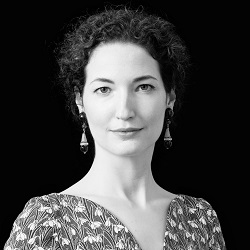
EU Datathon changed our perspective on open data and opened up new areas of business for us – the whole experience was phenomenal!
Veronika Haberler
The Smartfiles Network

We can also draw conclusions about the data we publish, its quality and documentation.
Agnieszka Zając
Publications Office of the EU

We were here to create a new network to enlarge our business vision.
Francesco Lo Truglio
Coffice

EU Datathon is a great showcase, giving startups and established companies a platform to show what is possible with existing EU datasets. Curious what the next edition will bring.
Andreas Belschner
UiPath
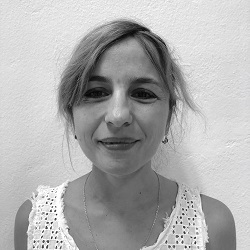
Besides the opportunity to meet new people and have great feedback on your work, we valued EU Datathon as a great way to be introduced to new ideas and different implementation approaches.
Loana Elisabeta Maier
2 Think

Participating in the EU Datathon was perfect for making Lexparency known and receiving recognition from a respected jury. I still draw on that today.
Martin Heimsoth
Lexparency

I am impressed by the time-to-market of these bright youngsters to create new digital data services bringing insights by combining open data sources.
Per Nymand-Andersen
European Central Bank

A great opportunity to develop ideas into a concrete product and to get valuable feedback!
Ida Peltonen
Investment Info

The apps contribute greatly to the business environment and transparency.
Margus Mägi
Human Dynamics

EU Datathon is a truly inspiring event, bridging the wealth of data of EU institutions with highly skilled, knowledgeable, creative and enthusiastic teams all over Europe.
Alexandra Balahur
Joint Research Centre of the European Commission

It gave an opportunity to demonstrate what we can achieve with open data. The superb experience is still fresh and is unforgettable.
Anoop Kumar
PublicBI

The EU Datathon showed me the importance of giving back data to public.
Karina Krampf
LightOnEurope
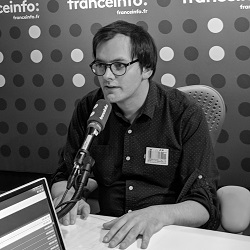
EU Datathon shows EU’s commitment to open data as a way to improve the daily lives of Europeans.
Pierre Slamich
Open Food Facts
Webinars
Webinar 1
Webinar 2
Webinar 3
Webinar 4
Webinar 5
Webinar 6
Webinar 7
Bonus webinar
Bonus webinar
COVID-19 webinar
COVID-19 webinar
COVID-19 webinar
COVID-19 webinar
COVID-19 webinar
Rules
OUTLINE
What is EU Datathon?
The Publications Office of the European Union organises in close collaboration with the European Commission’s Directorate-General for Regional and Urban Policy the EU Datathon 2020.
EU Datathon is a competition intended to highlight the potential of linking EU data and regional data as well as to promote innovation and digital transformation opportunities by using open data.
Participants are invited to develop applications addressing the four challenges.
The EU Datathon will help citizens to engage and innovate presenting new ideas to the EU institutions. As indicated in the Conference of Future of Europe, the hackathons are one of the initiatives that should encourage people to take part in the policy-making.
The EU Datathon is aligned with the newly released European strategy for data of the European Commission.
The competition is supported by Horizon 2020 – the EU Research and Innovation programme and the European Commission ISA² programme (Interoperability solutions for public administrations, businesses and citizens).
The partners of the EU Datathon 2020 are:
- Digital Luxembourg
- Eurofound
- European Asylum Support Office
- European Central Bank
- European Court of Auditors
- European Commission – Directorate-General for Communications
- European Commission – Directorate-General for Communications Networks, Content and Technology
- European Commission – Directorate-General for Defence Industry and Space
- European Commission – Directorate-General for Energy
- European Commission – Directorate-General for Informatics
- European Commission – Directorate-General for Internal Market, Industry, Entrepreneurship and SMEs
- European Commission – Directorate-General for Maritime Affairs and Fisheries
- European Commission – Directorate-General for Research and Innovation
- European Commission – Eurostat
- European Commission – Joint Research Centre
- European Commission – Representation of Belgium
- European Commission – Representation of Luxembourg
- European Commission – Secretariat-General
- European Environment Agency
- European Investment Bank
- European Parliament
- European Patent Office
- European Union Intellectual Property Office
- Food and Agriculture Organization of the United Nations
- Government of Luxembourg
- Luxembourg Institute of Science and Technology
- Organisation for Economic Co-operation and Development
- Province of Vienna Statistics Department
- The World Bank
What are the objectives?
- To find new suitable approaches and solutions through the use of open data to an identified need or problem.
- To produce innovative applications, including visualisations.
- To showcase opportunities for a concrete business model, a social enterprise, or a reusability concept for the open data community.
- To stimulate the use of open data released by public administrations.
The result should be a new, original mobile or web application, visualisation or demonstration of applying data science by linking datasets for generating new insights. Explanatory webinars will be set up and announced on the website for participants to obtain more information on the features and datasets of the challenges.
WHO CAN PARTICIPATE?
The rules are based on Article 206 and 207 of the financial regulation. The competition will respect the principles of transparency and equal treatment.
- The EU Datathon 2020 is open worldwide to anyone who is interested in creating a profit or non-profit (social) business model through data exploration and/or in creating open data prototype products based on open and public data.
- A team can be composed of one or more individuals (up to 4), one or more companies or one or more other legal entities.
- Finalists from previous EU Datathons can only participate with a new project for this year’s competition. The EU Datathon 2020 is not open to staff working in the EU institutions, agencies, bodies and partnering organisations.
WHAT ARE THE CHALLENGES?
The EU Datathon 2020 consists of four challenges which are based on the von der Leyen Commission Priorities. Each challenge is organised as a separate competition of equal importance, under the umbrella of the EU Datathon competition (separate registration, shortlisted teams, presentations and prizes).
The competition is taking place within the annual ‘European Week of Regions and Cities’, and therefore it has a special focus on regional and local level.
Teams may participate in any or all of the following challenges but with only one proposal per challenge.
Challenge 1: ‘A European Green Deal’
- Potential opportunity to be addressed by team: Demonstrate how EU research and innovation initiatives for a greener Europe can positively influence the EU and/or European regions. Alternatively, show how regions and cities can contribute to a greener Europe.
- Mandatory datasets: Combine at least two datasets. One dataset from HORIZON 2020 (Horizon 2020 open data from CORDIS and/or European Commission’s Directorate-General for Research and Innovation) and one dataset from either the European Structural Investment Funds (Open data portal and list of operations), the European Patent Office, the European Union Intellectual Property Office, the European Environment Agency, the European Investment Bank, the EMODnet website, the European Data Portal, the EU Open Data Portal, the OECD, Eurostat, the World Bank and/or the Joint Research Centre of the European Commission.
- Optional datasets: Any other dataset.
Challenge 2: ‘An economy that works for people’
- Potential opportunity to be addressed by team: Show how the European Union helps achieve cohesion in regions and cities through EU research funding. Alternatively, outline how research and patents can contribute to creating jobs and growth for Europe.
- Mandatory datasets: Combine at least two datasets from HORIZON 2020 (Horizon 2020 open data from CORDIS and/or European Commission’s Directorate-General for Research and Innovation), the EU Open Data Portal, the European Structural Investment Funds (Open data portal and list of operations), the European Investment Bank, the European Patent Office, the European Union Intellectual Property Office, the European Central Bank, the European Data Portal, the Joint Research Centre of the European Commission, Eurostat, the OECD and/or the World Bank.
- Optional datasets: Any other dataset.
Challenge 3: ‘A new push for European democracy’
- Potential opportunity to be addressed by team: Develop new ways to empower citizens and businesses to tackle societal challenges by using open data: improve transparency; fight disinformation; protect elections; foster citizen engagement; make the voices of the EU people heard. Alternatively, improve the fairness of public investment and fight corruption with the social control of public affairs (as for example the initiatives: of Integrity pacts or At the School of Open Cohesion).
- Mandatory datasets: Combine at least two datasets from the European Central Bank, Eurostat, the European Structural Investment Funds (Open data portal and list of operations), the European Asylum Support Office, the Joint Research Centre of the European Commission, the European Parliament, the OECD, the World Bank, the European Patent Office, the European Data Portal and/or the EU Open Data Portal.
- Optional datasets: Any other dataset.
Challenge 4: ‘A Europe fit for the digital age’
- Potential opportunity to be addressed by team: Propose apps or services to support the European digital transformation by improving data skills or making data more understandable for everyone.
- Mandatory datasets: Combine at least two datasets from the European Central Bank, Eurostat, the European Structural Investment Funds (Open data portal and list of operations), the Joint Research Centre of the European Commission, the OECD, the World Bank, the European Patent Office, the European Data Portal and/or the EU Open Data Portal.
- Optional datasets: Any other dataset.
EVALUATION PROCESS
Phase 1 — Preselection
Preselection will take place after the deadline of the submission of project descriptions.
Project descriptions within each challenge will be evaluated by a preselection jury that shall be composed of experts from within the EU institutions and agencies.
During this phase, the jury will assess each submitted project description against the preselection award criteria (see table below). For each challenge, a maximum of three teams having scored the highest number of points will be preselected. All teams will be notified about the results of the preselection for the challenge they took part in.
| Preselection award criterion | Maximum number of points | |
|---|---|---|
| 1 |
Relevance
|
50 |
Phase 2 — Final selection
The Publications Office will offer to the teams rehearsals for the presentations. The preselected teams should fill-in a dedicated feedback report on the datasets they used and submit it with the final app.
The preselected teams (three per challenge) will be invited to develop their applications. The final applications within each challenge will be evaluated on 15 October 2020 during the final event by one jury, which will be composed of at least five experts from within and outside the EU institutions and agencies.
These set of rules will provide a level playing field to all the competitors by taking the maturity of the solution before submitting into account.
Shortlisted teams that do not deliver a developed app will not be entitled to continue participating in the final stage of the competition. They cannot claim any prize award.
| Final award criteria | Maximum number of points | |
|---|---|---|
| 1 |
Relevance
|
30 |
| 2 |
Open data reuse
|
30 |
| 3 |
Solution proposed
|
30 |
| 4 |
Excellence
|
10 |
|
Total |
100 |
COMPETITION TIMELINE
Step 1— Launch of competition
The competition is published on the EU Datathon 2020 website of the Publications Office and the Funding & Tenders Portal on 19 February 2020.
The competition starts with explanatory webinars addressing the different challenges that will allow potential participants to learn more about the available datasets.
Step 2 — Deadline to submit proposals
Teams should register their project descriptions here by 3 May 2020 at 23:59:59.
Step 3 — Shortlisted teams announced
The project descriptions are evaluated by the jury of the preselection phase. All participating teams will be notified about the results within their challenge via email by 29 May 2020 at the latest.
Step 4 — Final selection of winning apps
The preselected teams (represented by a maximum of two members) will be invited to the European Week of Regions and Cities in ‘The Square’ in Brussels, which will include participation in three compulsory days:
- 13-14 October 2020: Present the app to the public in an exhibition stand;
- 15 October 2020: Final conference with presentations and live demonstrations of the apps by the teams followed by Q&A from the audience. The winners will be announced at the end of the day.
PRIZES
The total award fund for the competition amounts to EUR 100 000 (EUR 25 000 for each challenge) and will be split in the following order for each challenge.
| Place | Prize money |
|---|---|
| 1 | EUR 12 000 |
| 2 | EUR 8 000 |
| 3 | EUR 5 000 |
Shortlisted teams are entitled to the reimbursement of travel and accommodation expenses incurred in relation to the conference provided that they have been purchased on the day of the notification of the shortlisted teams at the earliest. No other costs will be reimbursed. Further details will be sent via e-mail.
ADDITIONAL INFORMATION
Clarifications
Participants may request any clarification on the competition up to five (5) working days before the deadline for the submission of project descriptions.
Requests for clarification should be submitted in writing to the following email address: op-datathon@publications.europa.eu.
All questions and answers will be published on the EU Datathon 2020 website.
Payment of awards
The payments of awards are subject to the registration of the winners in the legal entity (LEF) and bank account file (BAF) database of the European Commission. For this purpose, after being notified of the award, winners are required to provide the necessary supporting documents duly signed and stamped where necessary. Additional information as well as the forms for the creation of the LEF/BAF can be downloaded here.
The Publications Office and its partners take no responsibility regarding the distribution of the awards within the teams.
Cancellation of the competition
The Publications Office reserves the right to cancel the competition before the final conference without any obligation to indemnify the teams.
Participation in other competitions
The teams must inform the Publications Office when submitting their proposal if their application has participated or will participate in other competitions. Multiple award of prize for the same application is not allowed.
Sole liability of the teams
Neither the Publications Office nor the partners may be held responsible for any claim relating to the activities carried out by teams in the framework of the competition.
Neither the Publications Office nor the partners shall be held liable for any damages caused or sustained by any of the teams, including any damages caused to third parties as a consequence of or during the implementation of the activities related to the competition.
Intellectual property and copyright
In case teams use pre-existing material (such as open source) for their applications, they must guarantee that they have obtained all the necessary authorisations in order for such material to be used according to the rules described above.
The project description (short description of the idea) submitted for the preselection will remain the property of the teams (authors) and will not be made public (or disclosed), but will be accessible to the jury.
The final proposals submitted for the final selection will remain the property of the authors, but will be accessible to the jury and to all teams at the final conference. The EU institutions, agencies and bodies will be allowed to mention, describe and promote on their channels (websites, social media, press releases, etc.) the winning applications with due reference to the author without any further economic compensation.
Publicity
The winning applications will be featured in the ‘Applications’ section of the EU Open Data Portal. Where appropriate, the name and copyright of the authors will be mentioned.
Teams may, upon written request, gain access to their personal data and correct any information that is inaccurate or incomplete. They should address any questions regarding the processing of their personal data to the Publications Office via the contact e-mail announced in the rules of the competition. The teams may, at any time, lodge a complaint against the processing of their personal data with the European Data Protection Supervisor. On the EU Datathon website the Publications Office will publish the name of the winning teams and of their members, their locality, the prize amount and the nature and purpose of their applications. Participants may request that the Publications Office waive such a publication if disclosure risks threatening their security and safety or if it could harm their commercial interest.
Sole liability of the teams
Neither the Publications Office nor the partners may be held responsible for any claim relating to the activities carried out by teams in the framework of the competition. Neither the Publications Office nor the partners shall be held liable for any damages caused or sustained by any of the teams, including any damages caused to third parties as a consequence of or during the implementation of the activities related to the competition.
Applicable law and competent jurisdiction
The competition is governed by the applicable European Union law complemented, where necessary, by the law of the Grand Duchy of Luxembourg. The General Court or, on appeal, the Court of Justice of the European Union, shall have sole jurisdiction to hear any dispute between the EU and any team concerning the interpretation, entry or validity of the rules of this competition if such a dispute cannot be settled amicably.
Exclusion criteria and administrative sanctions
By submitting the project description teams declare that they are not in one of the situations mentioned in Article 136(1) of the Financial Regulation. Teams who are in any of those situations or fall into other categories indicated in Article 141 of the Financial Regulation shall be rejected from participating and from being awarded a prize under the present competition. The rejection shall be without prejudice to the decision of exclusion from participating in award procedures governed by the Financial Regulation and application of financial penalties (Articles 136-140 of the Financial Regulation).
Early Detection and Exclusion System
In case the participants are in one of the exclusion situations as stated above, personal data on them may be registered in the Early Detection and Exclusion System (EDES) in line with the Articles 135, 142, 143 and 144 of the Financial Regulation. For more information, see the privacy statement for EDES.
Suspension of the competition, cancellation of the award and reduction of prize
Where the award procedure has been subject to irregularities or fraud, the Publications Office applies the measures referred to in Article 131 of the Financial Regulation.
Checks, audits and investigations
The winning teams accept checks, audits and investigations by the European Commission, the European Anti-Fraud Office, the Court of Auditors and the European Public Prosecutor’s Office in relation to the competition and the prize received.
Promotion material
PRESS RELEASE
| Bulgarian | |
| Croatian | |
| Czech | |
| Danish | |
| Dutch | |
| English | |
| Estonian | |
| Finnish | |
| French | |
| German | |
| Greek | |
| Hungarian | |
| Irish | |
| Italian | |
| Latvian | |
| Lithuanian | |
| Maltese | |
| Polish | |
| Portuguese | |
| Romanian | |
| Slovak | |
| Slovenian | |
| Spanish | |
| Swedish |
IMAGES
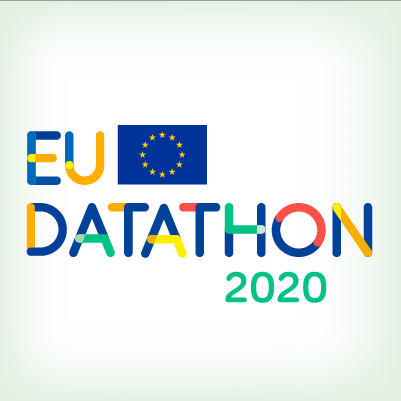 |
|
 |
|
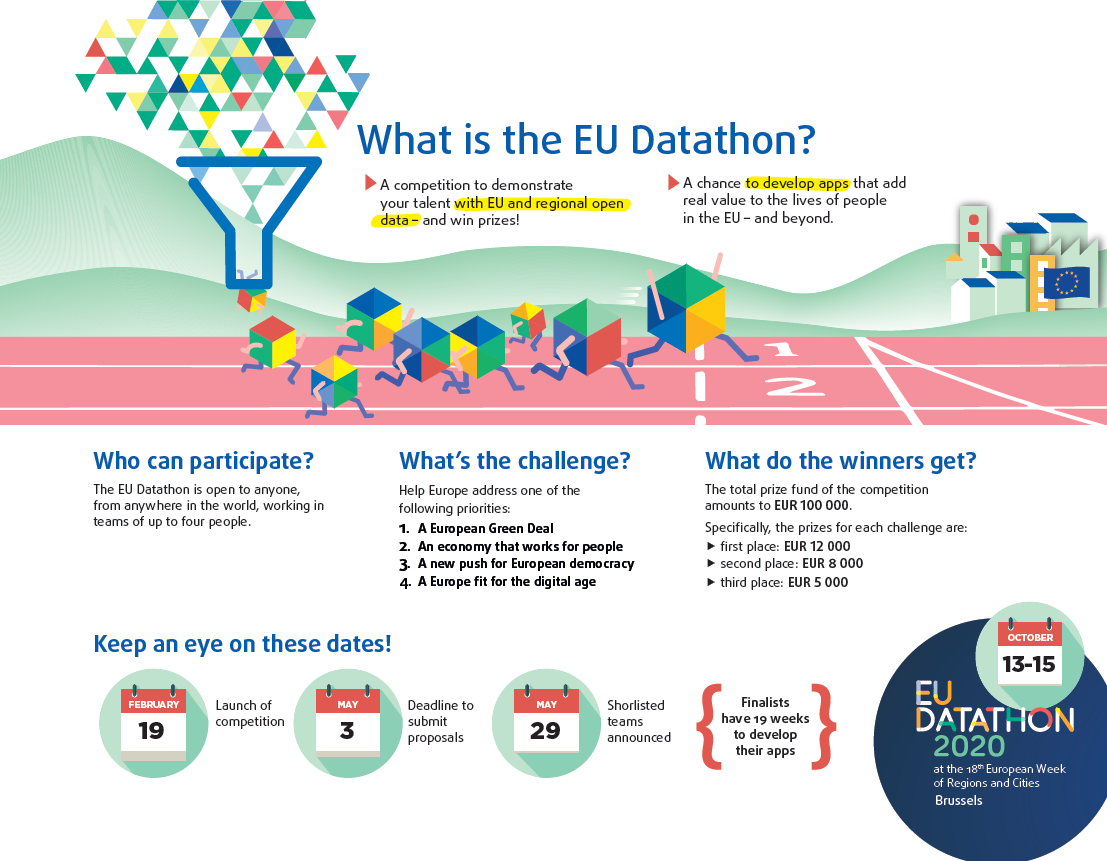 |
|
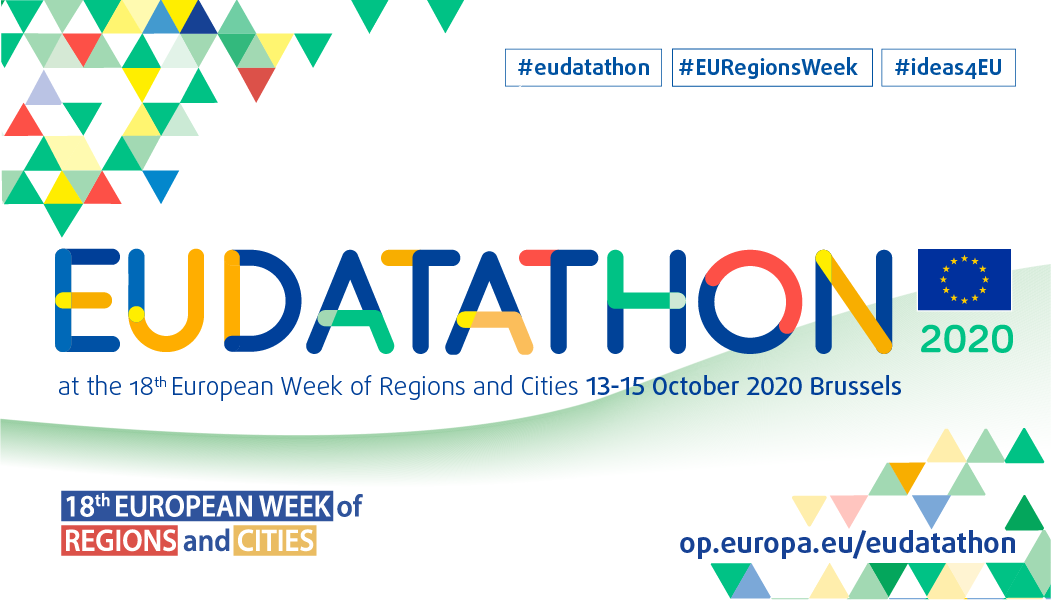 |
|
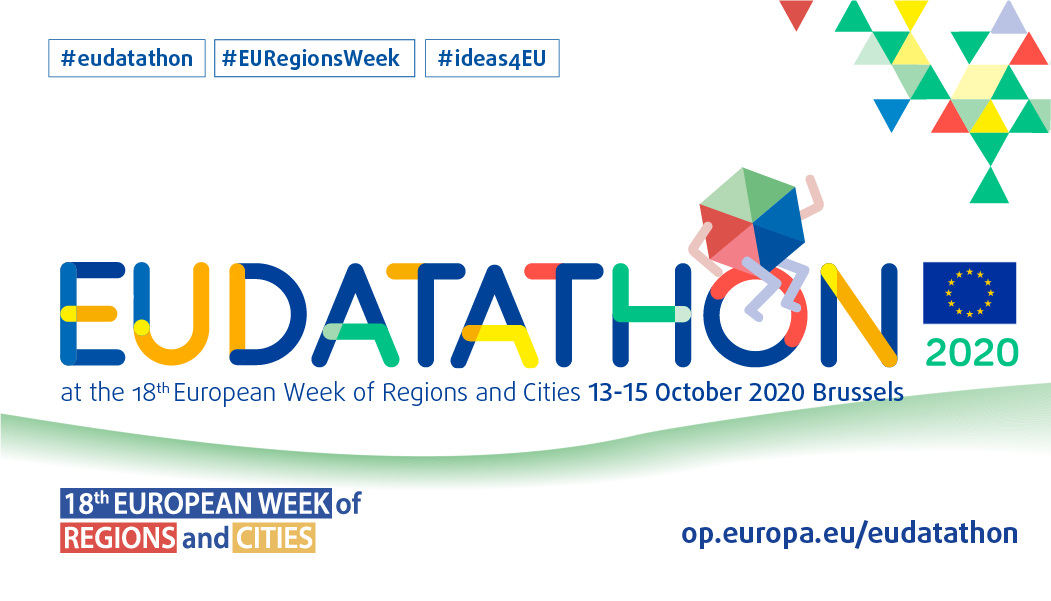 |
|
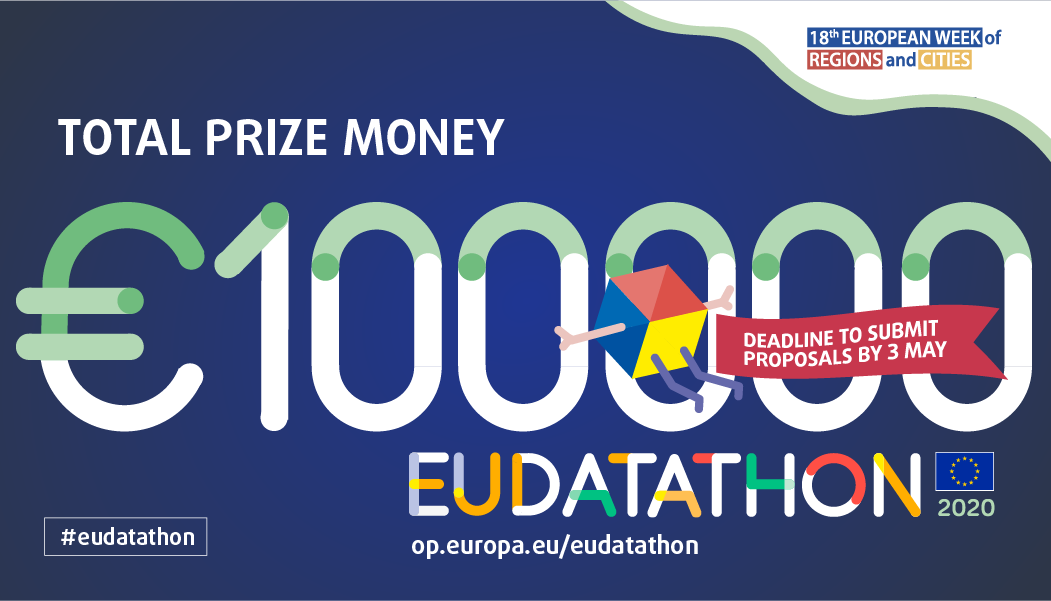 |
|
 |
|
 |
|
 |
|
 |
|
 |
|
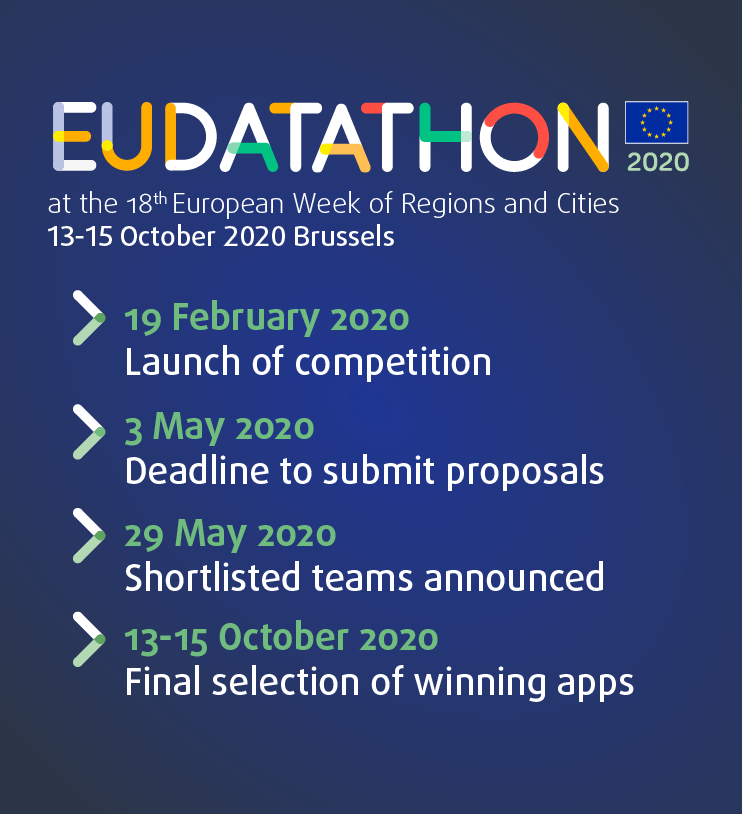 |
|
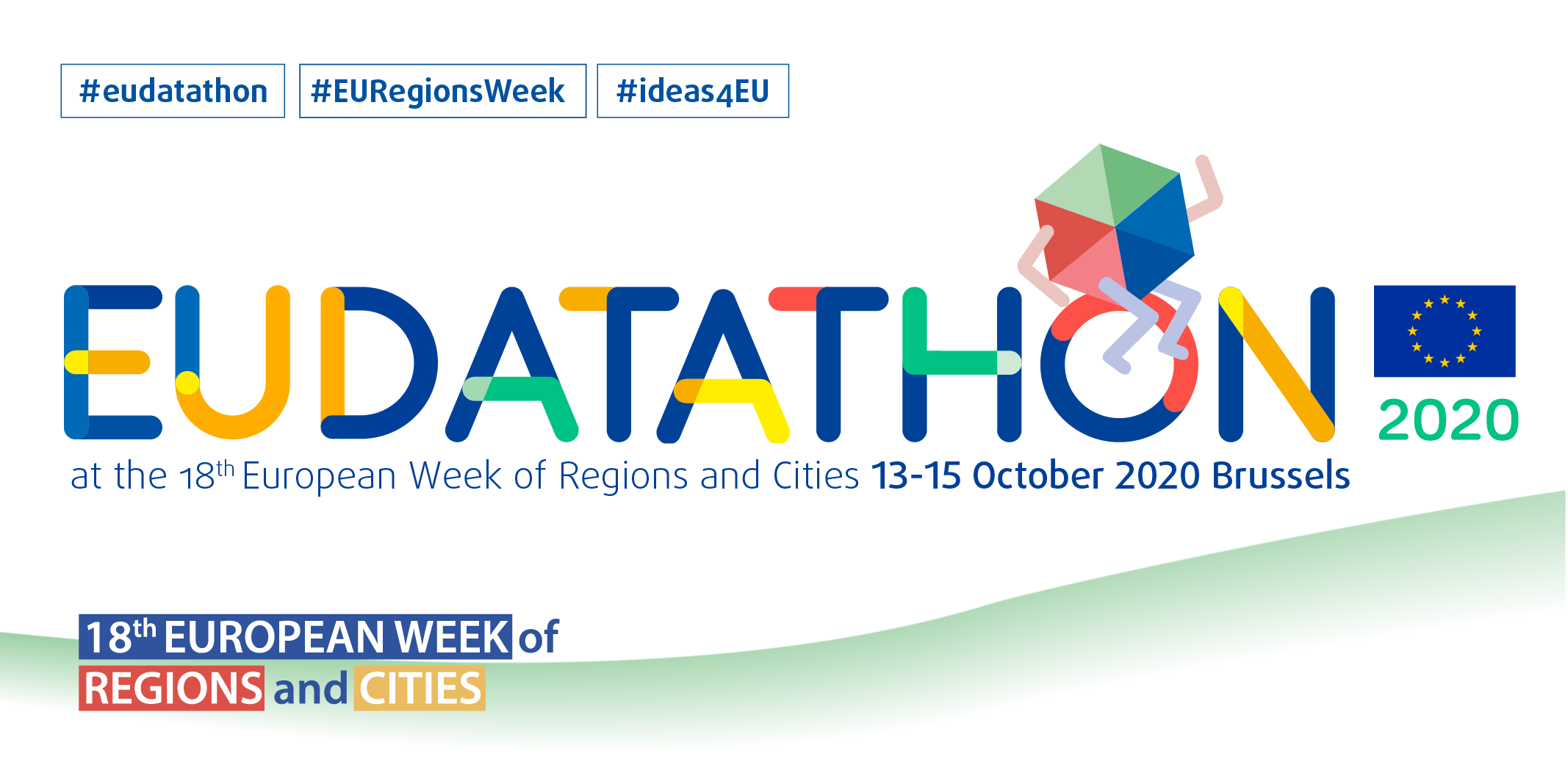 |
|
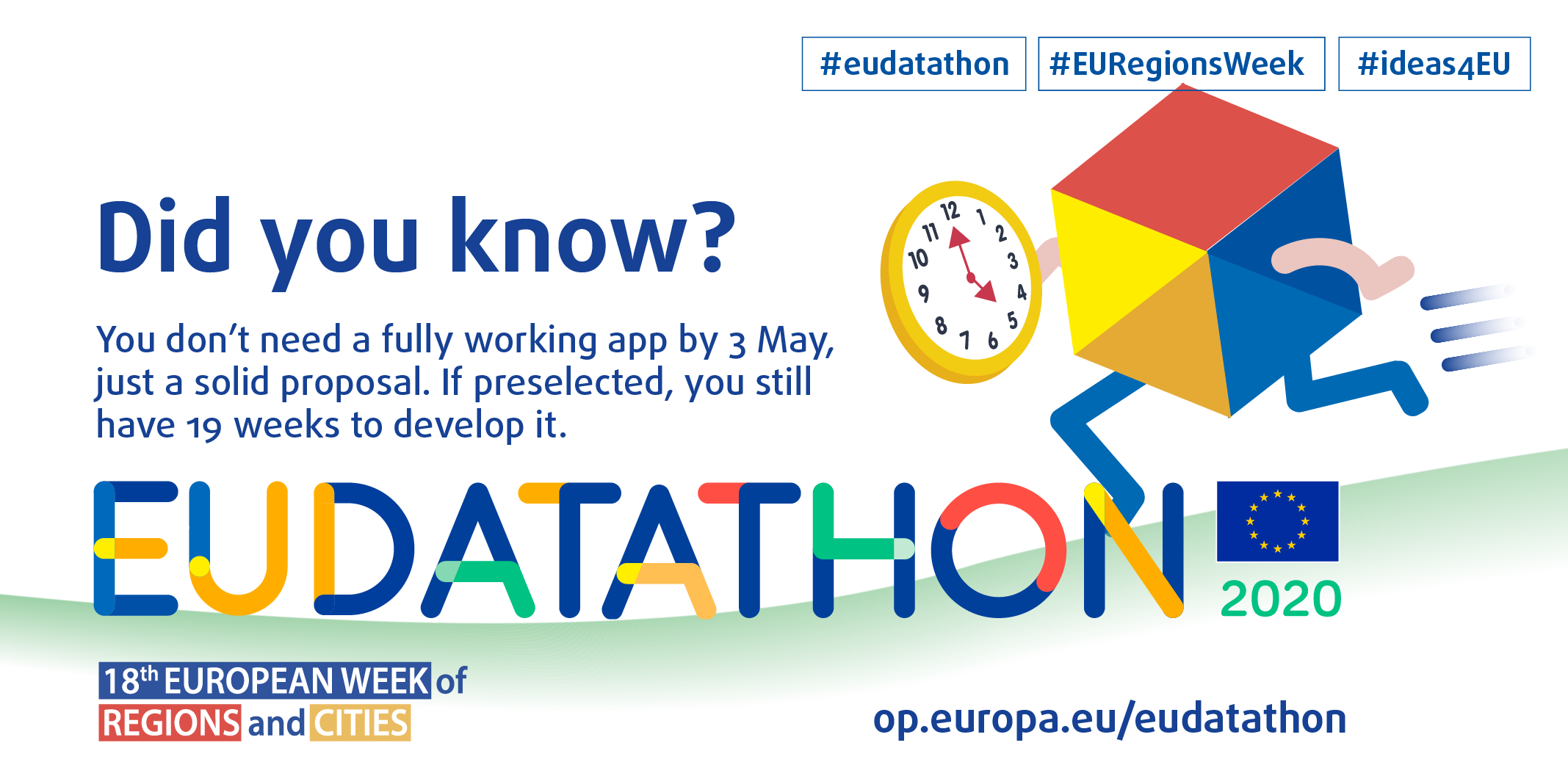 |
|
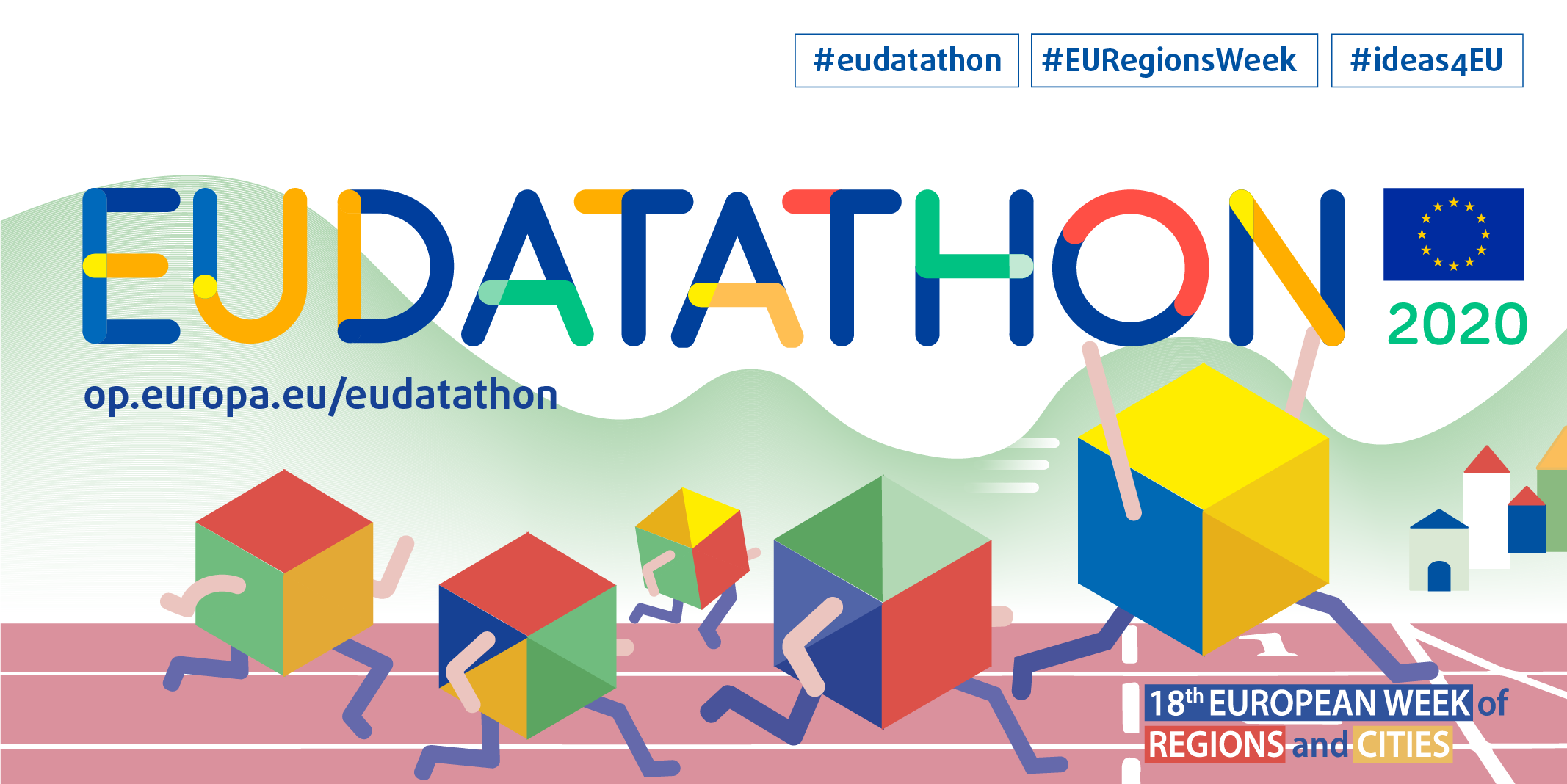 |
|
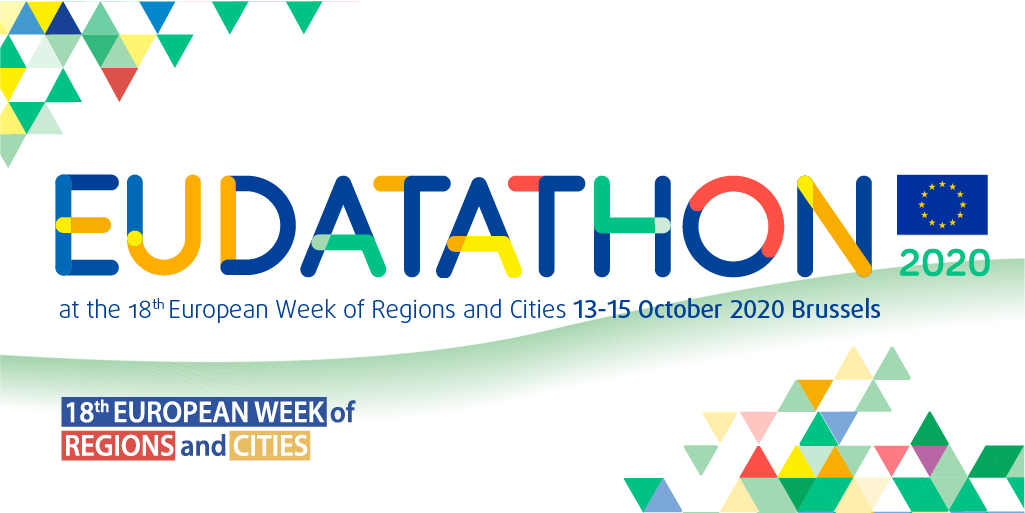 |
|
 |
|
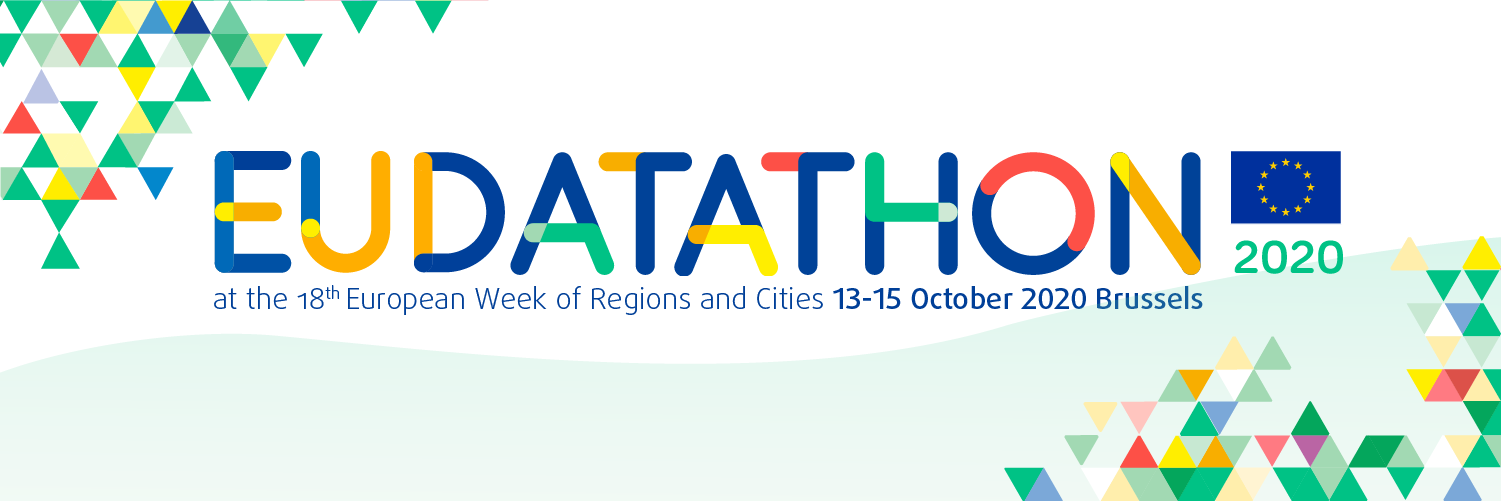 |
|
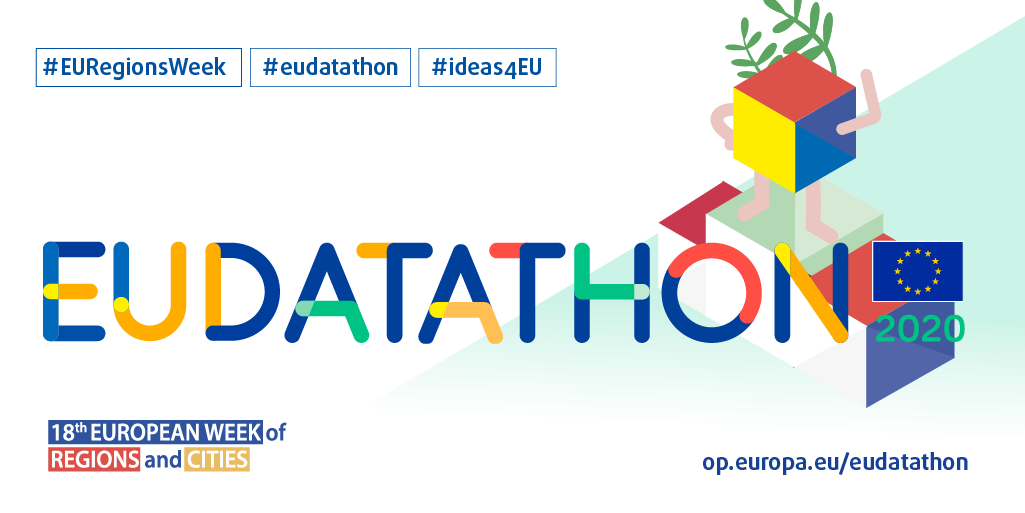 |
|
 |
|
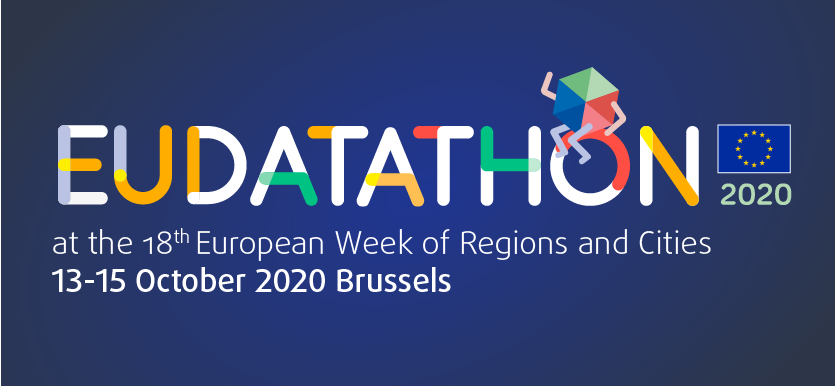 |
|
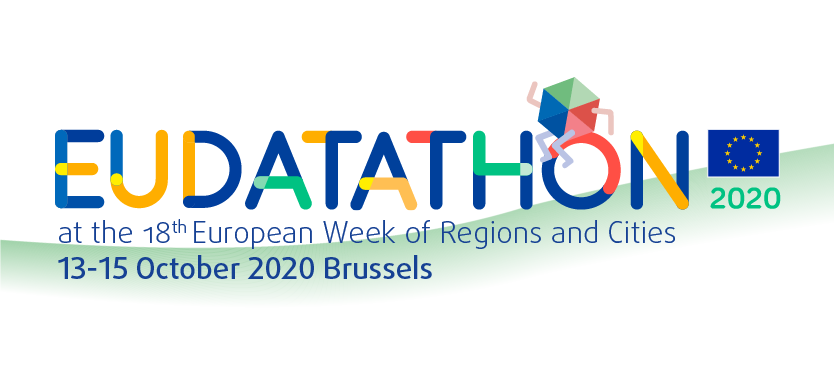 |
|
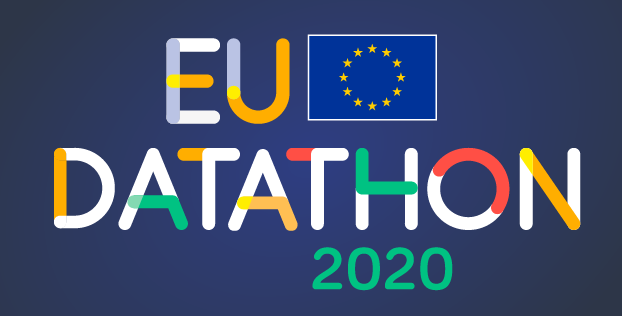 |
|
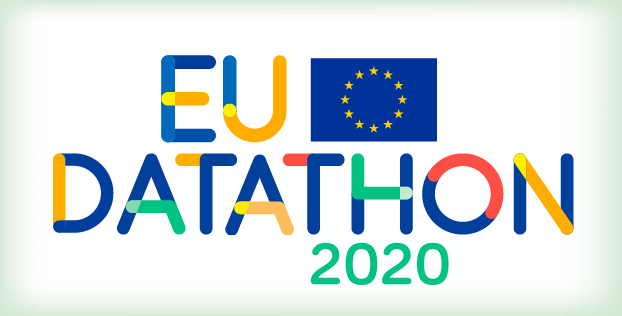 |
|
 |
|
 |
|
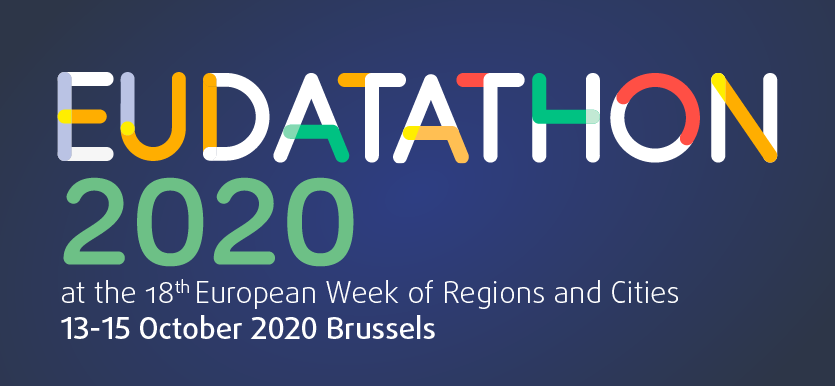 |
|
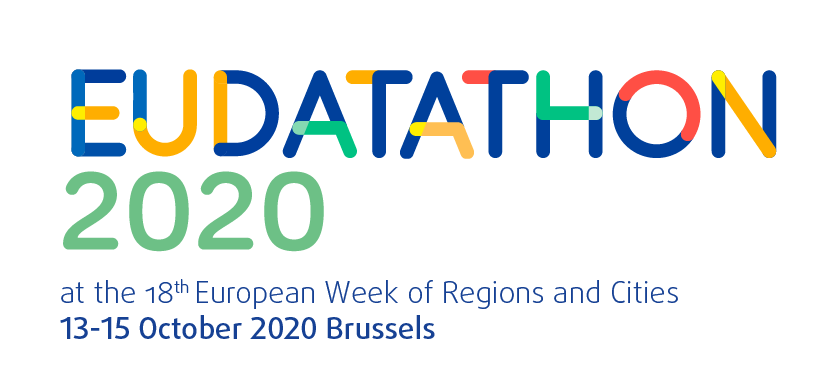 |
|
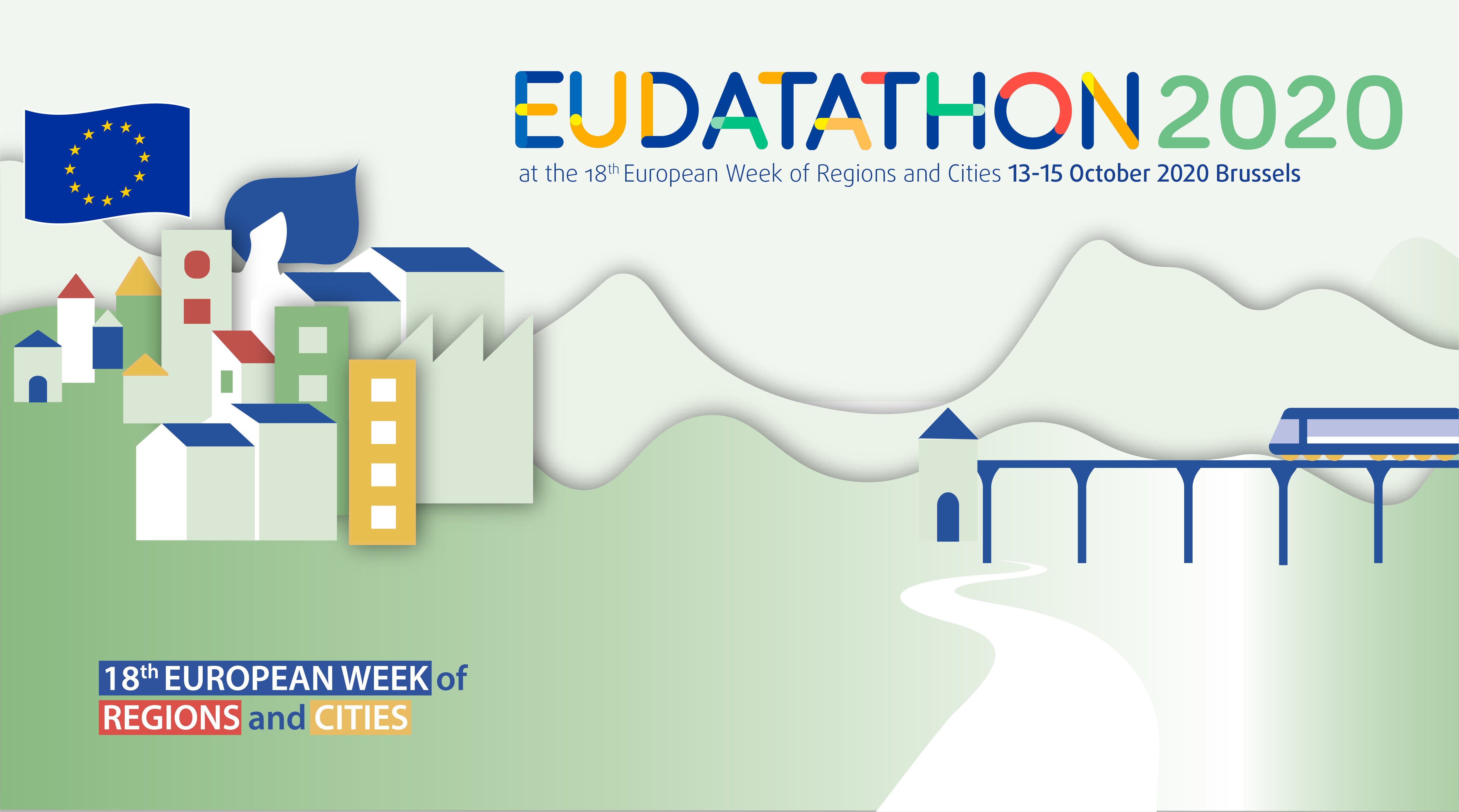 |
|
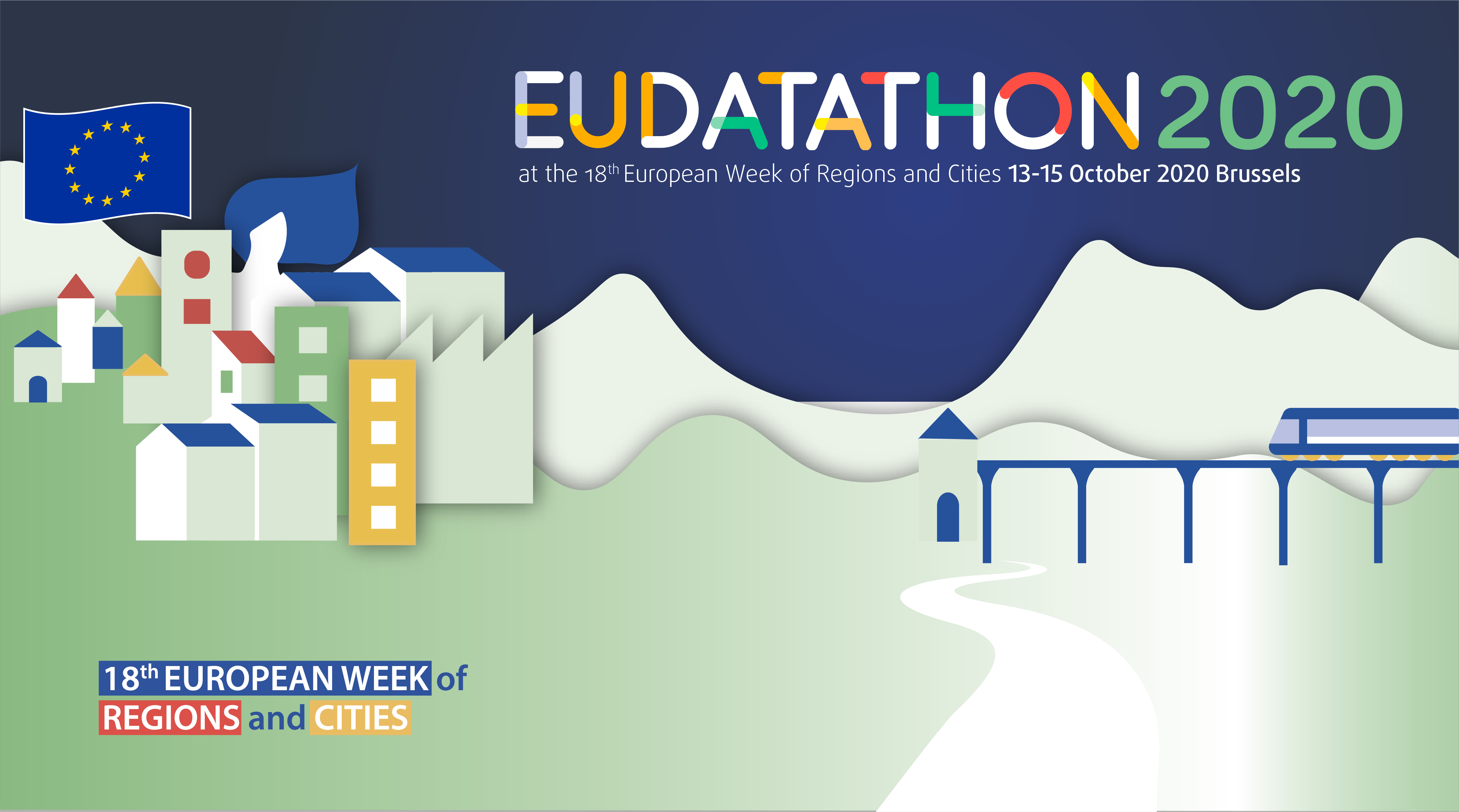 |
|
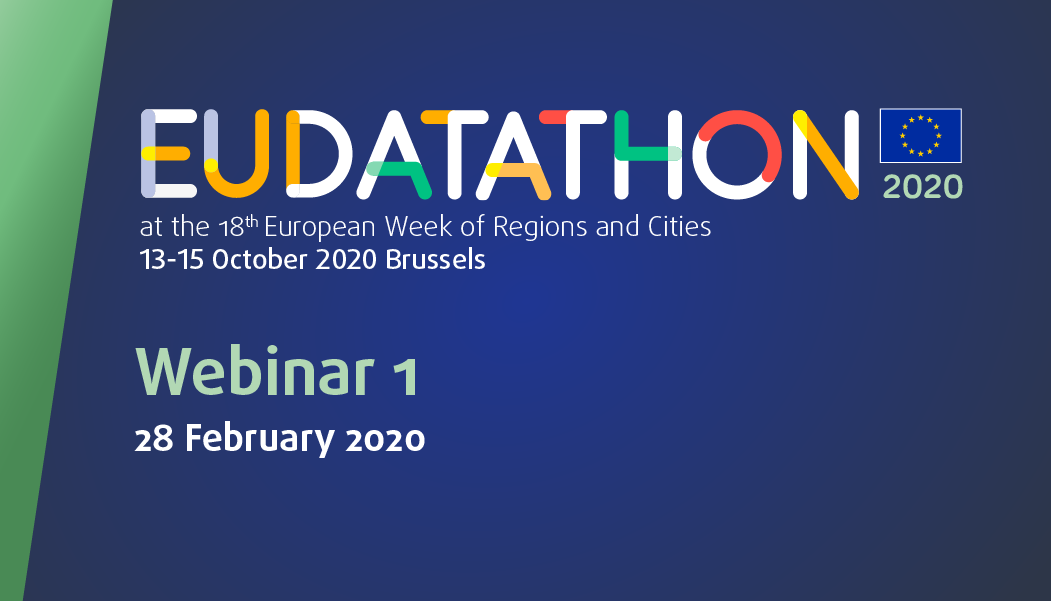 |
|
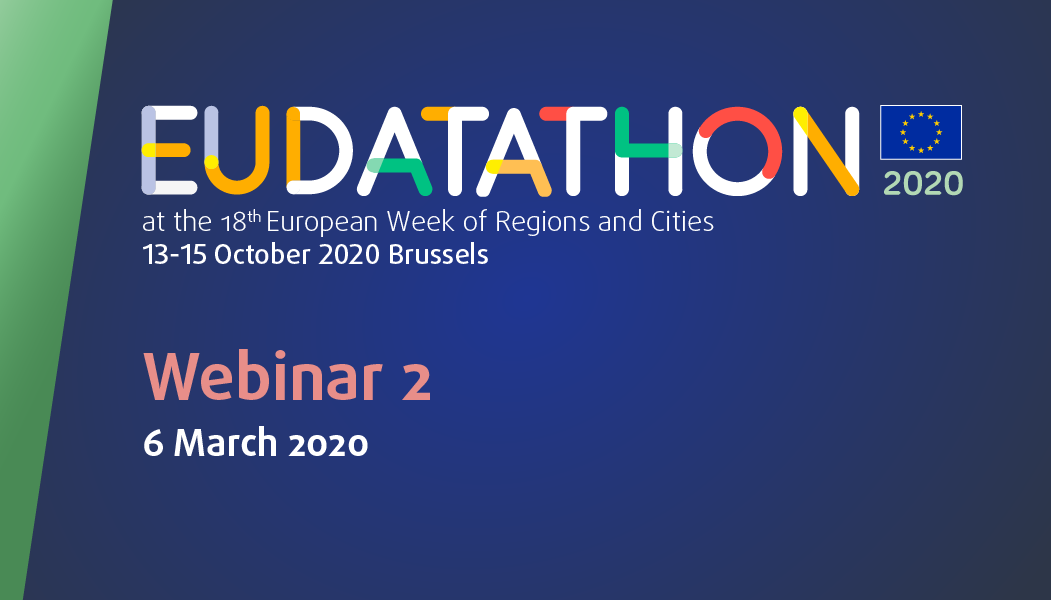 |
|
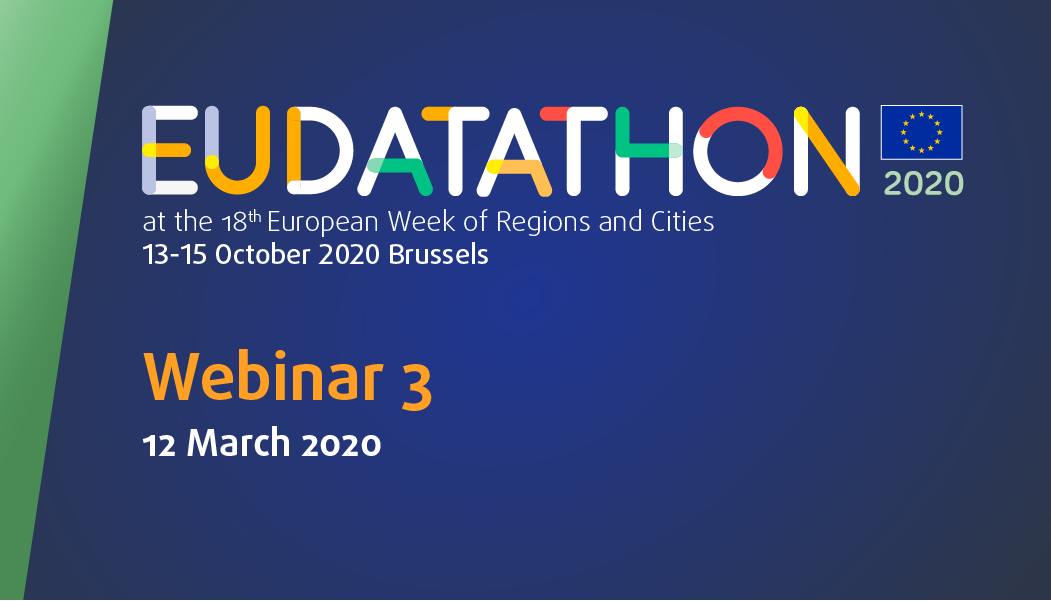 |
|
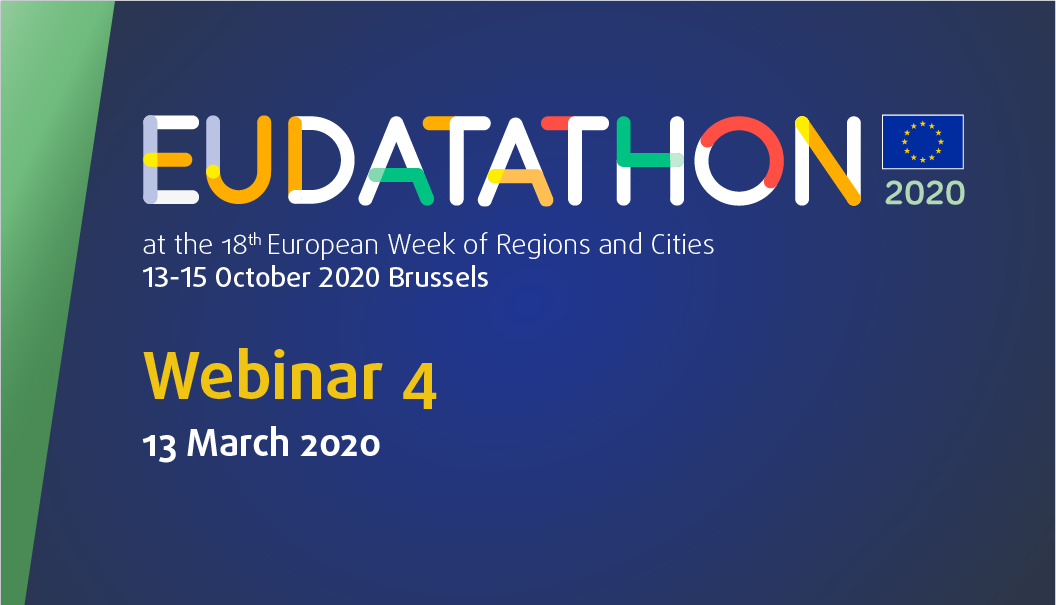 |
|
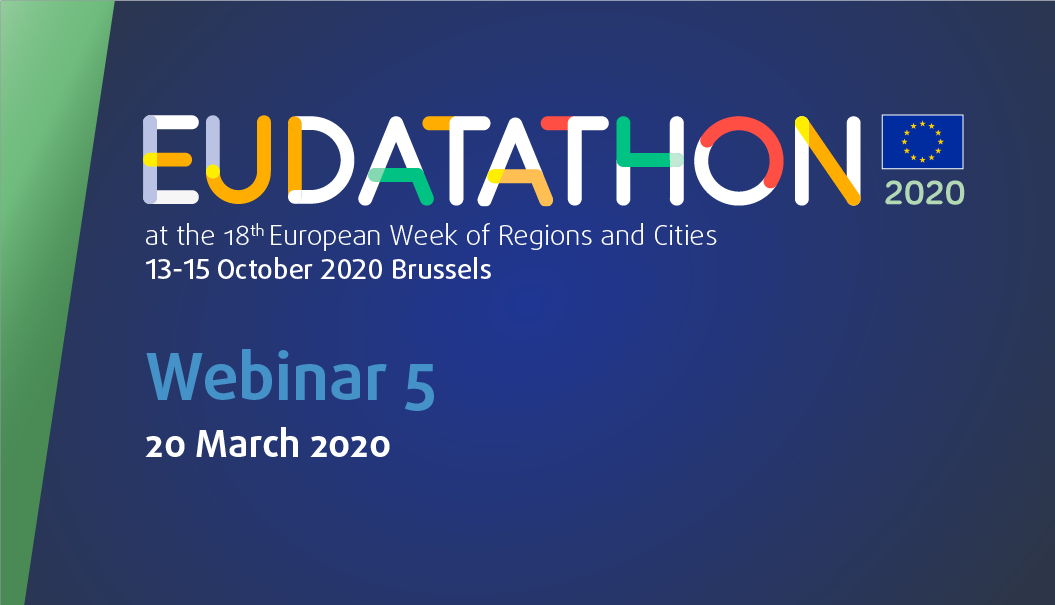 |
|
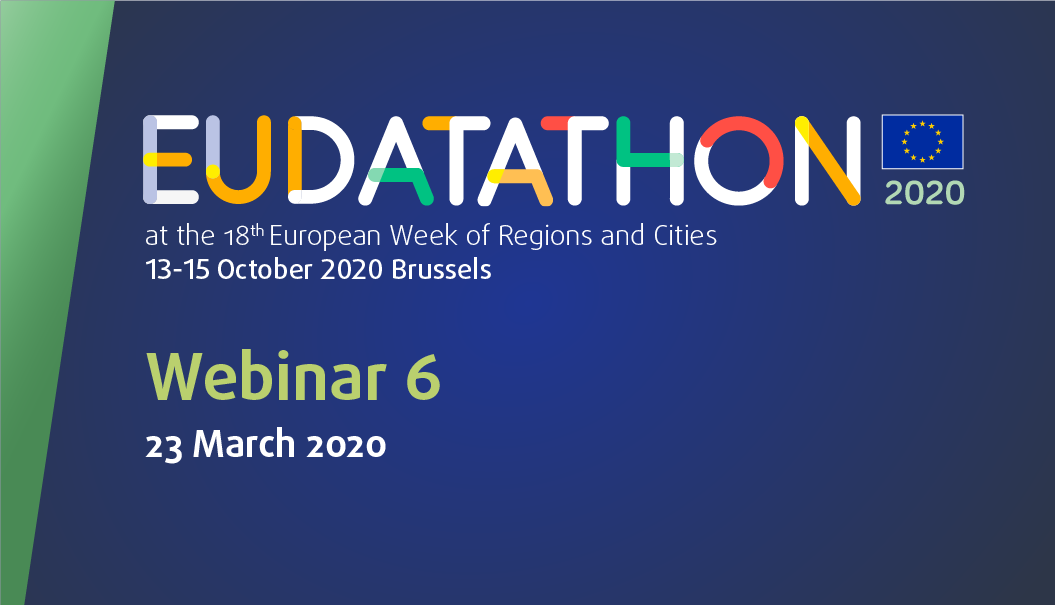 |
|
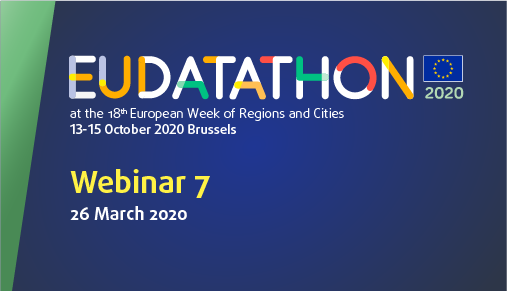 |
|
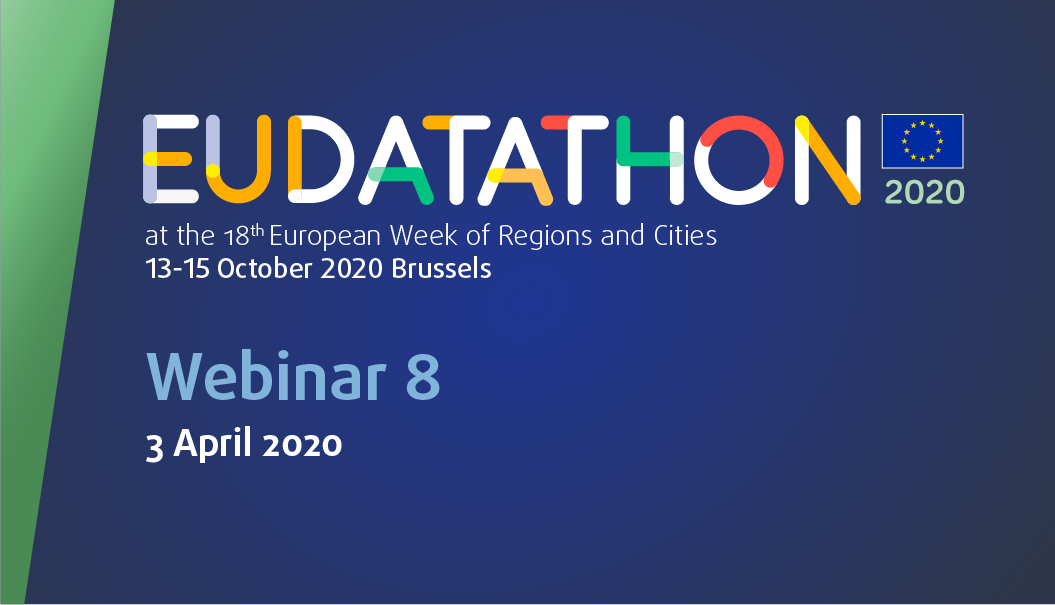 |
|
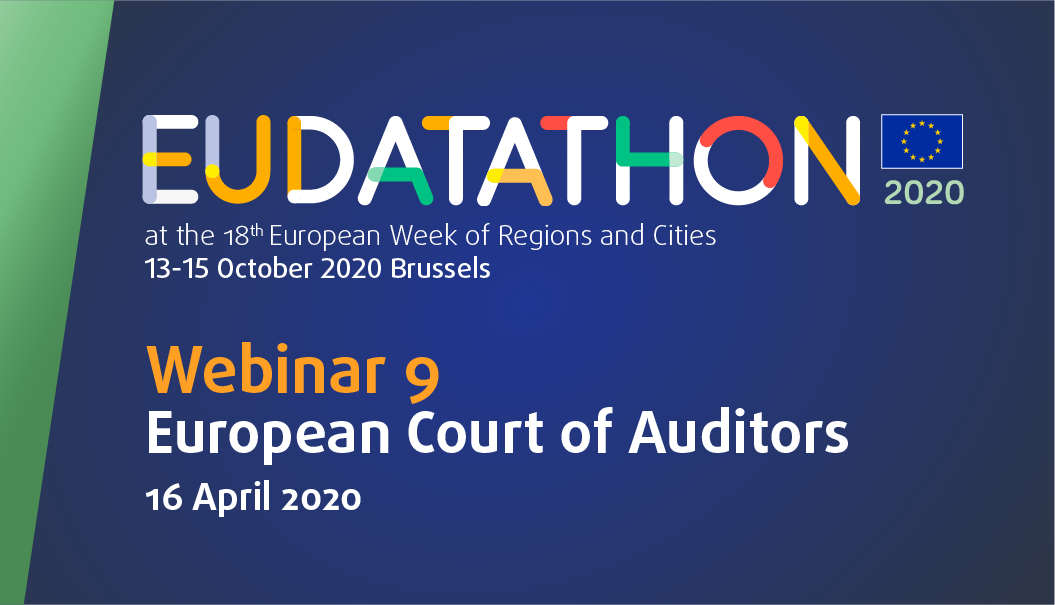 |
|
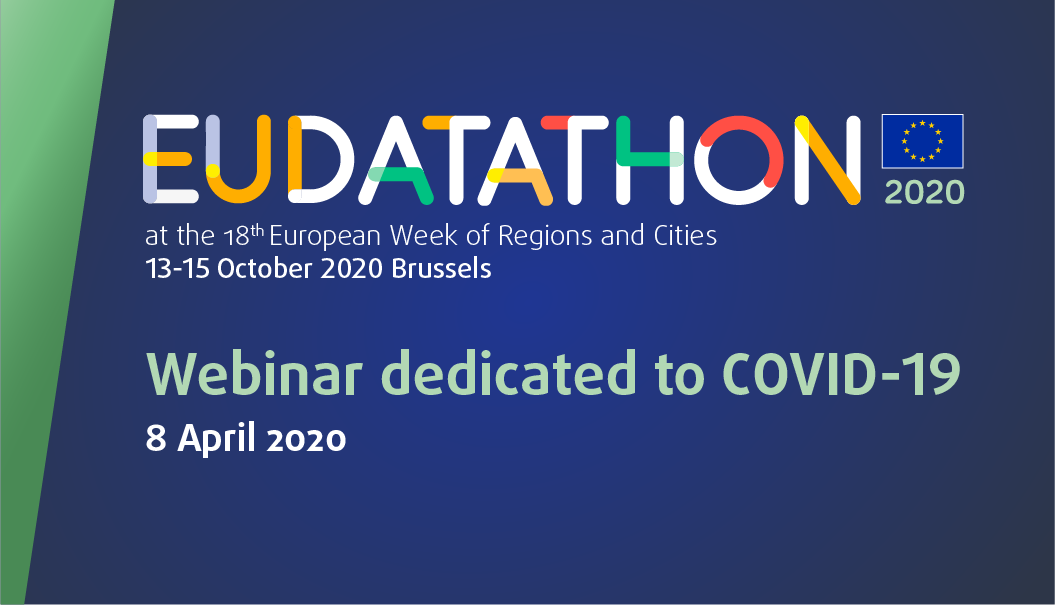 |
|
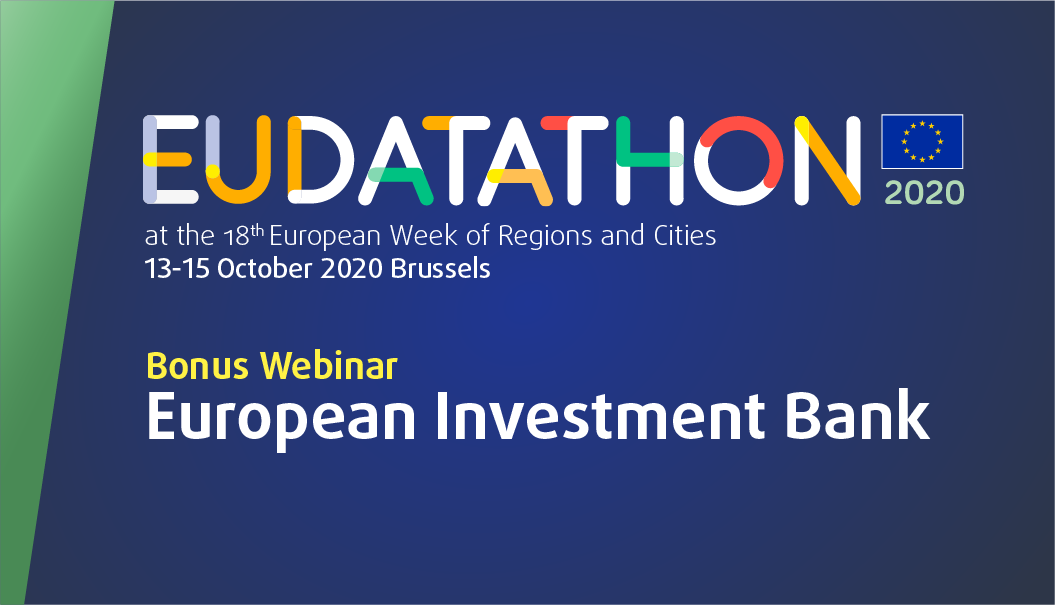 |
|
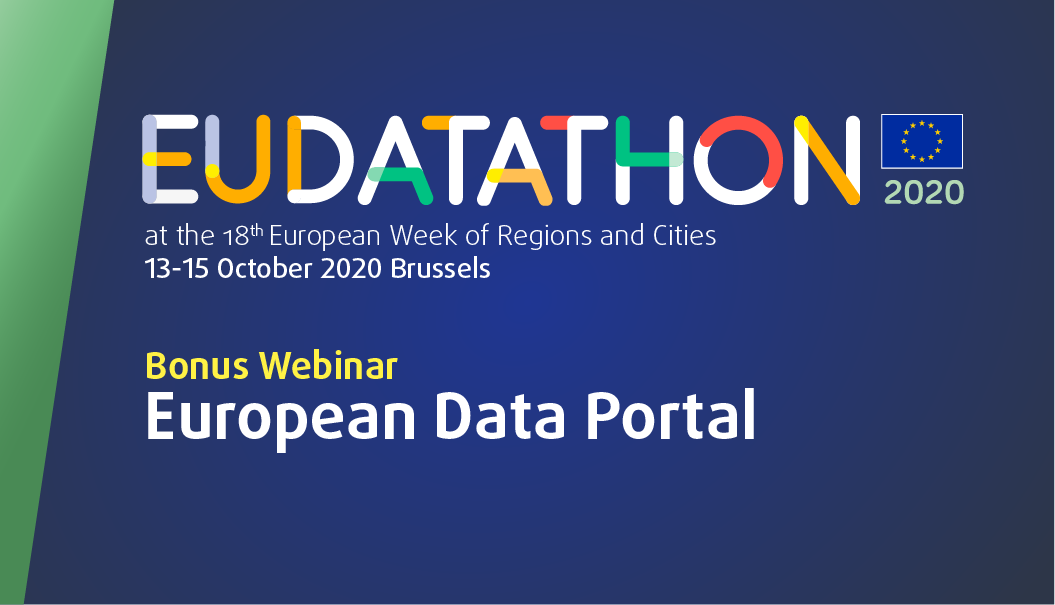 |
|
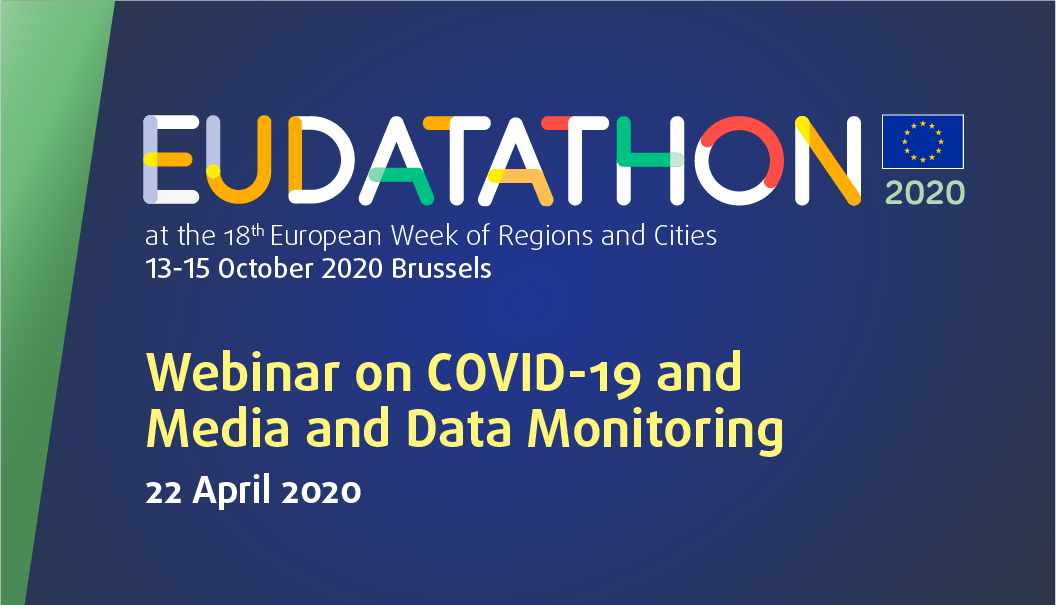 |
|
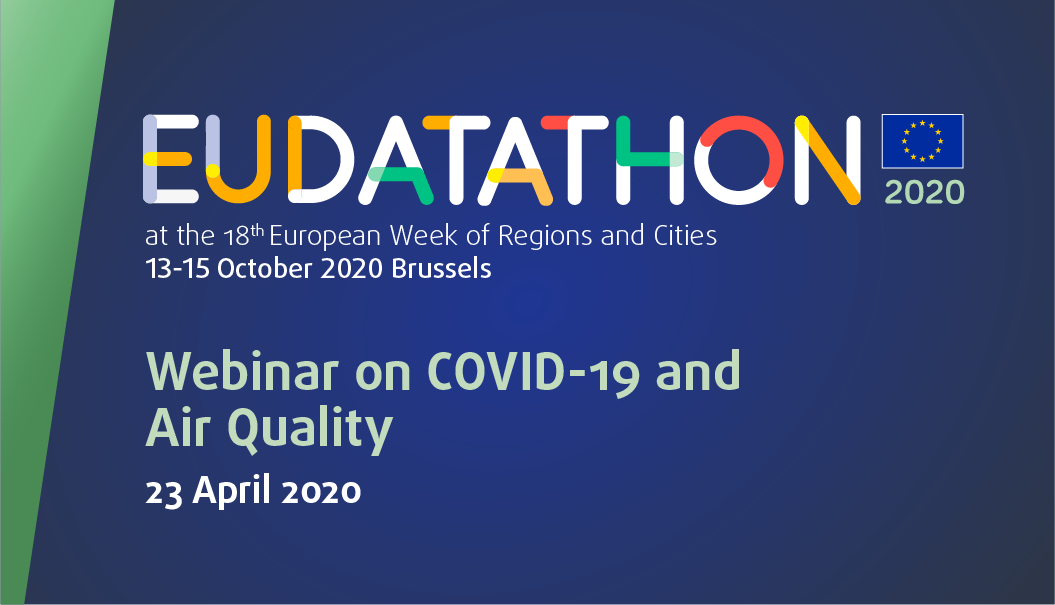 |
|
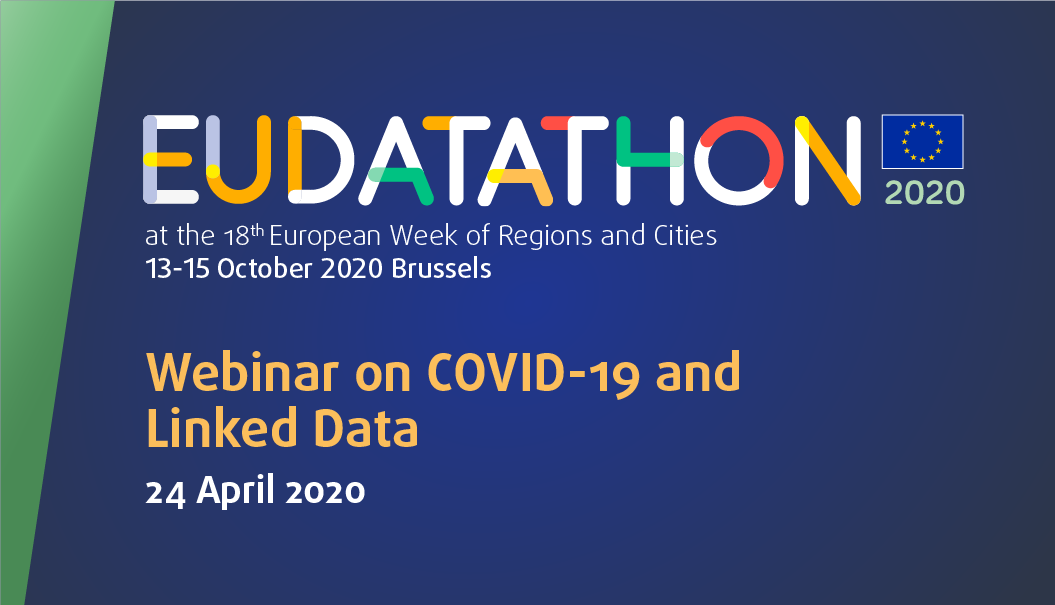 |
|
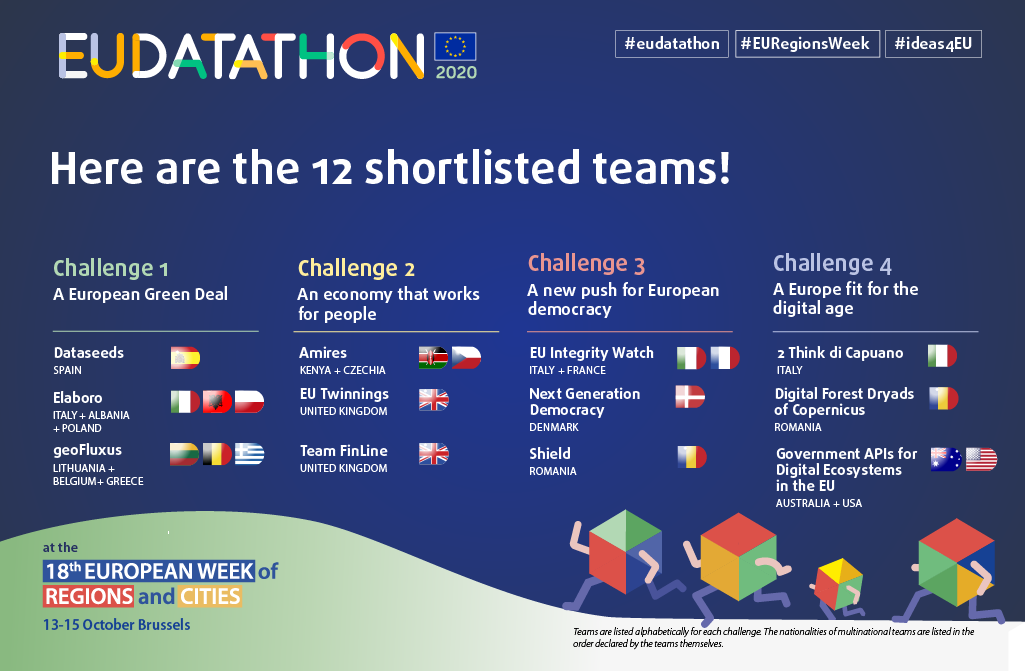 |
|
 |
|
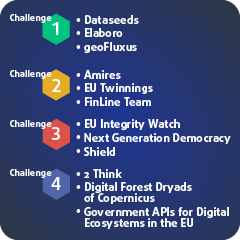 |
|
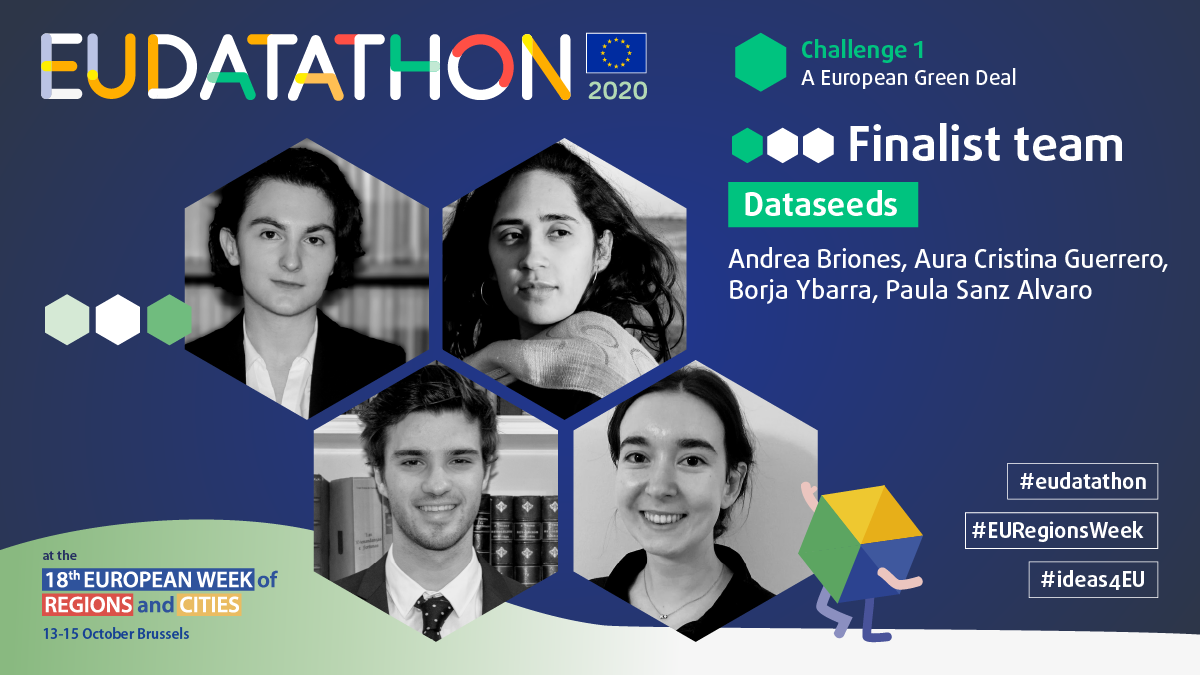 |
|
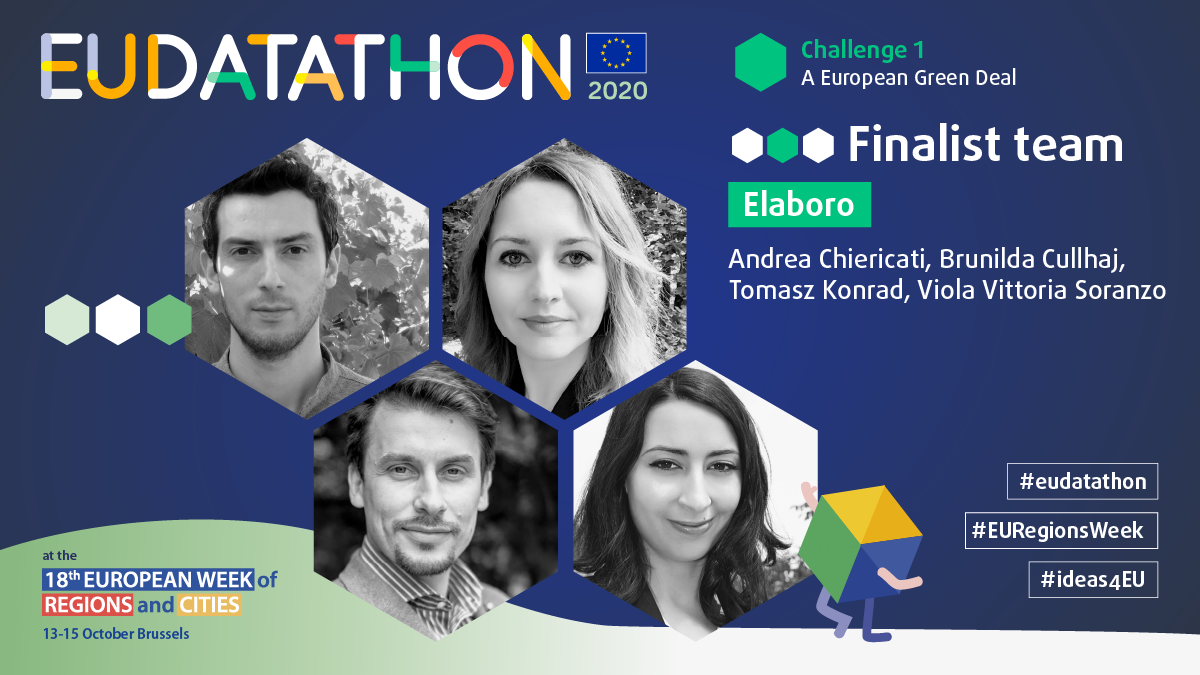 |
|
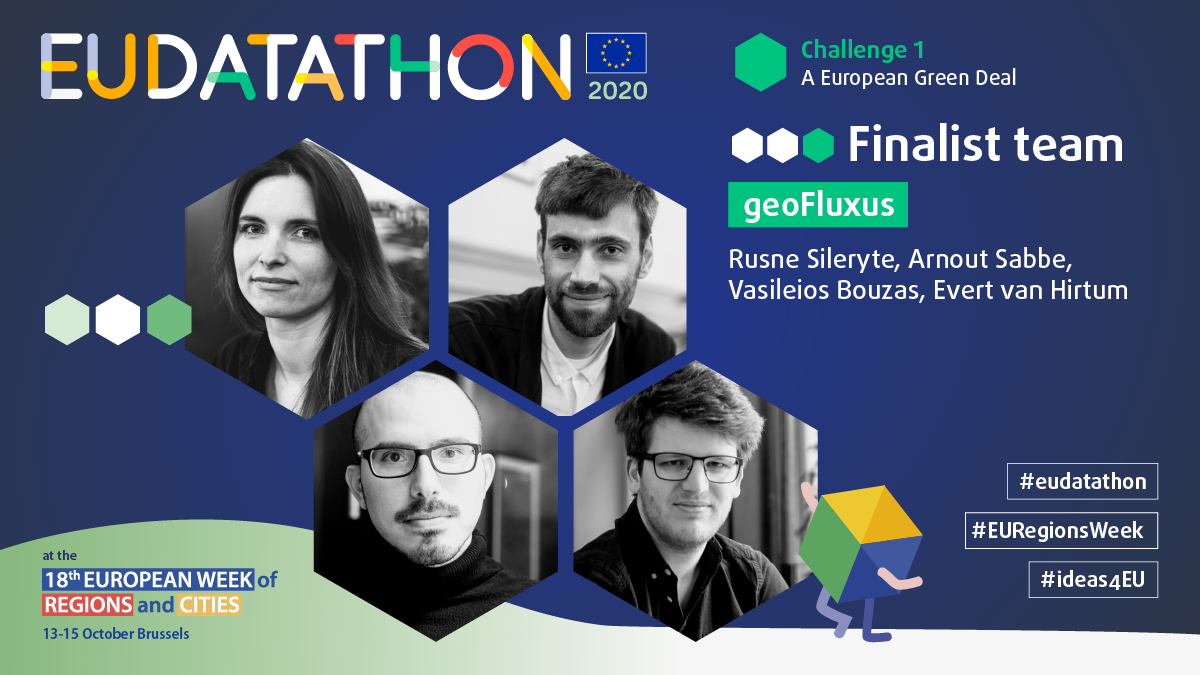 |
|
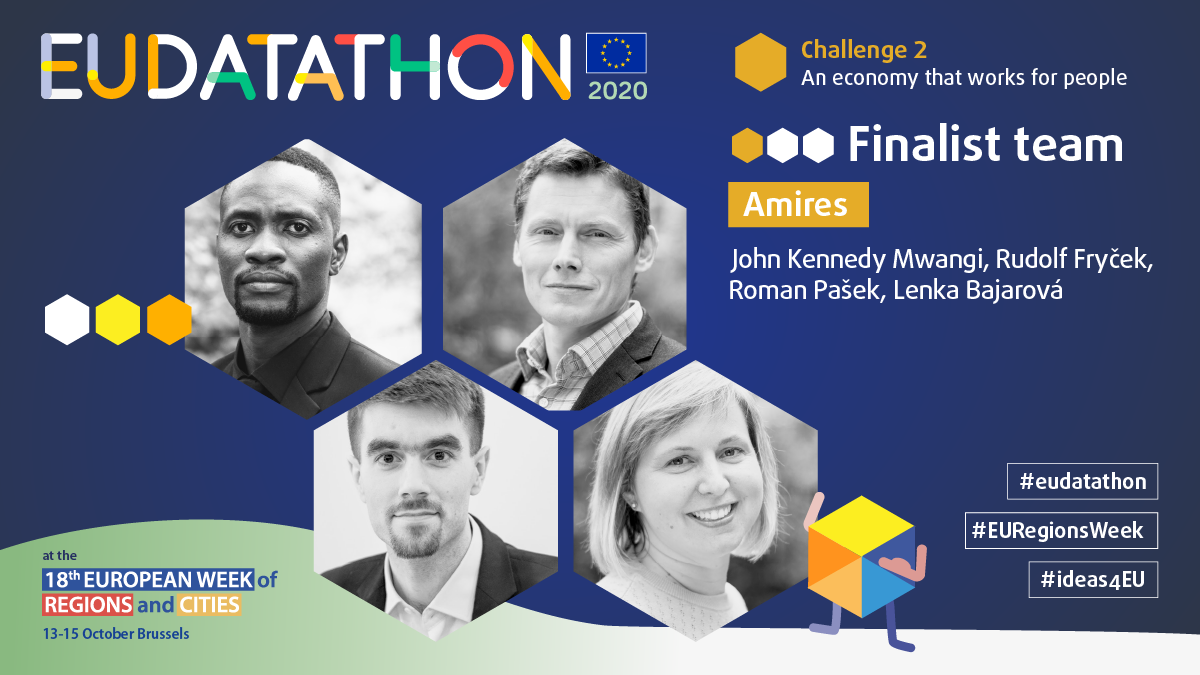 |
|
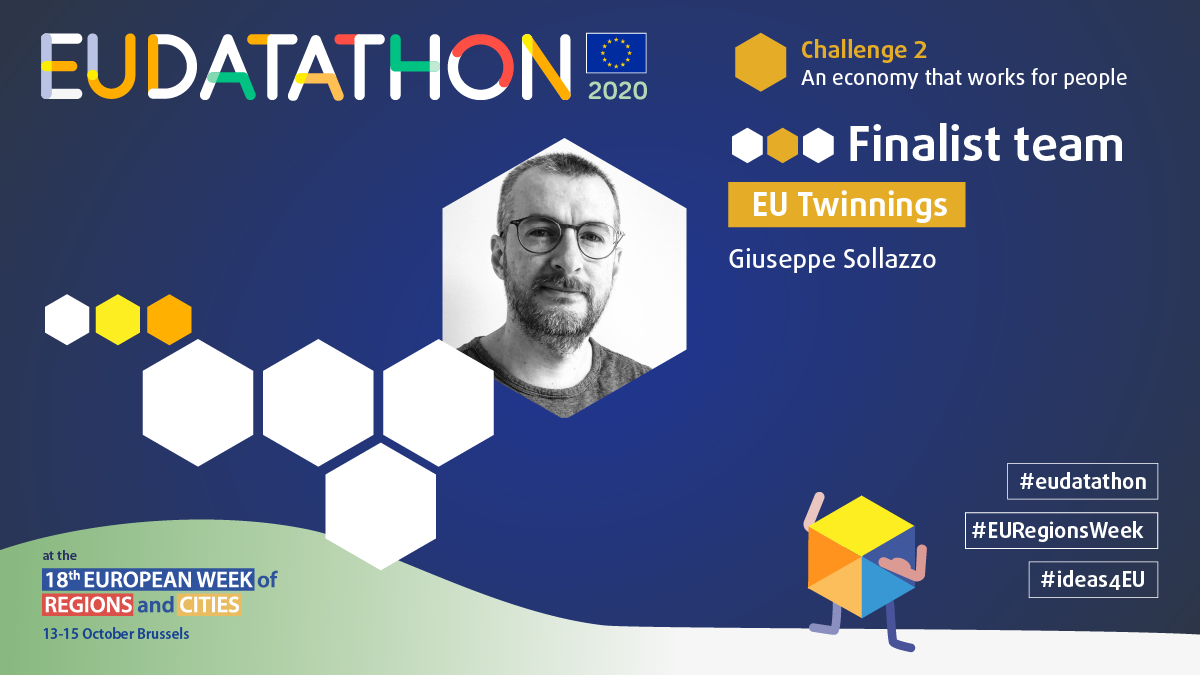 |
|
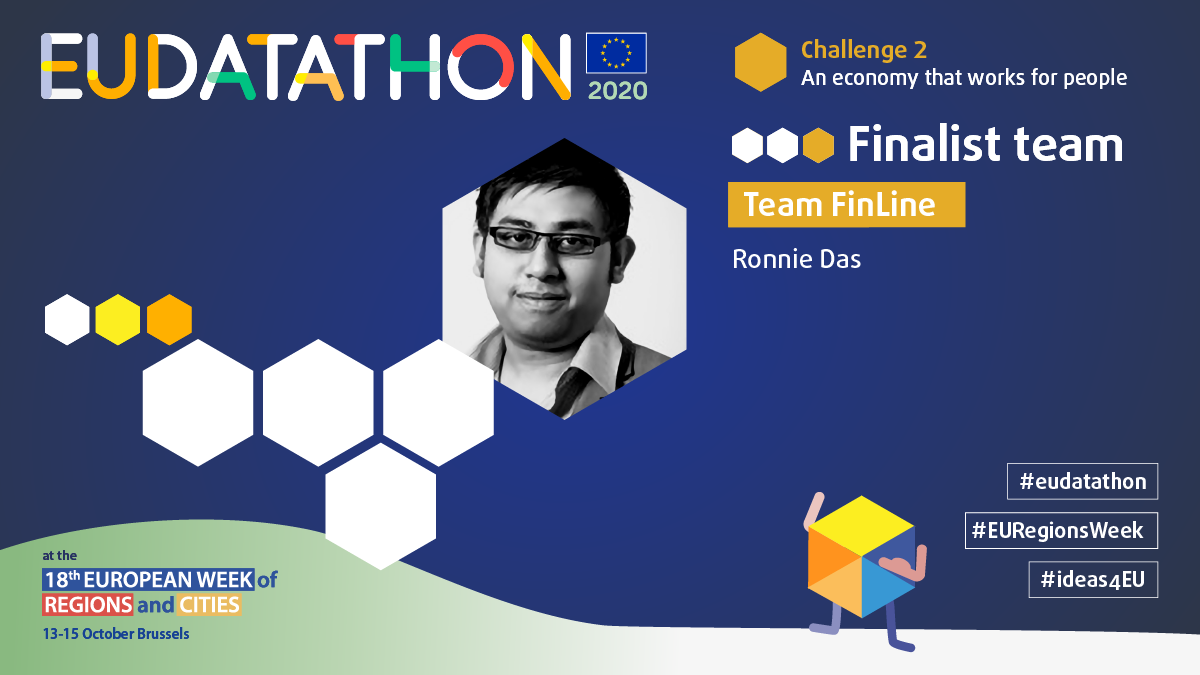 |
|
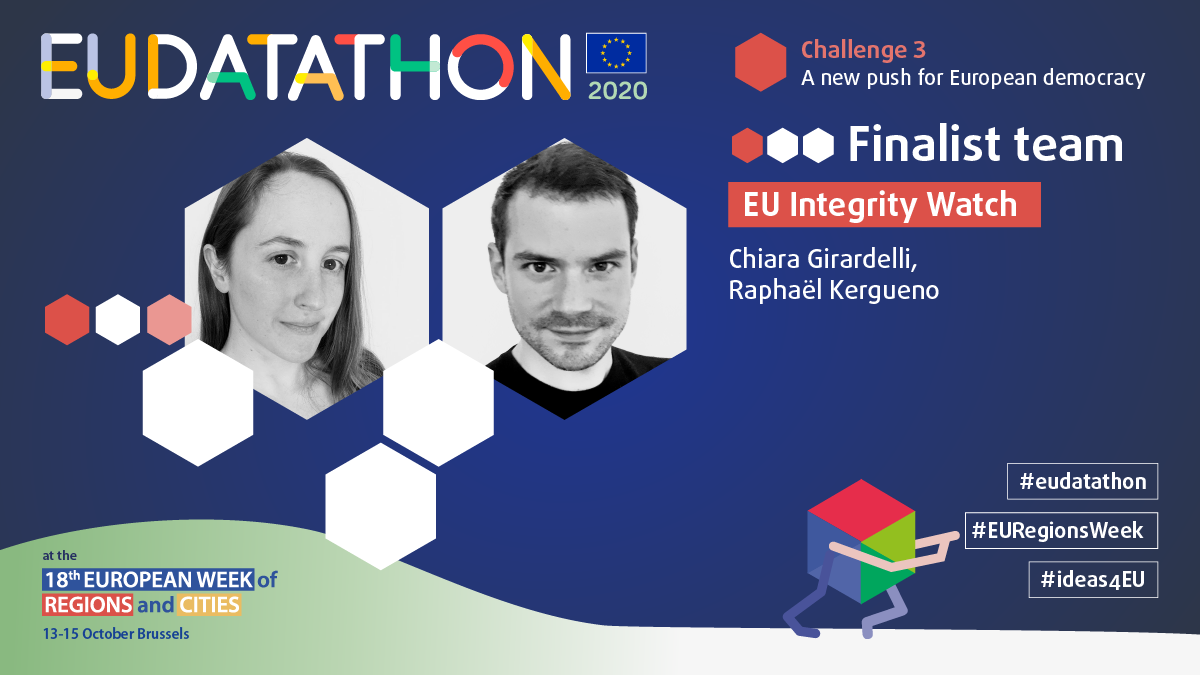 |
|
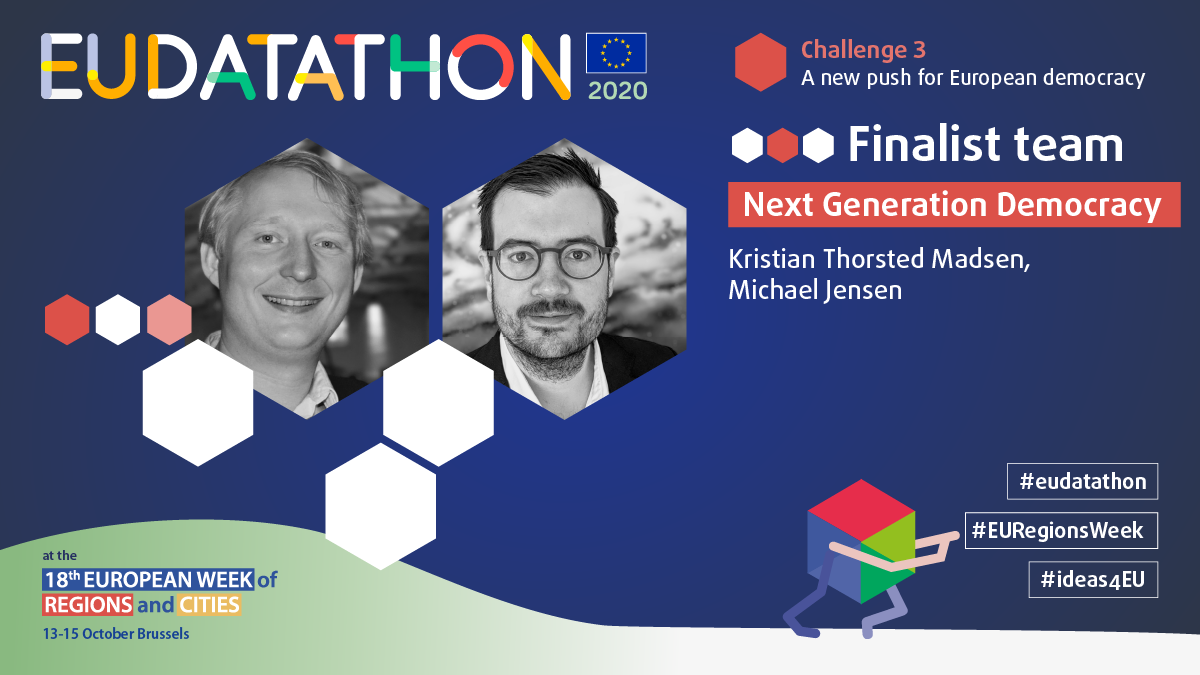 |
|
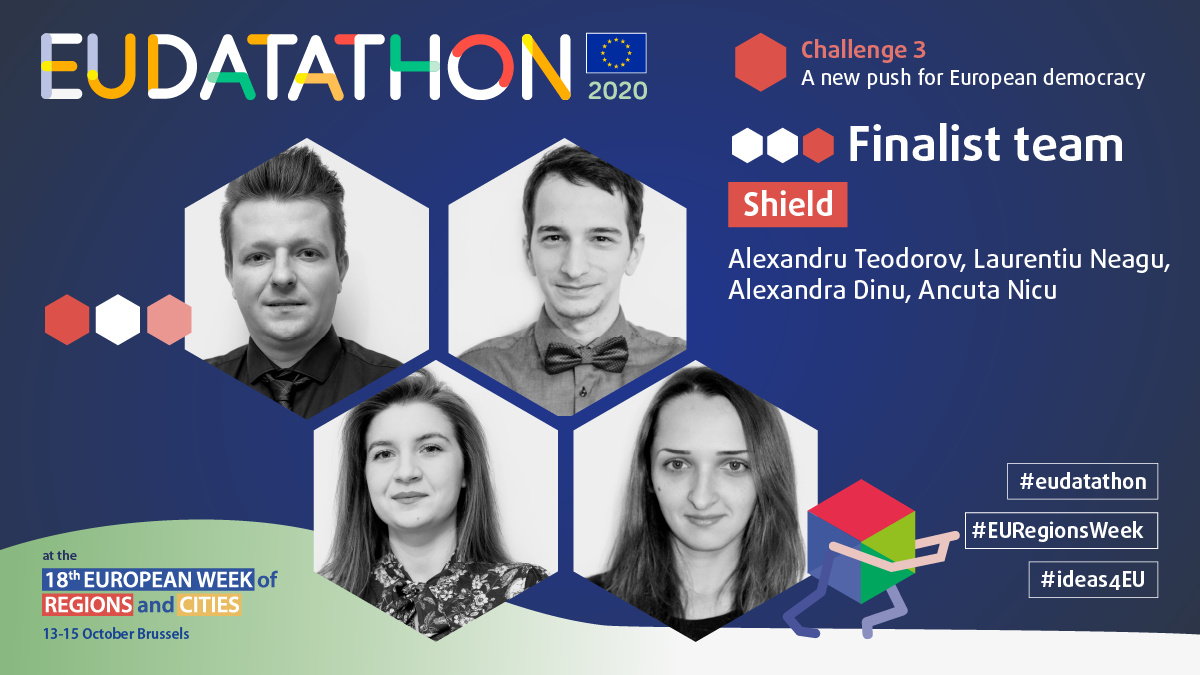 |
|
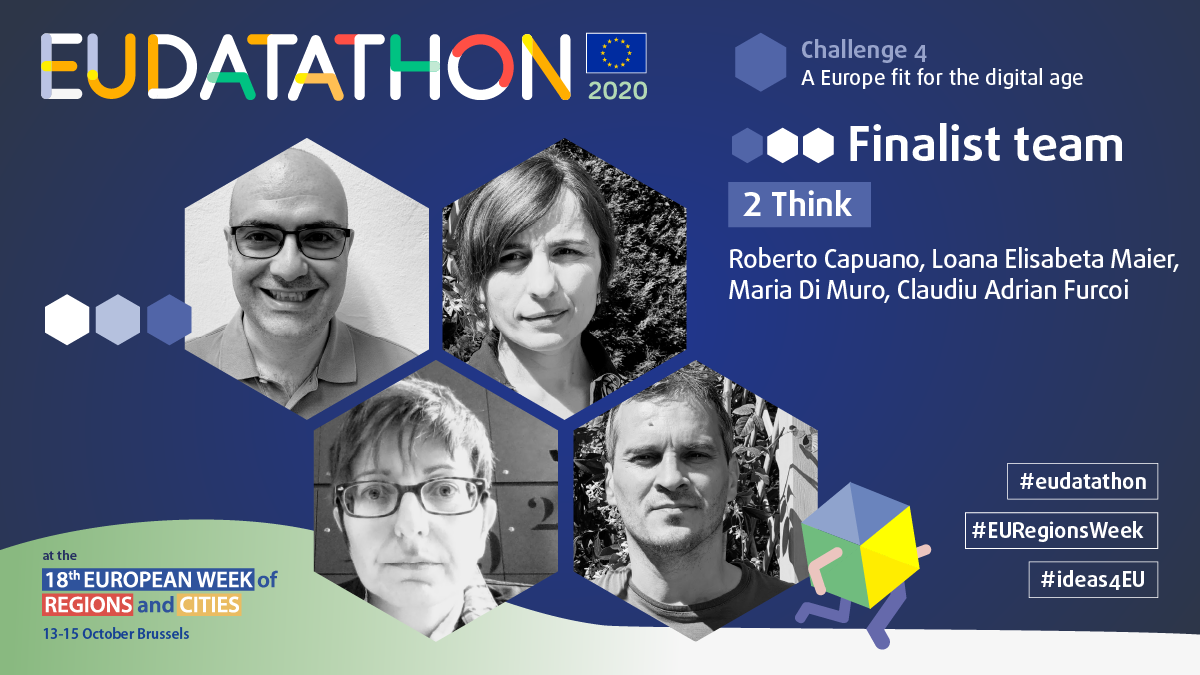 |
|
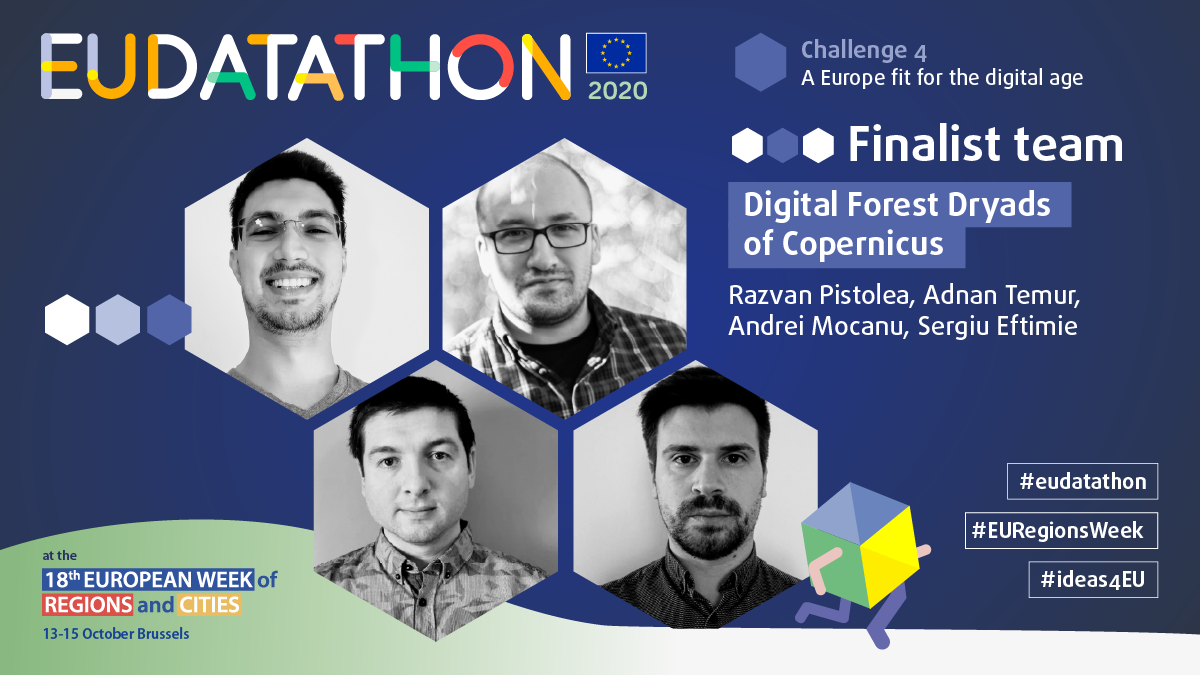 |
|
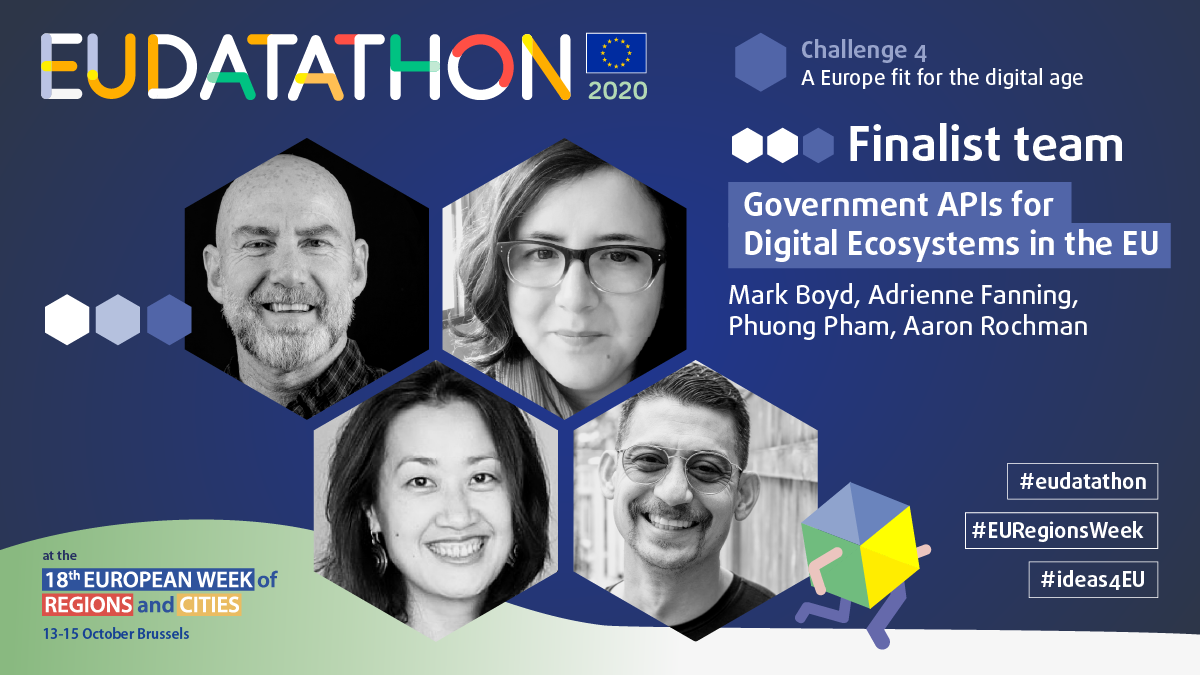 |
|
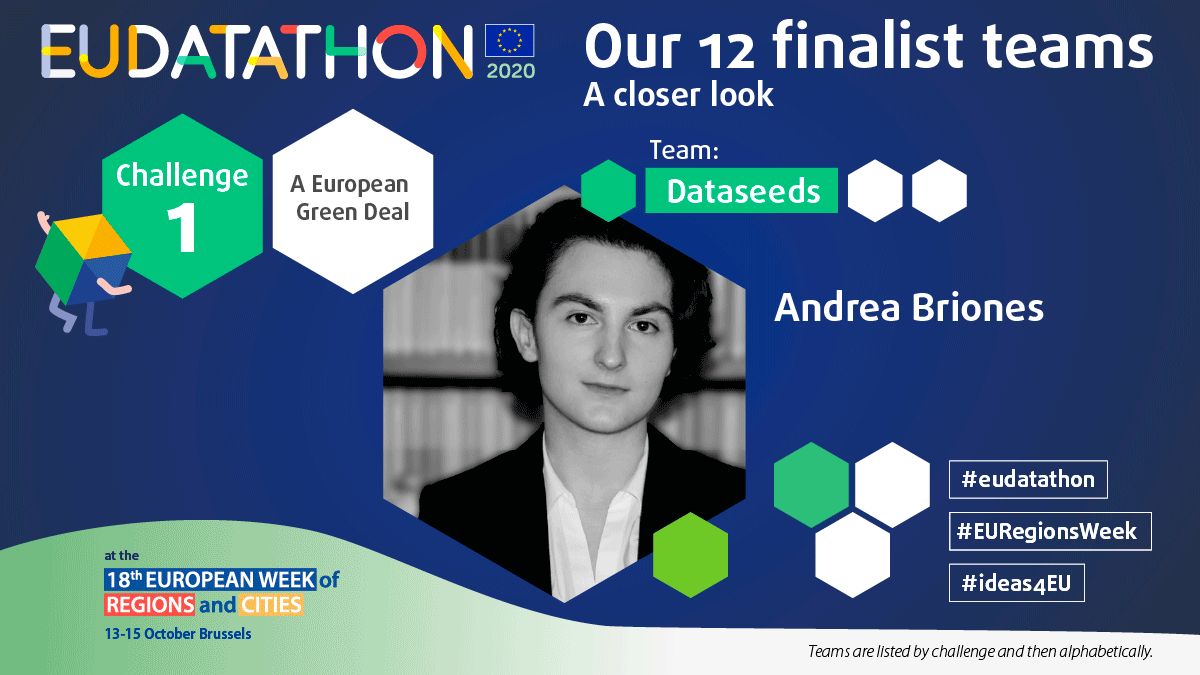 |
|
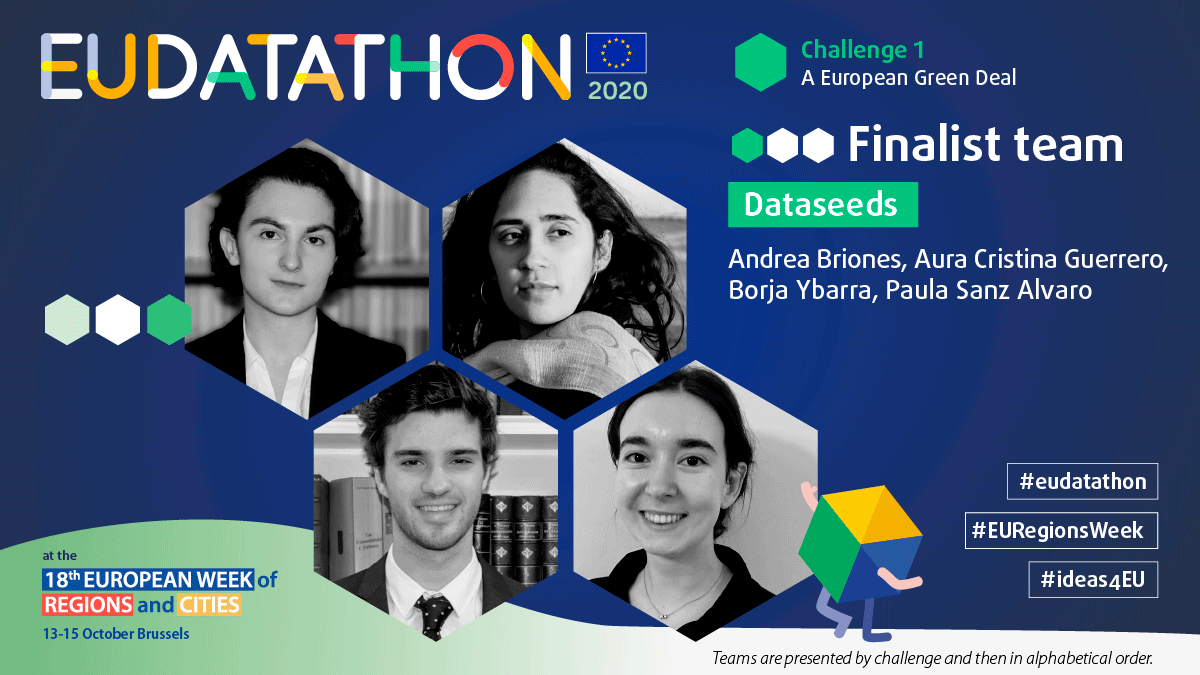 |
|
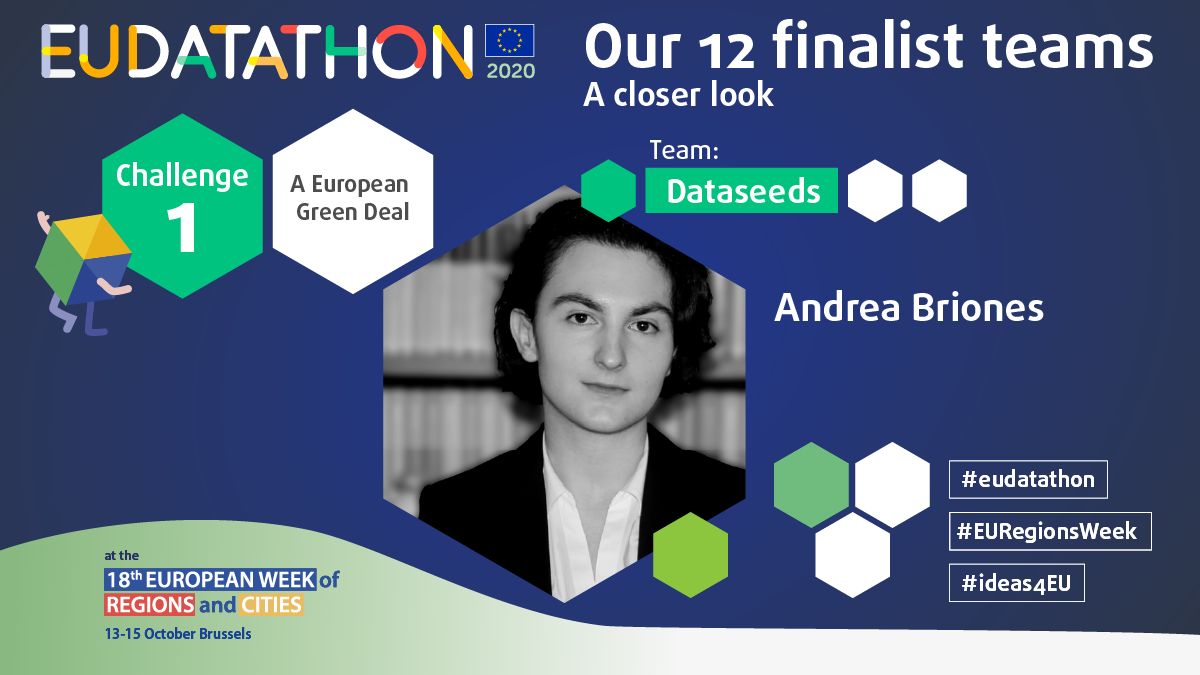 |
|
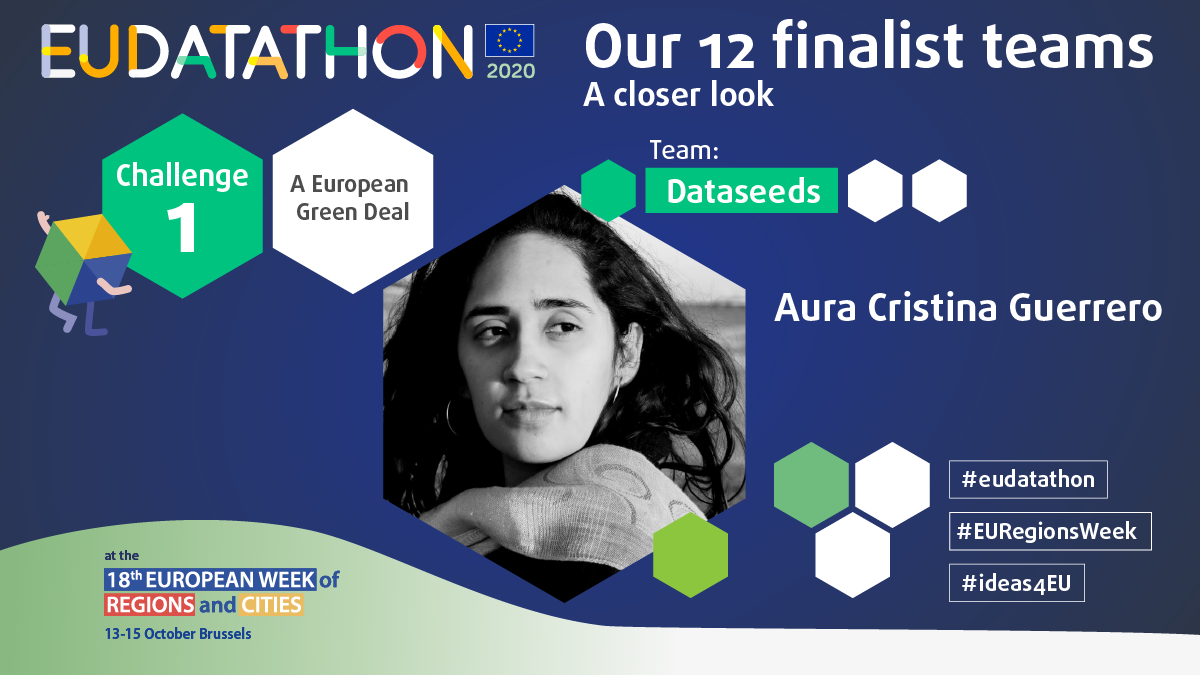 |
|
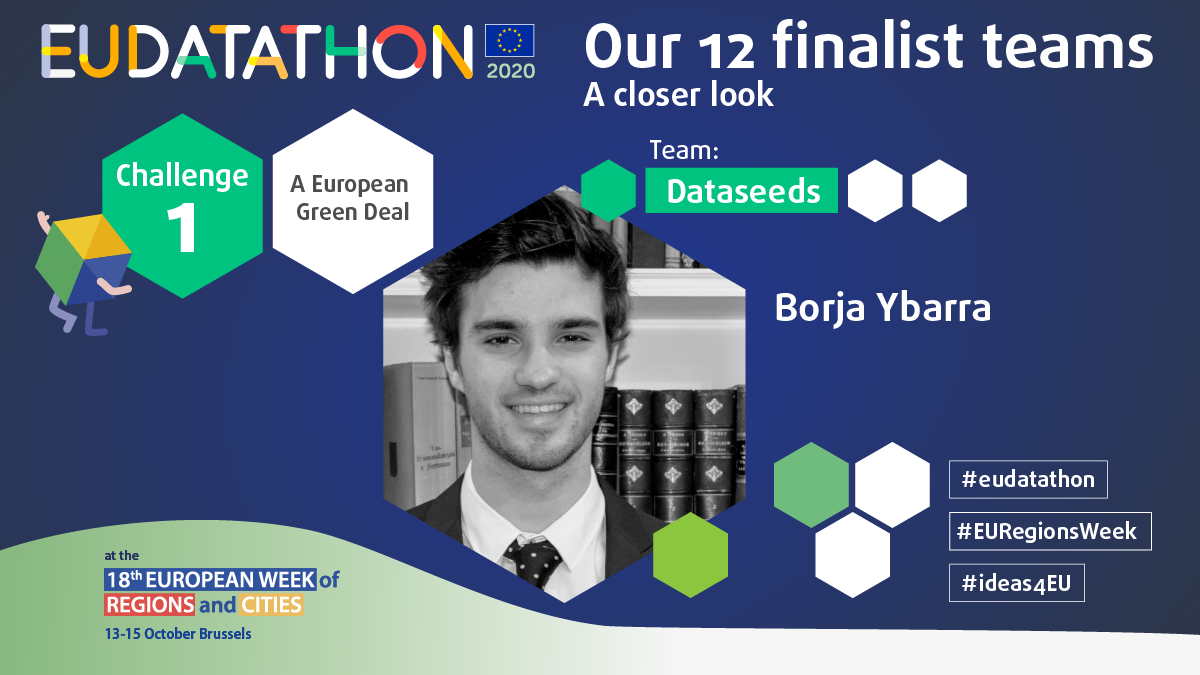 |
|
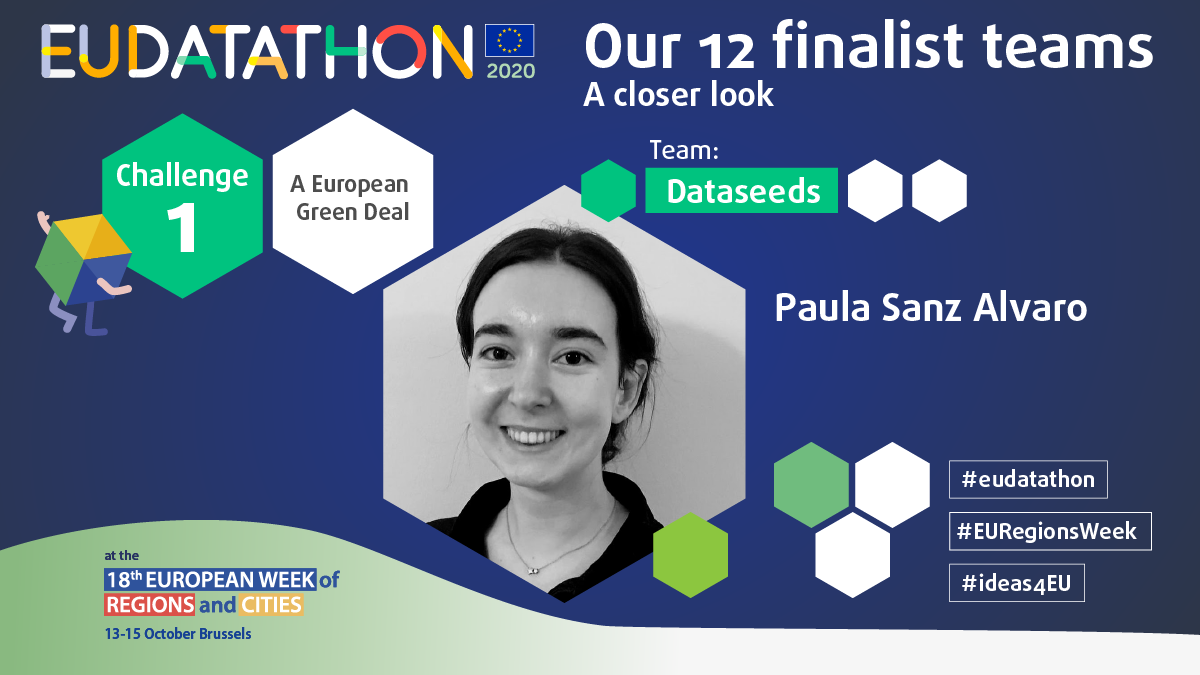 |
|
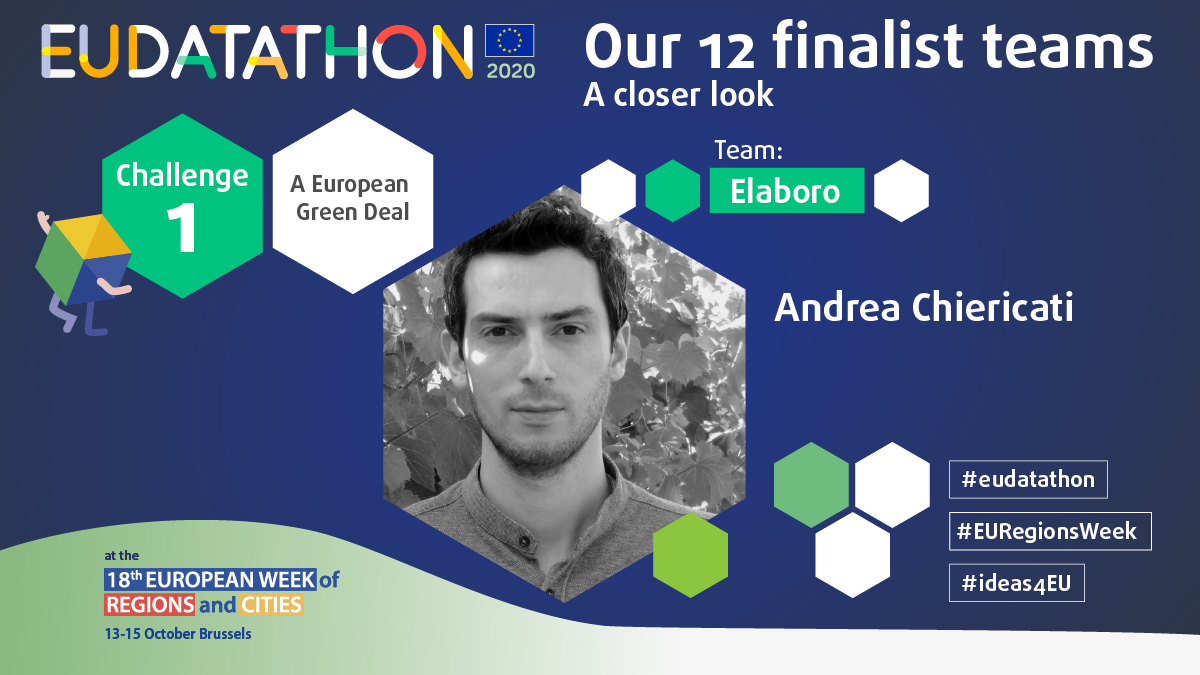 |
|
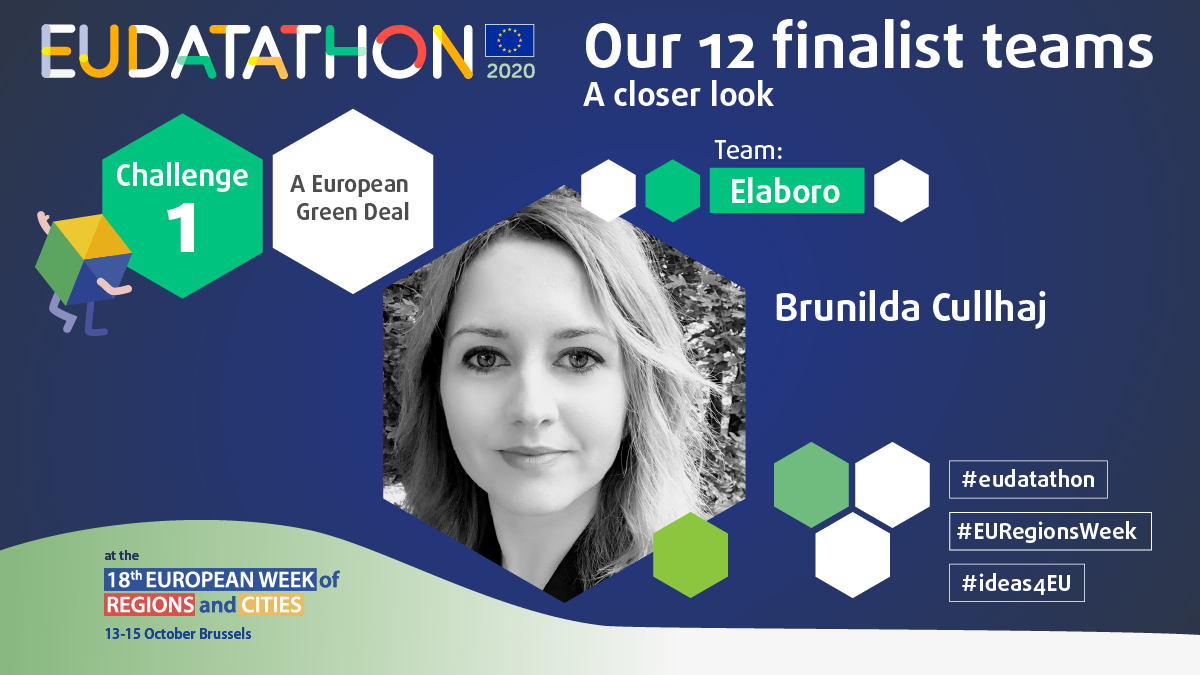 |
|
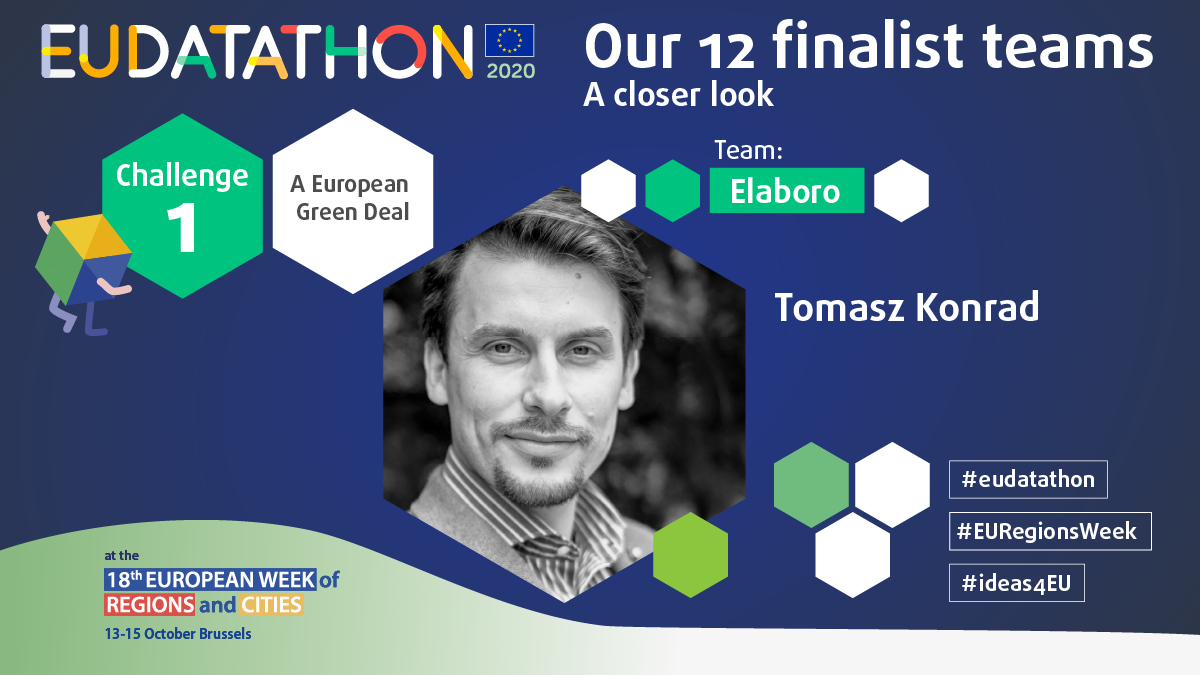 |
|
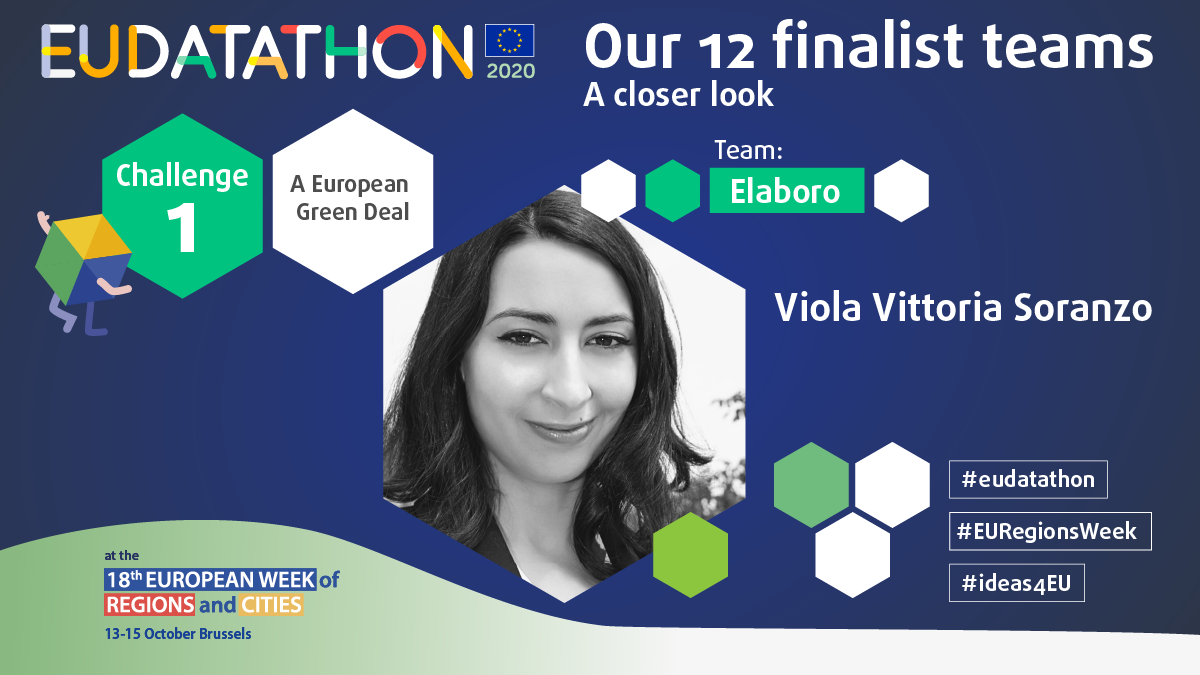 |
|
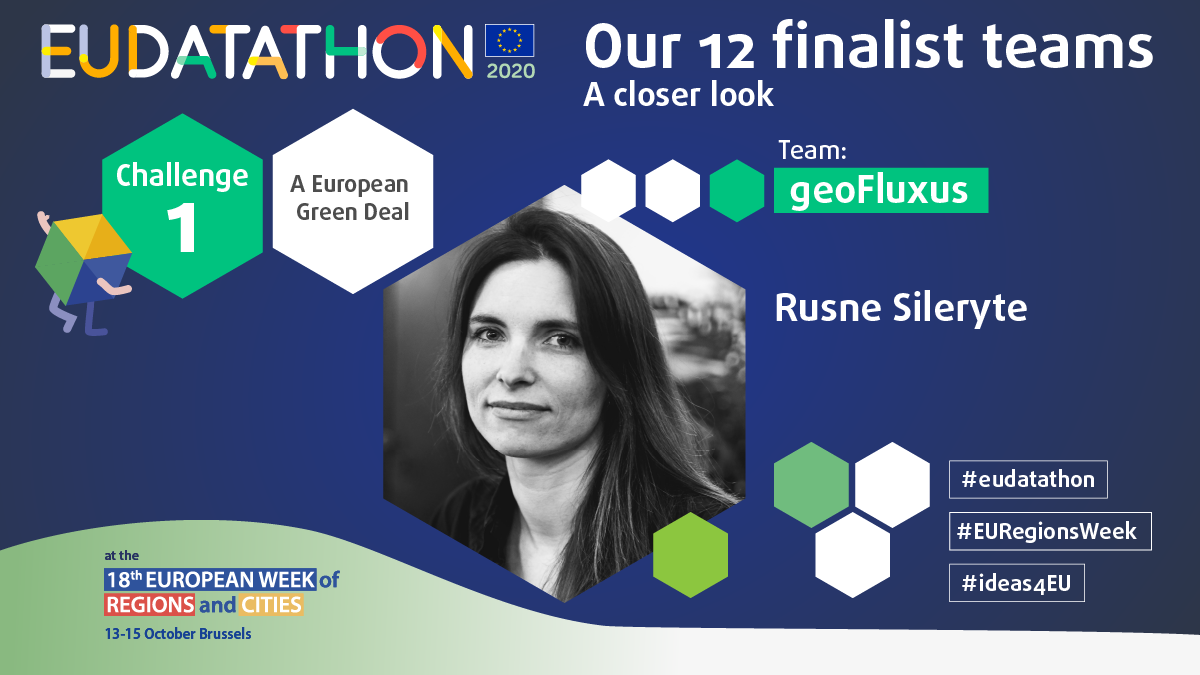 |
|
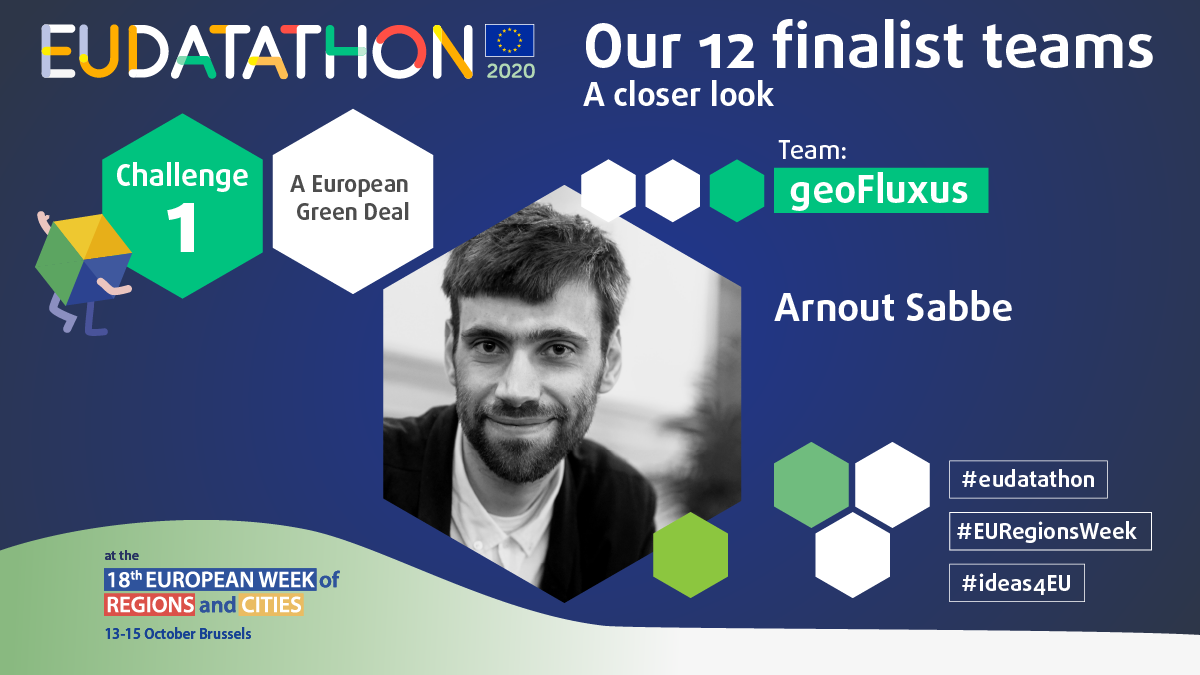 |
|
 |
|
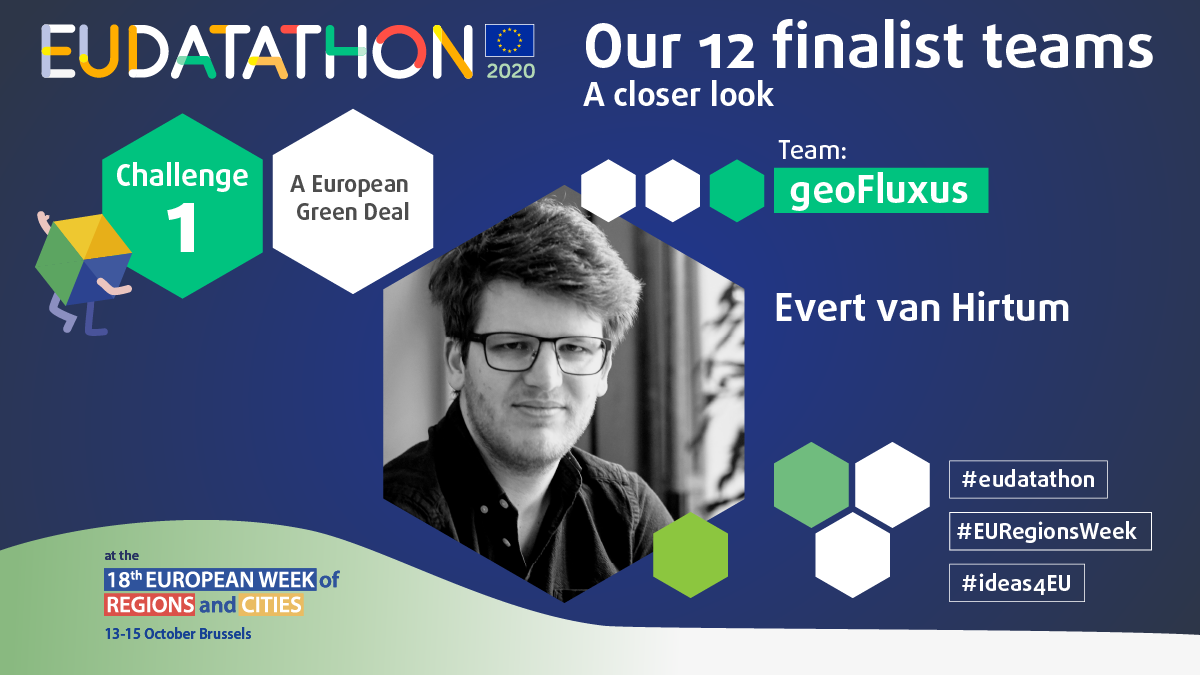 |
|
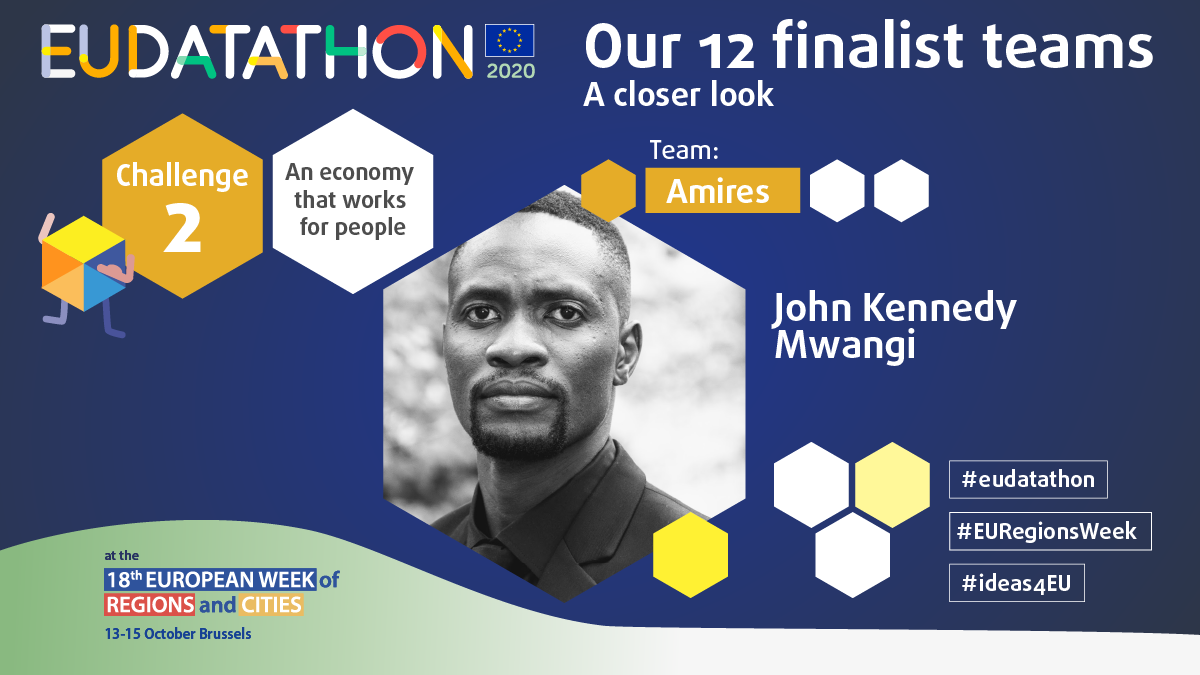 |
|
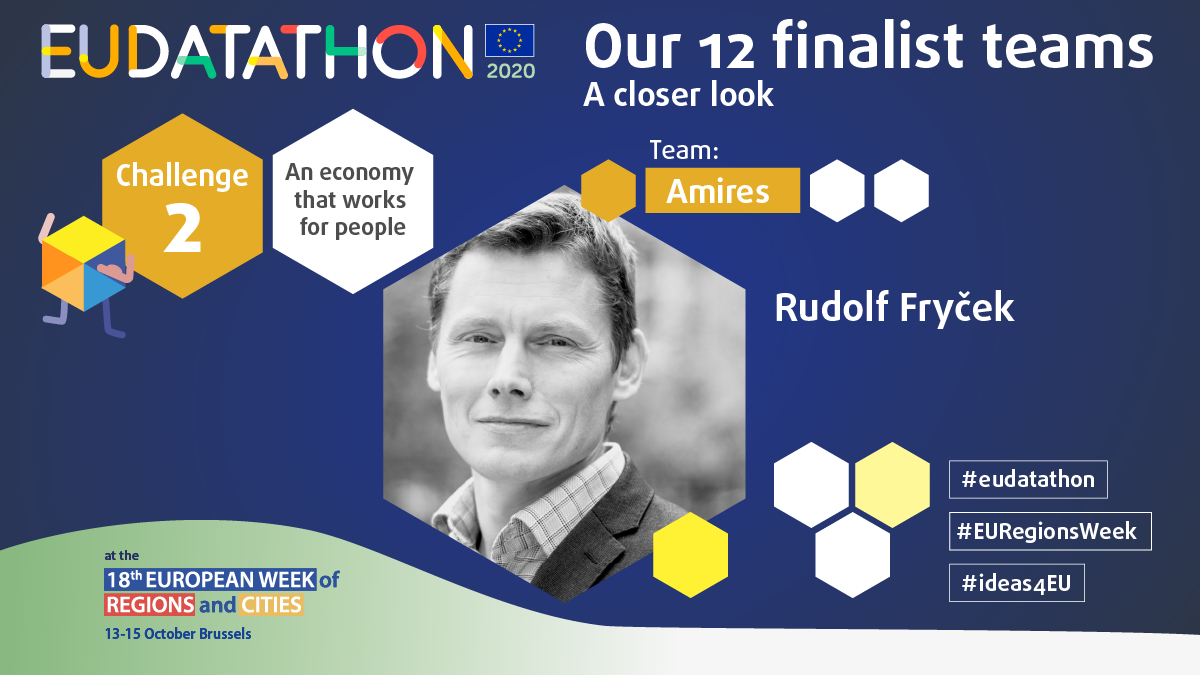 |
|
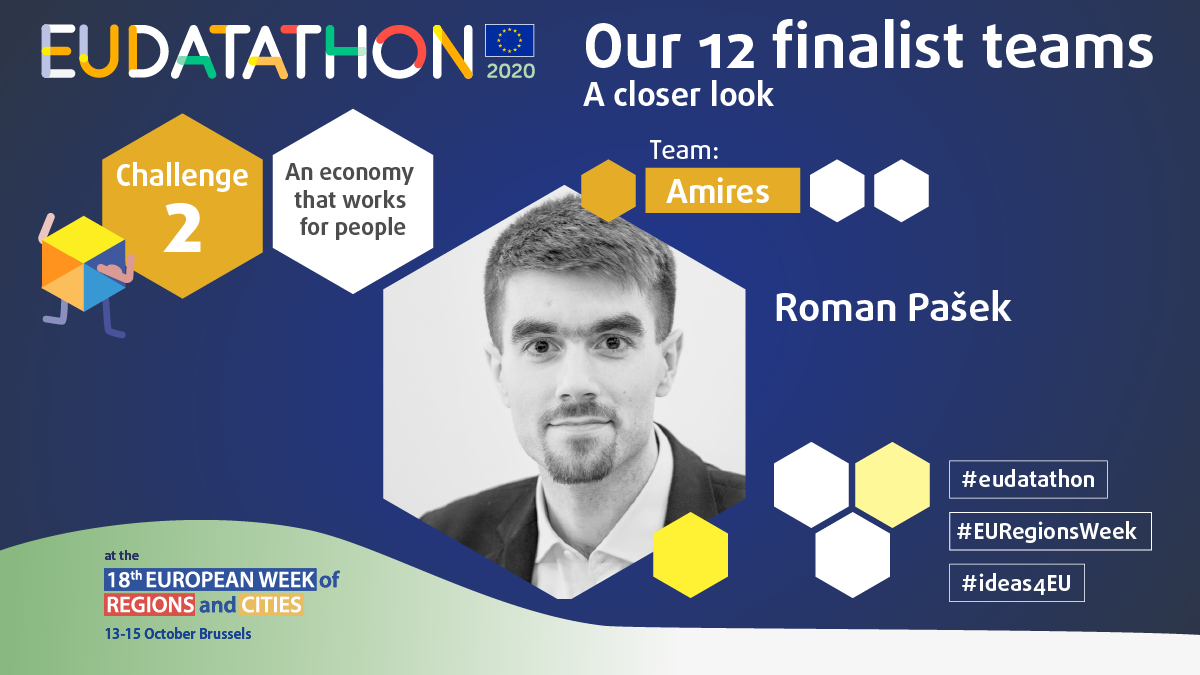 |
|
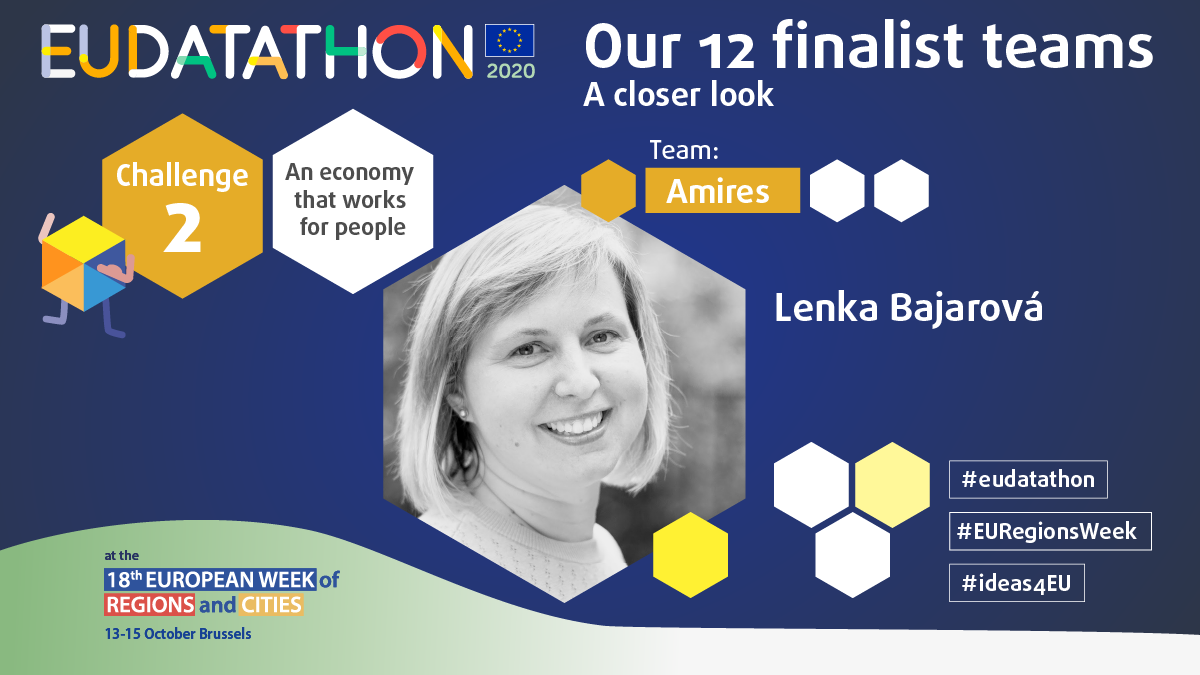 |
|
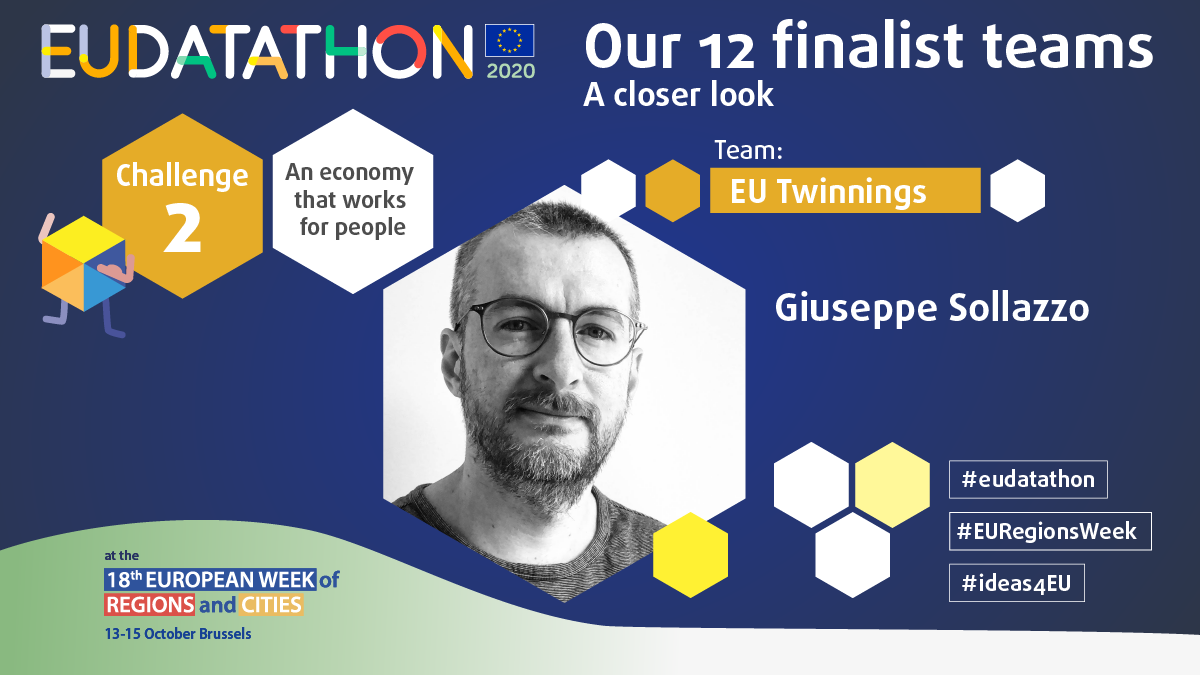 |
|
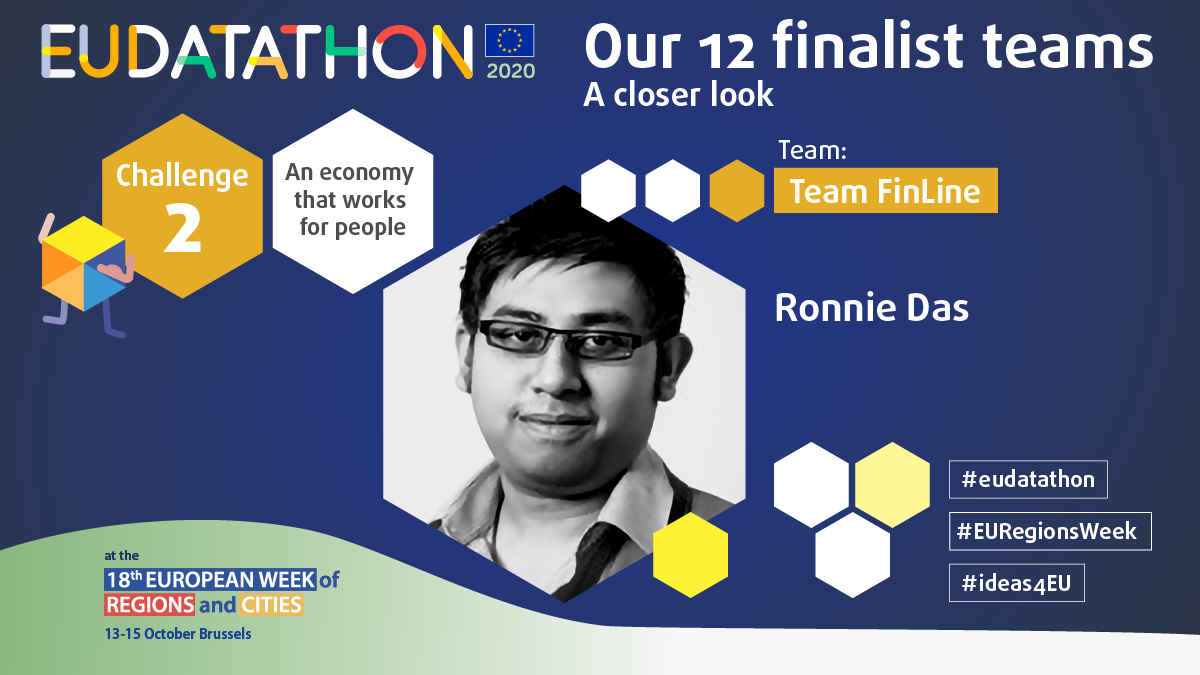 |
|
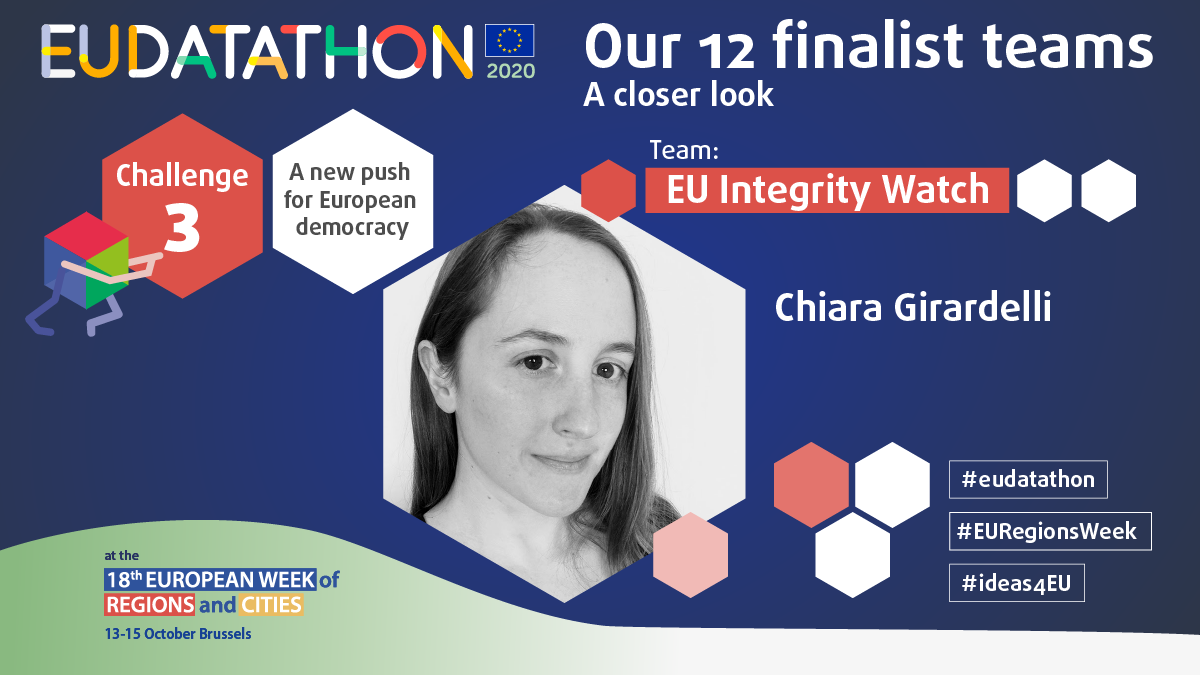 |
|
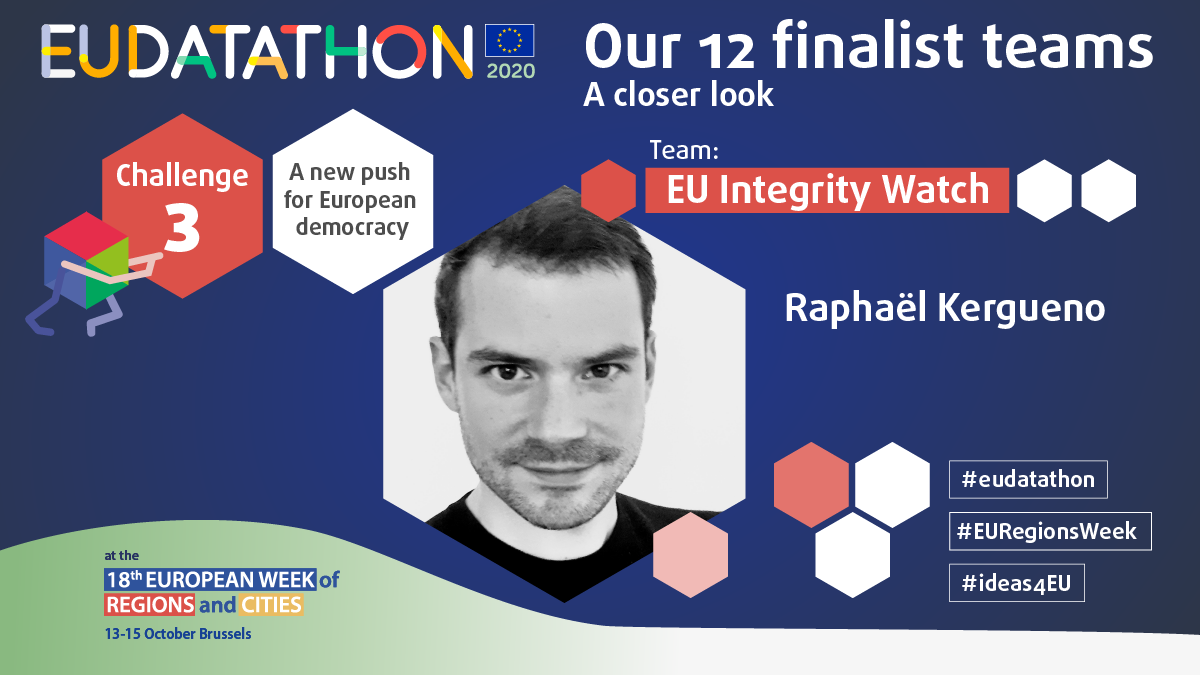 |
|
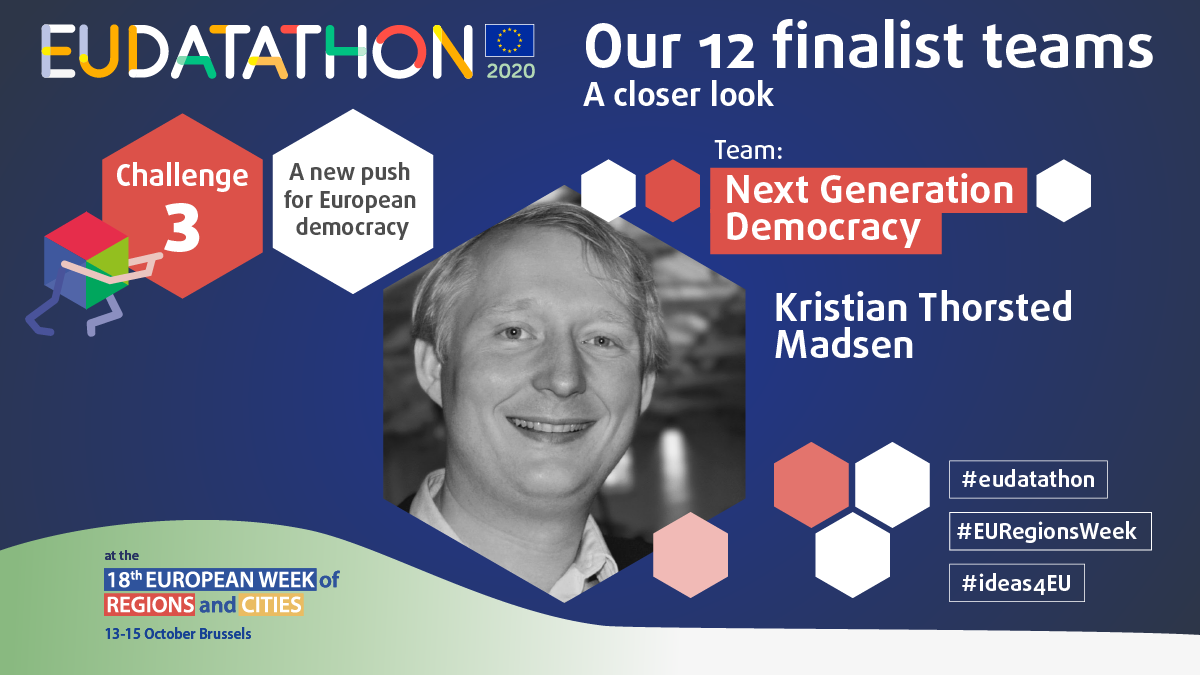 |
|
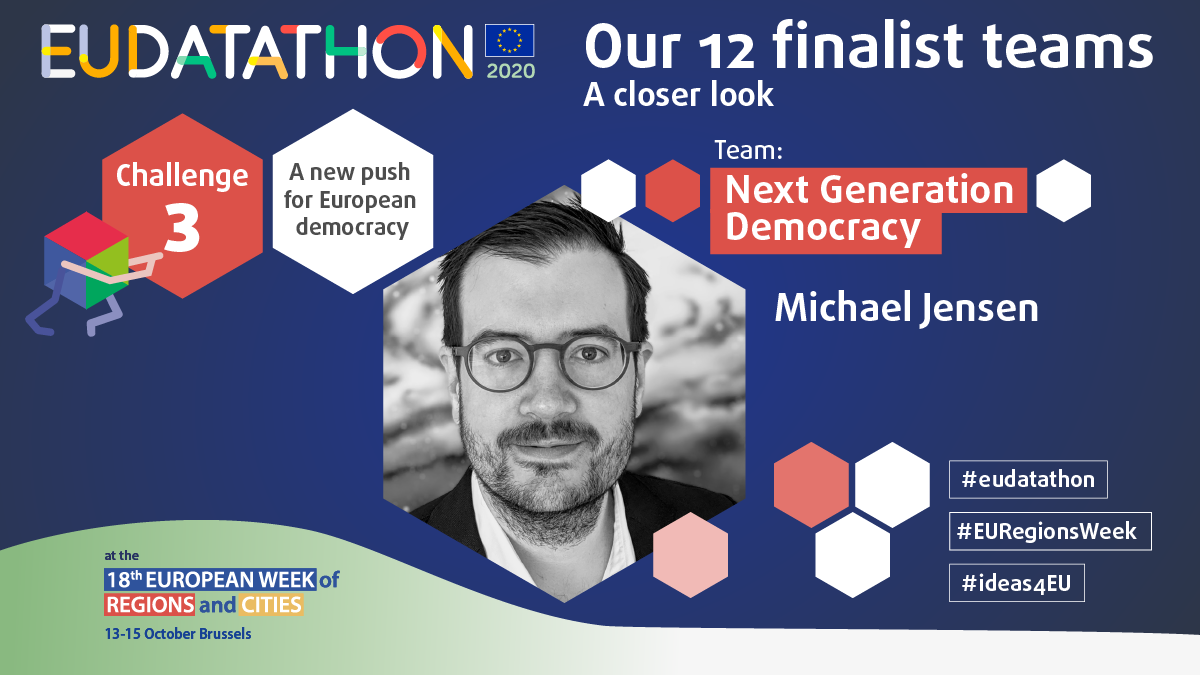 |
|
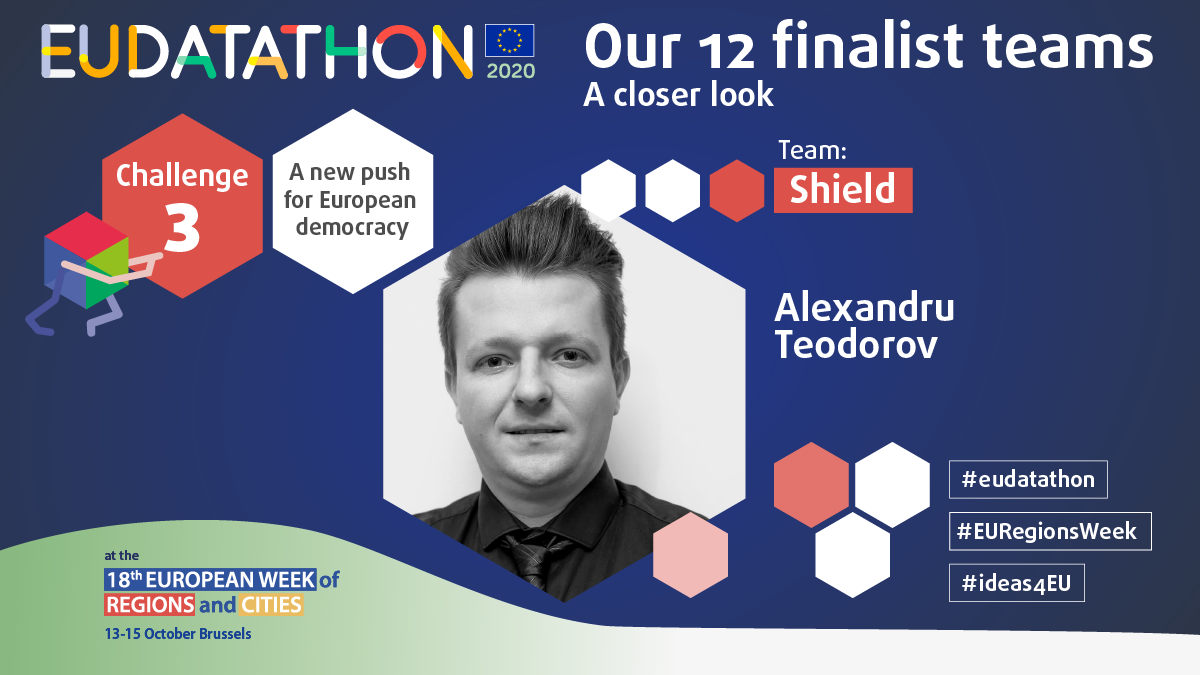 |
|
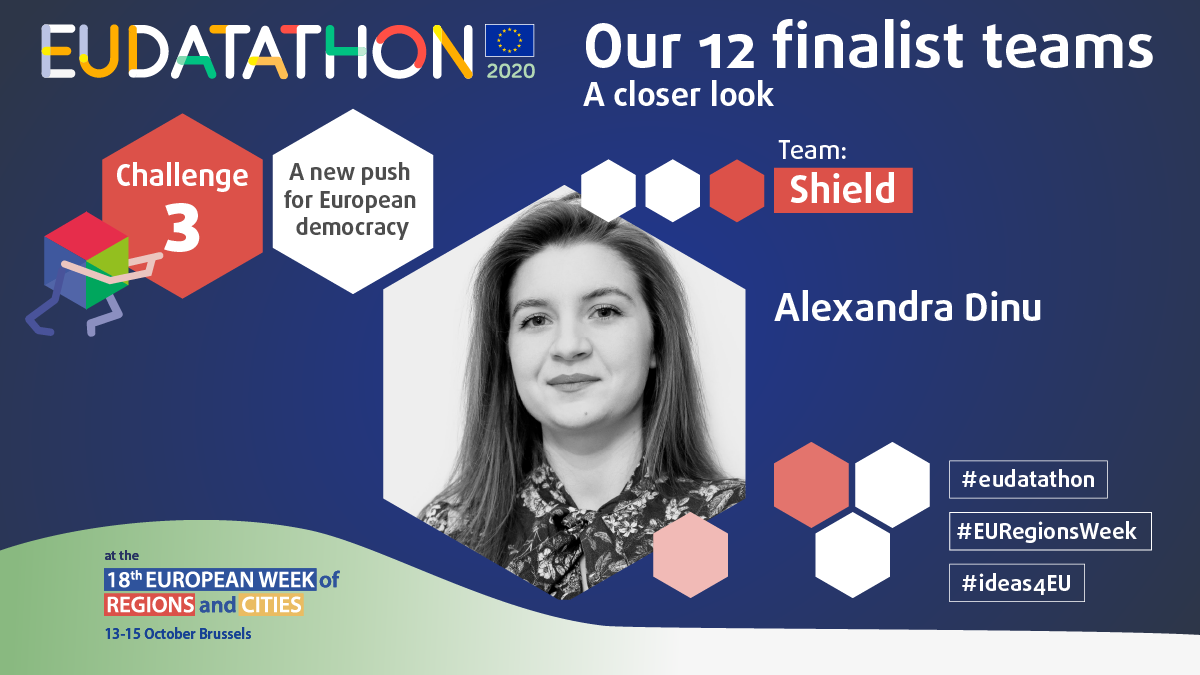 |
|
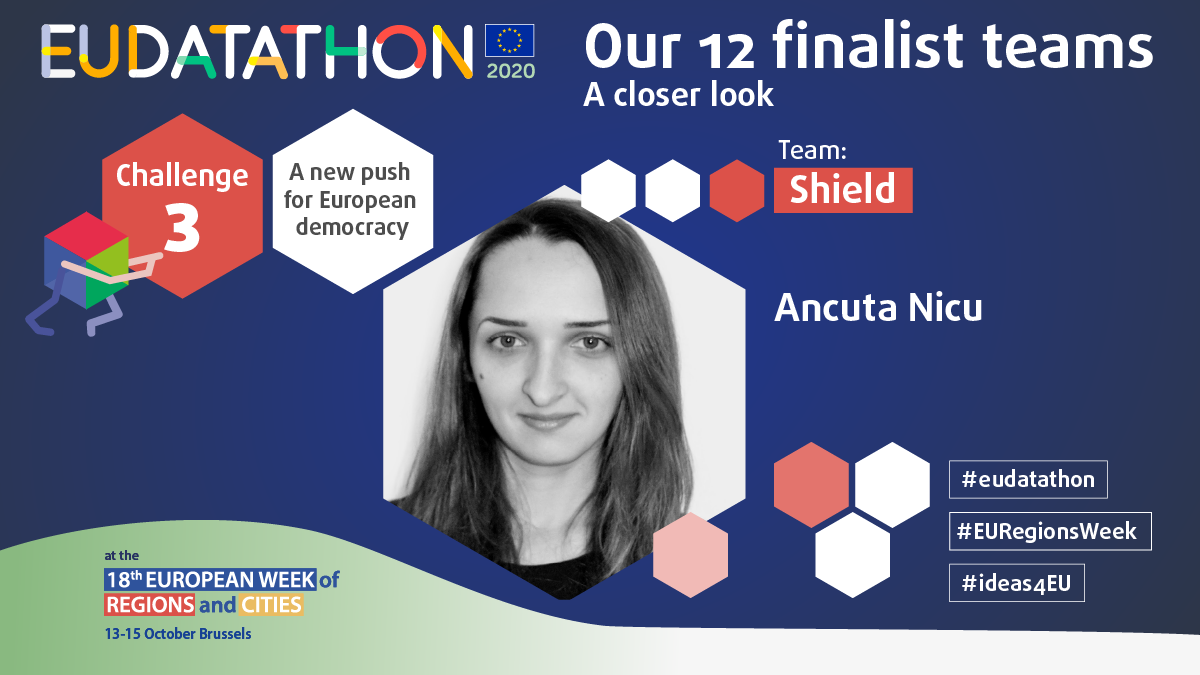 |
|
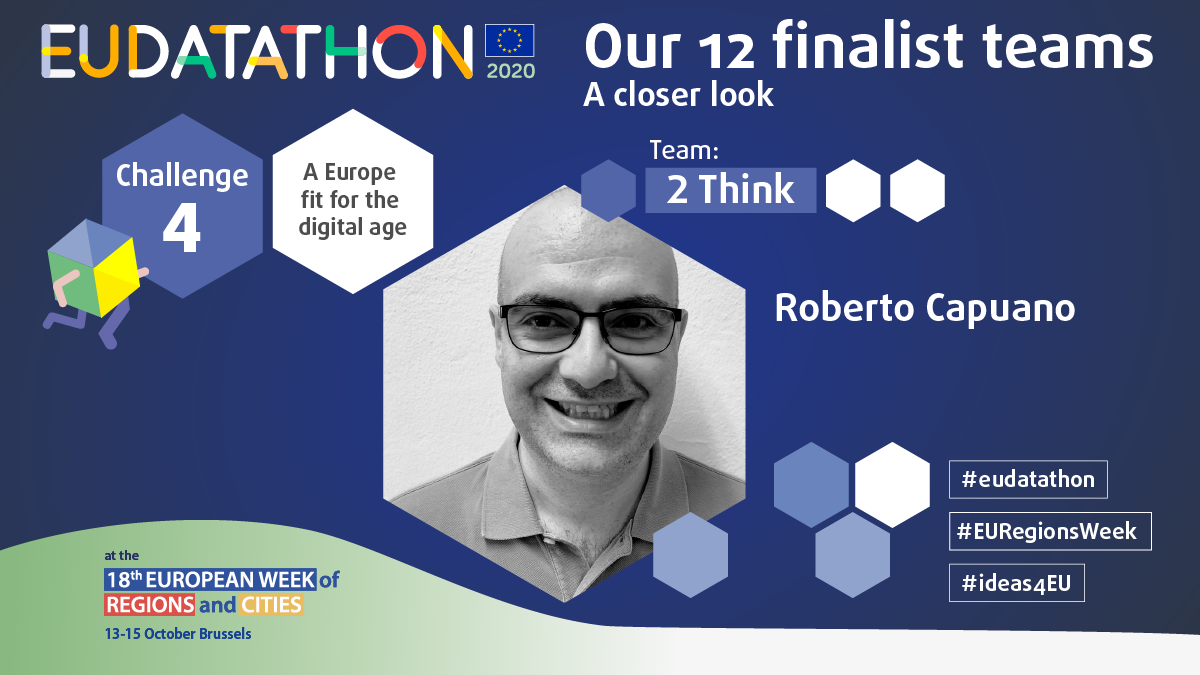 |
|
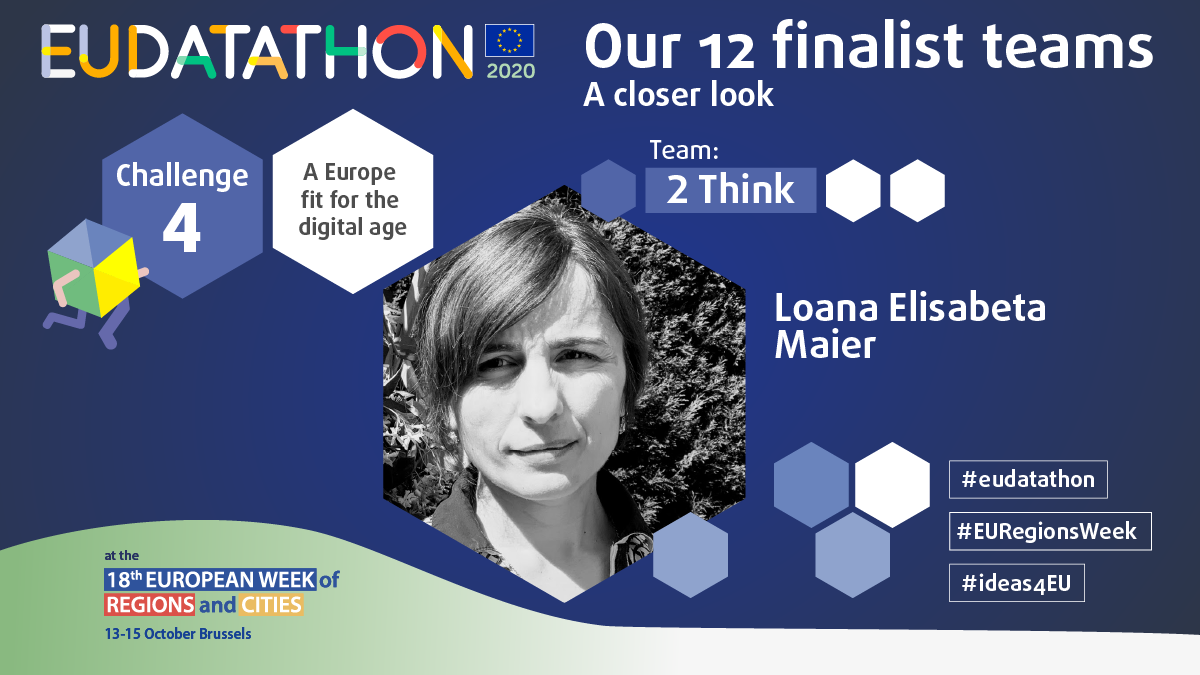 |
|
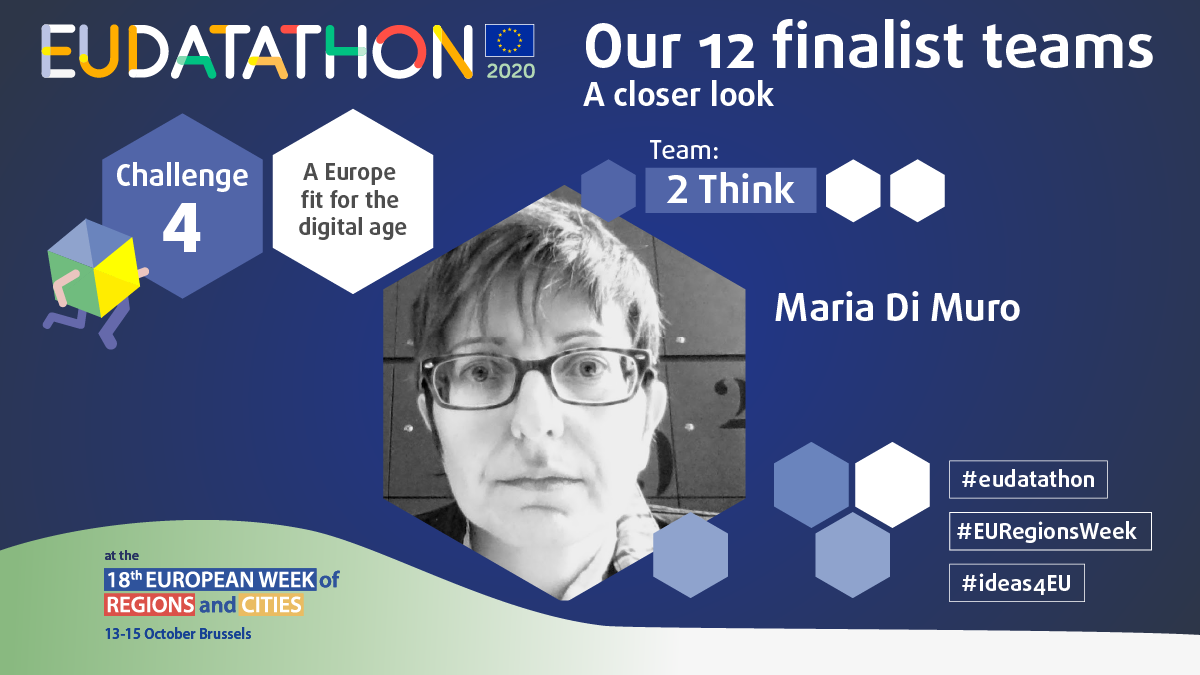 |
|
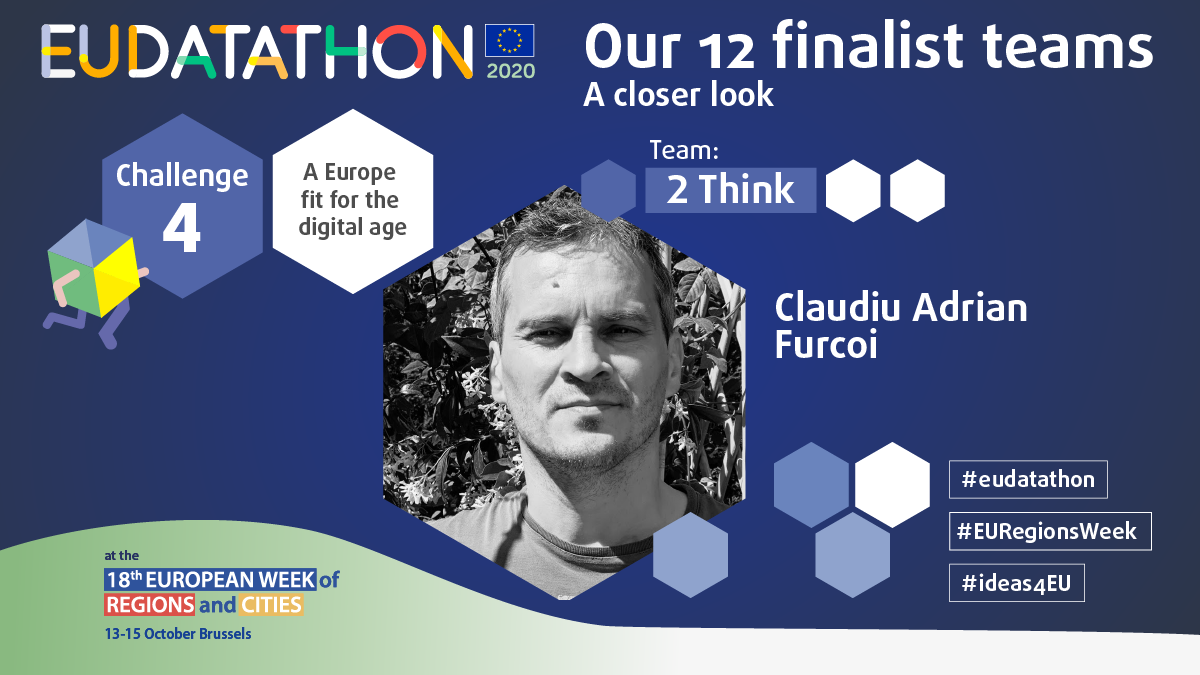 |
|
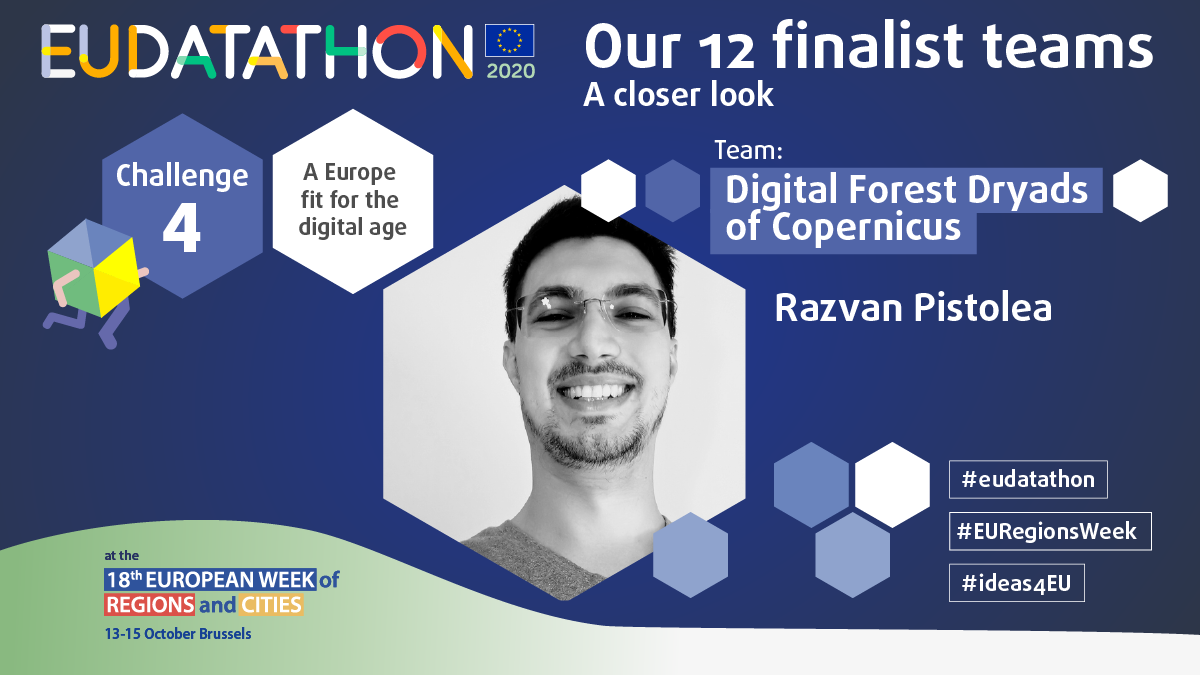 |
|
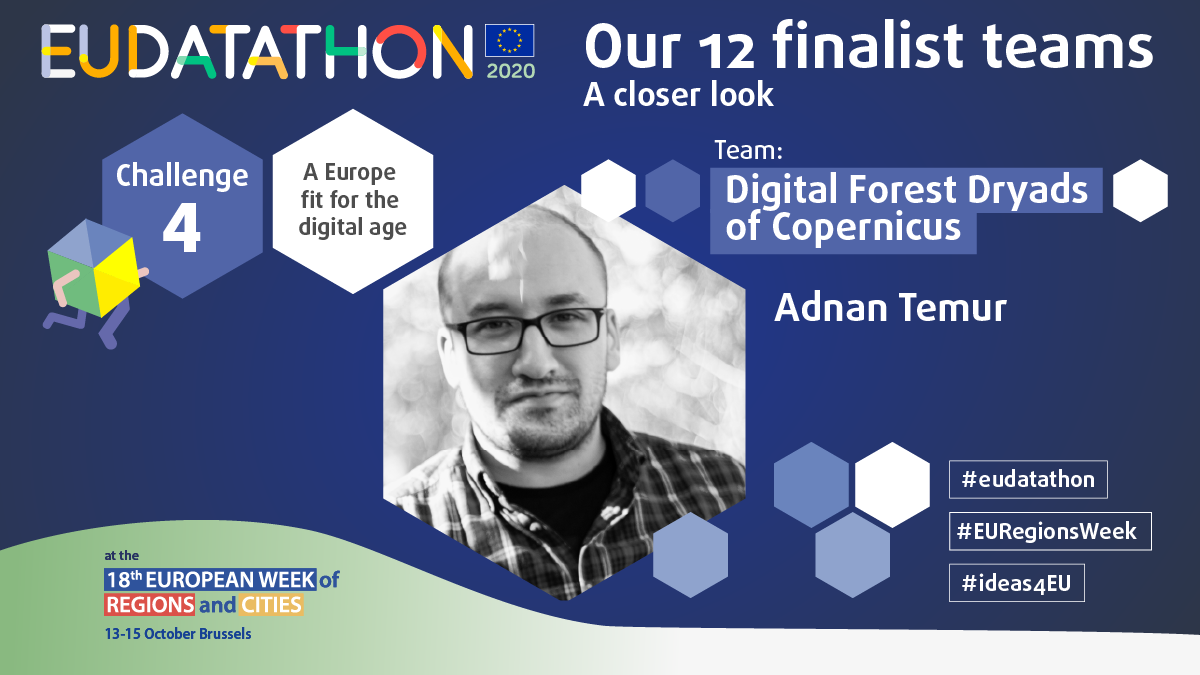 |
|
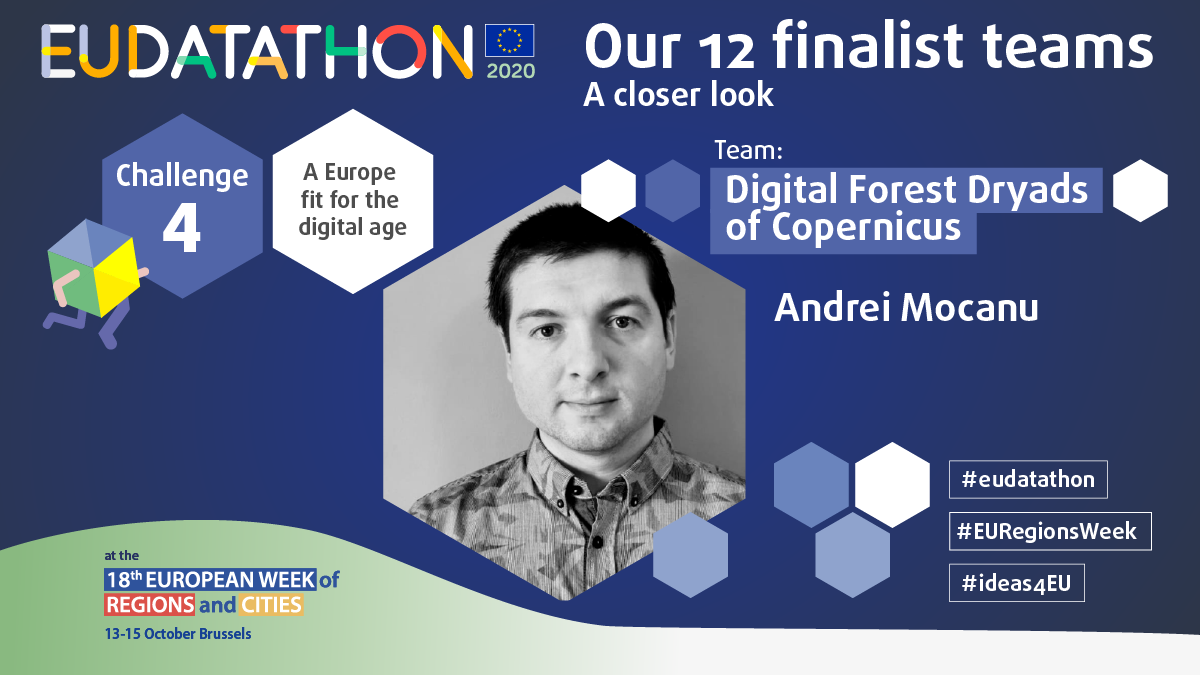 |
|
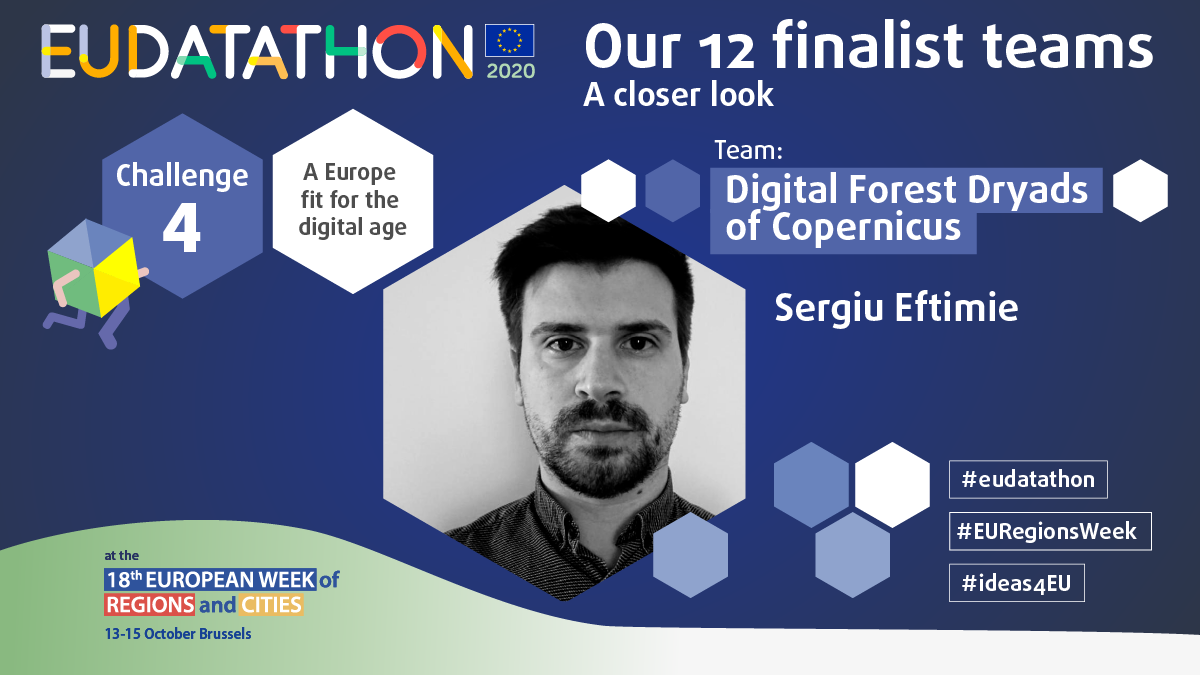 |
|
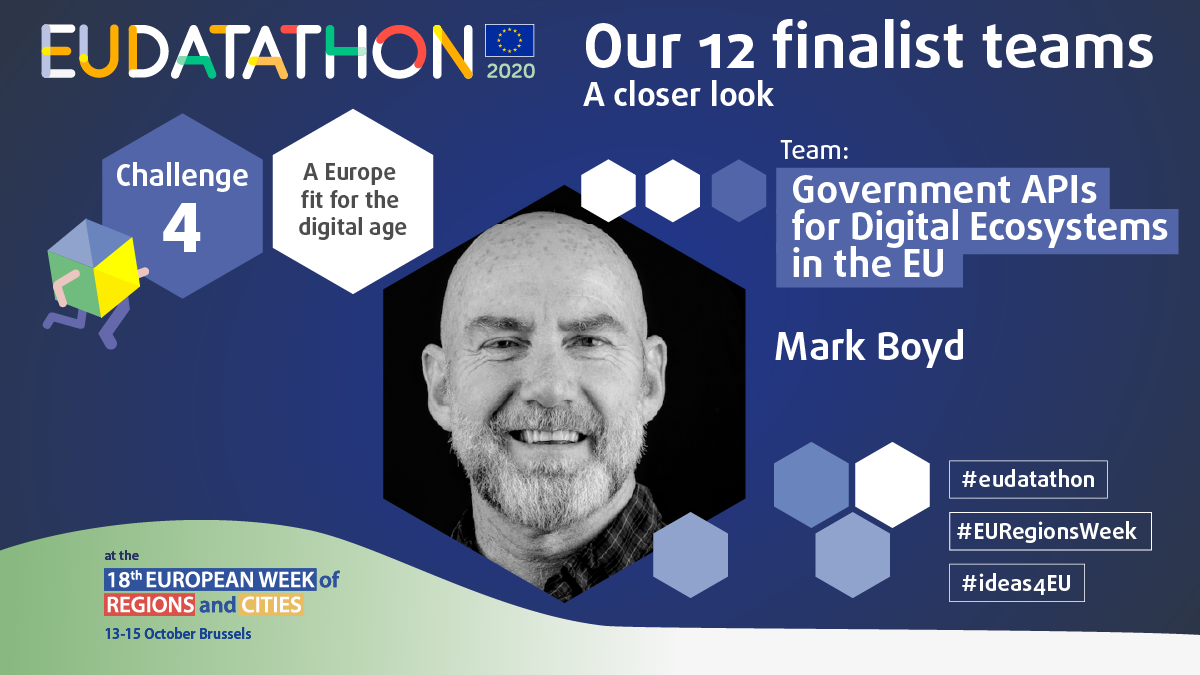 |
|
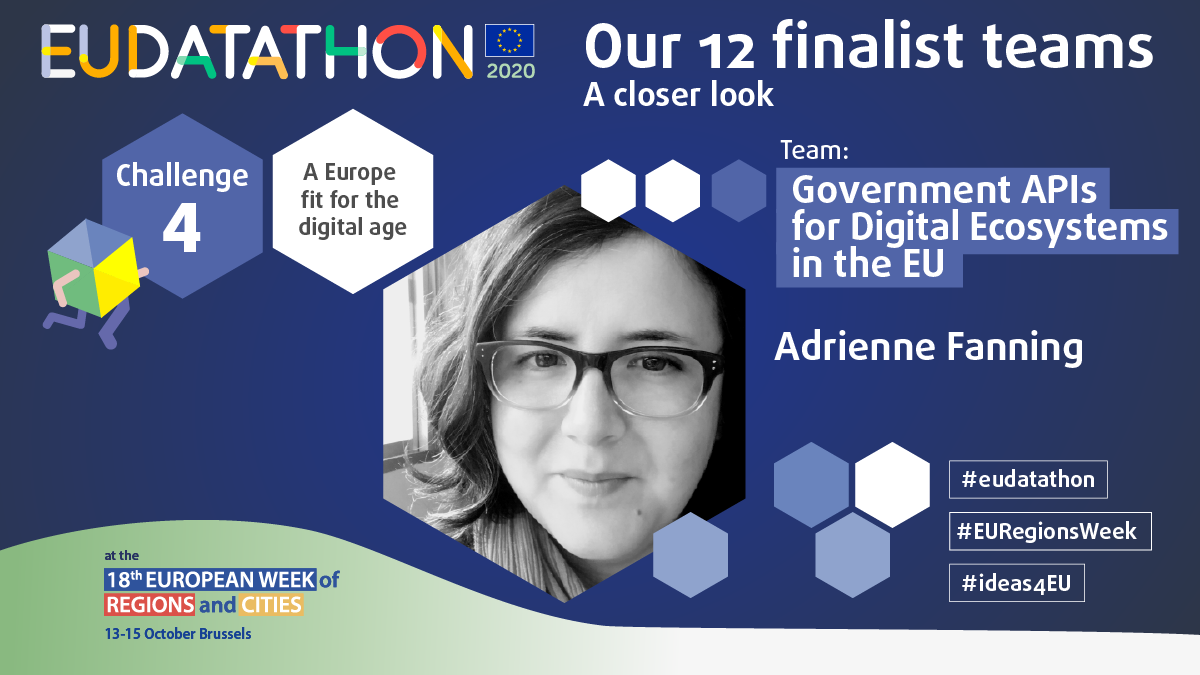 |
|
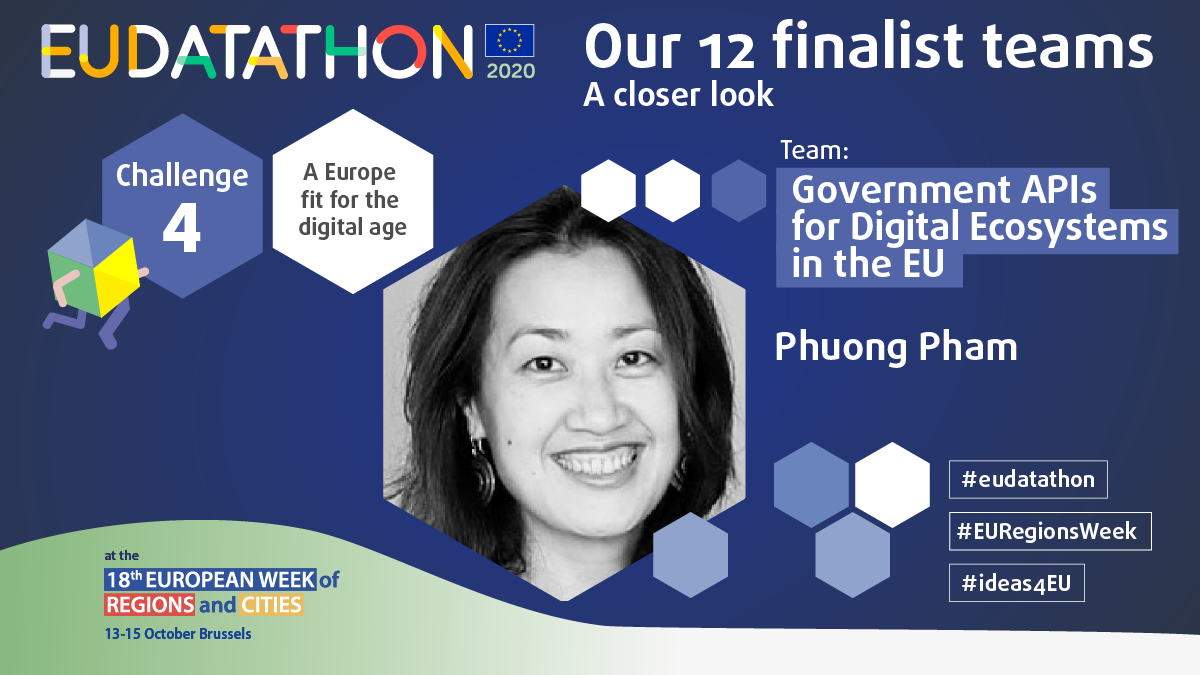 |
|
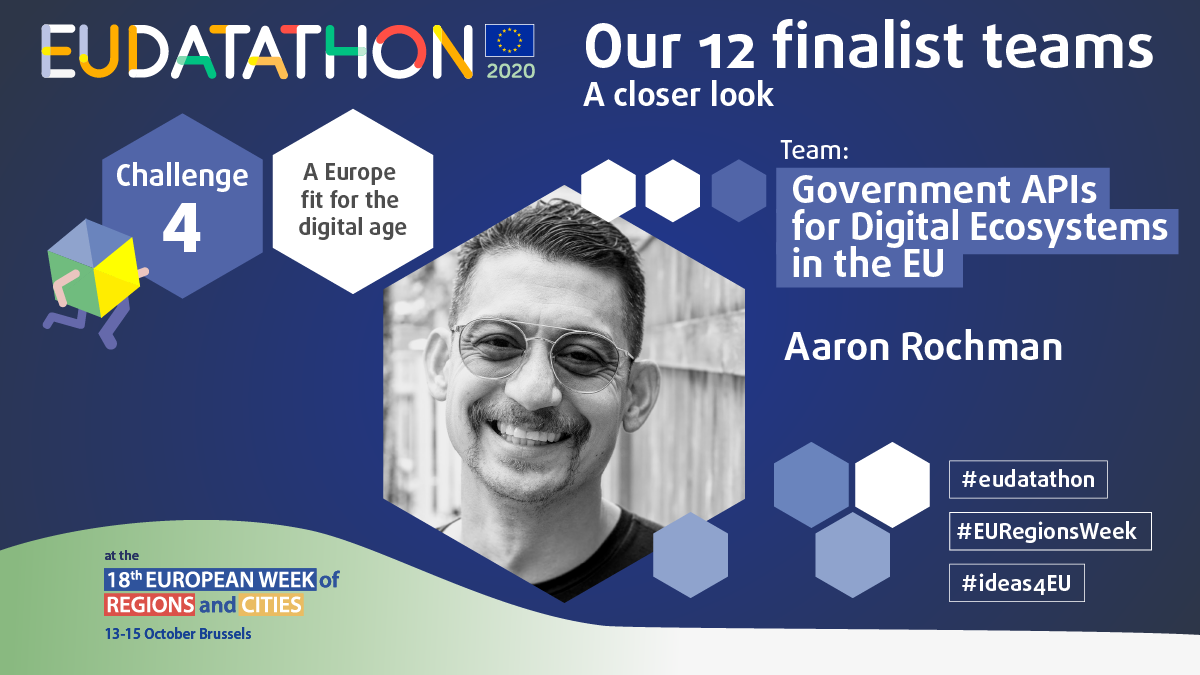 |
|
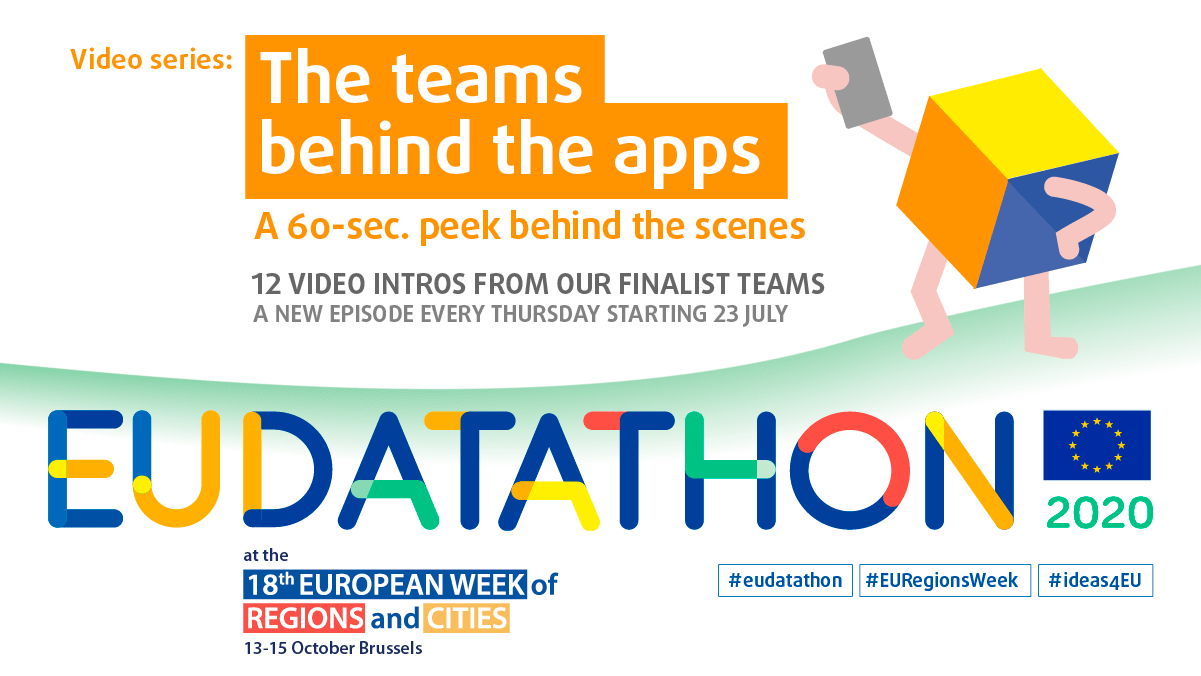 |
|
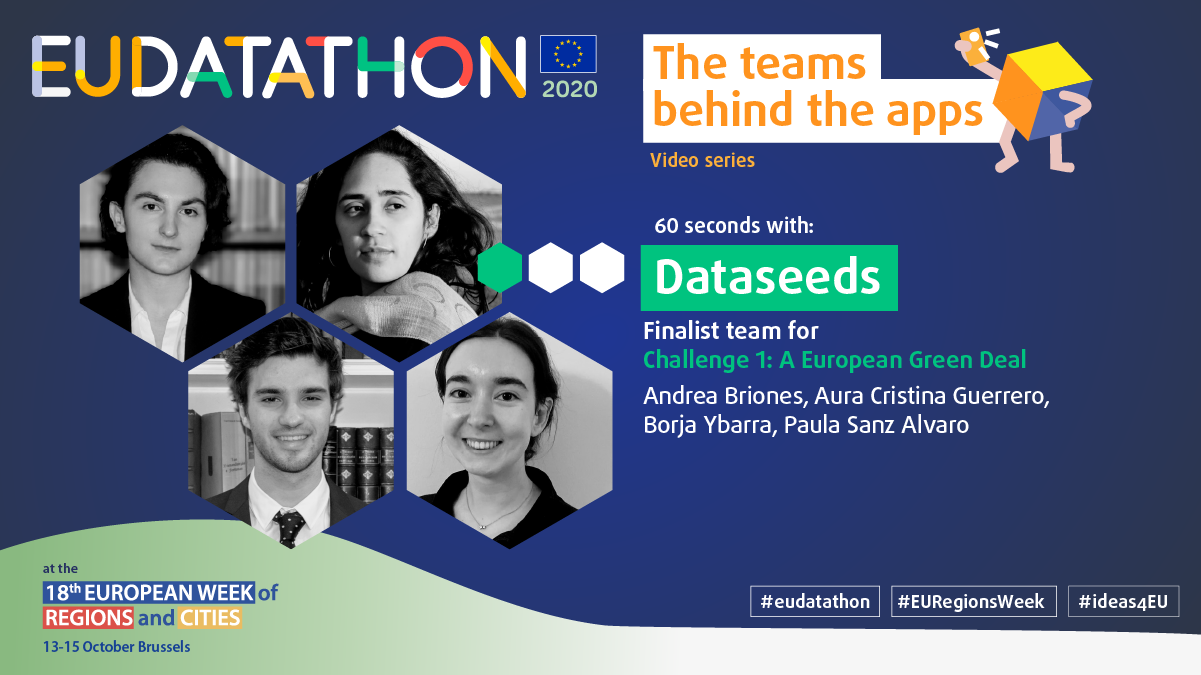 |
|
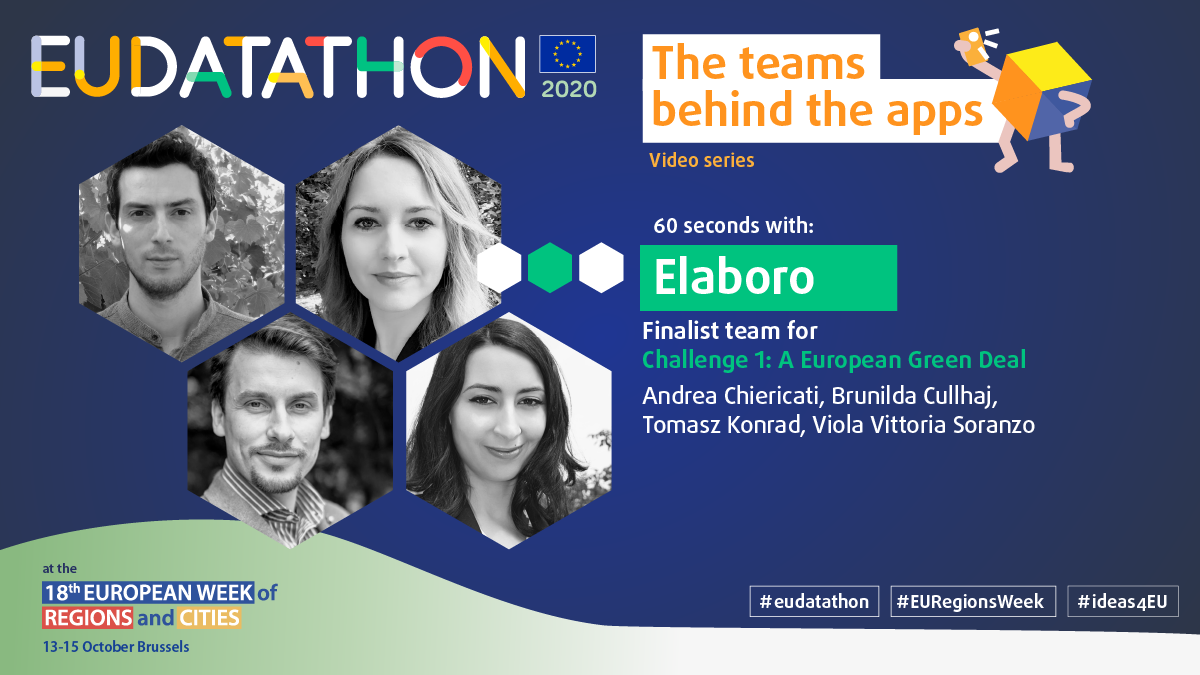 |
|
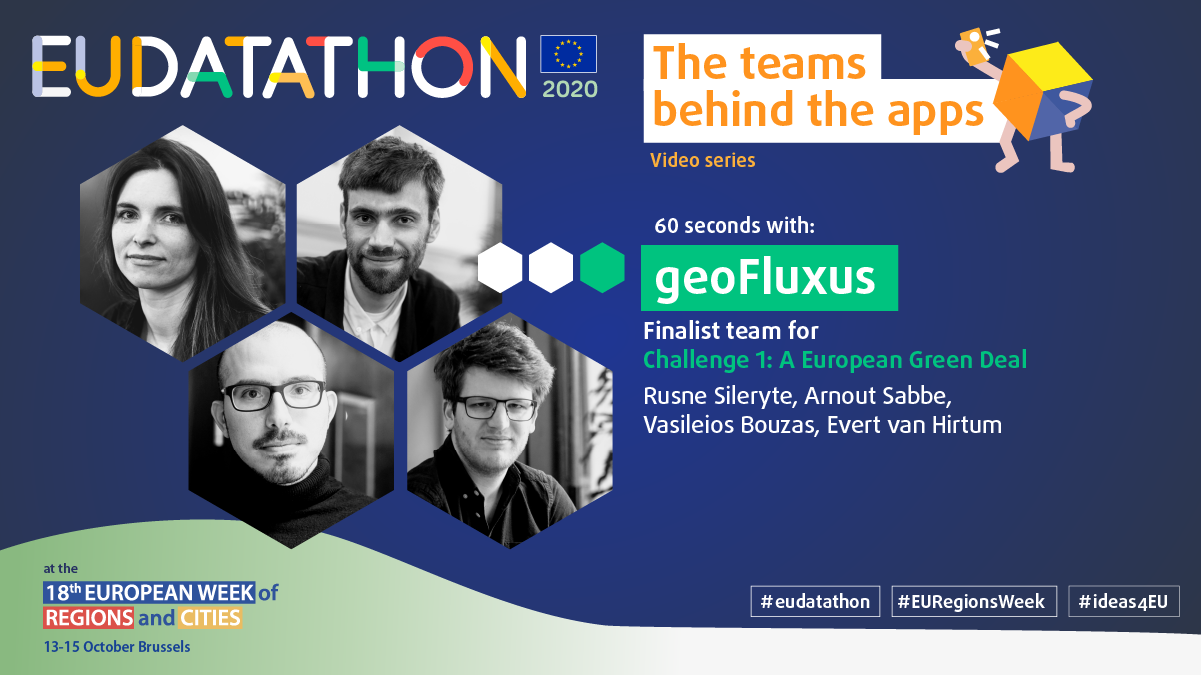 |
|
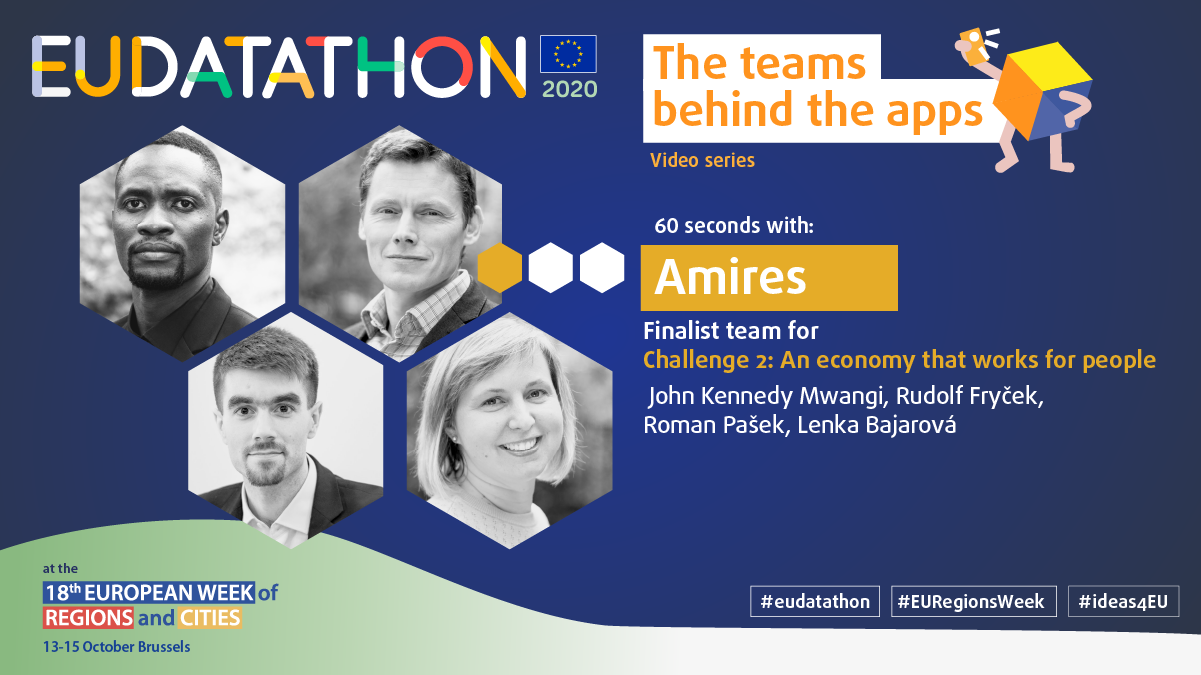 |
|
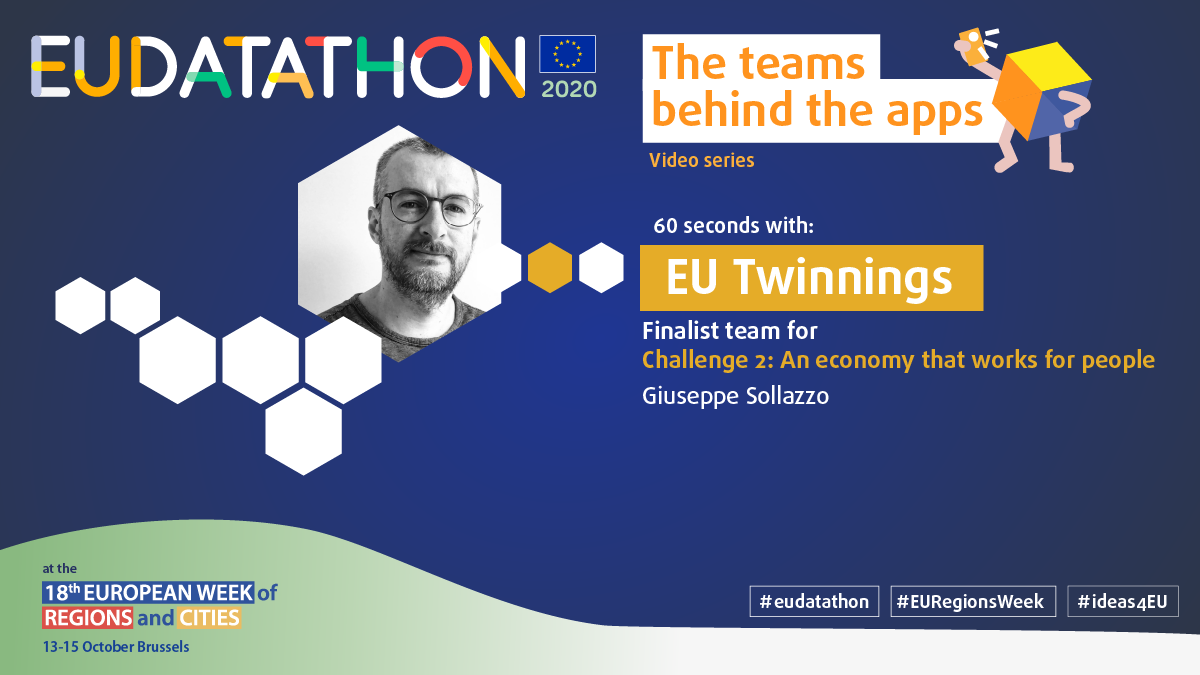 |
|
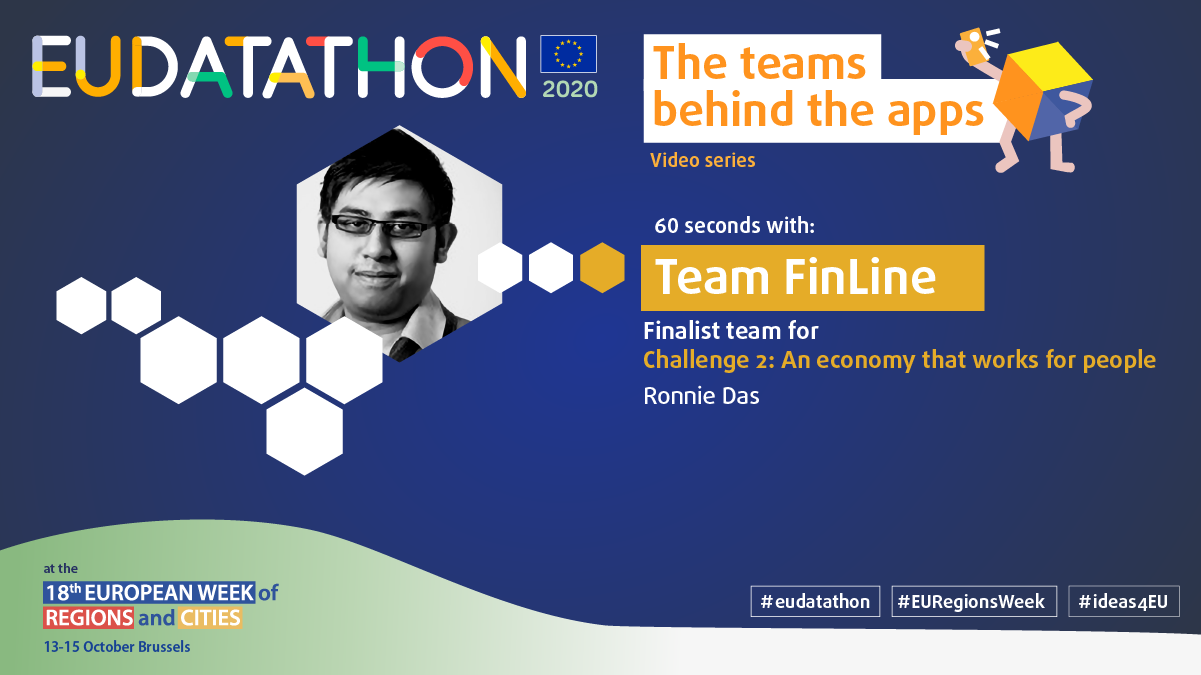 |
|
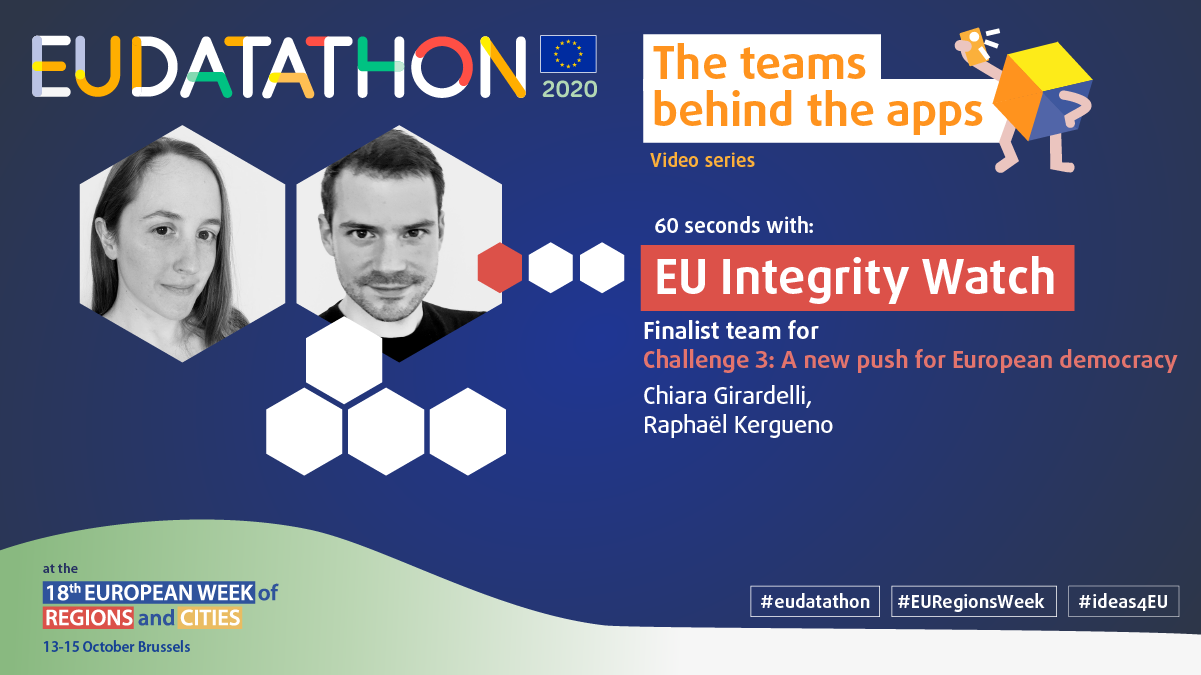 |
|
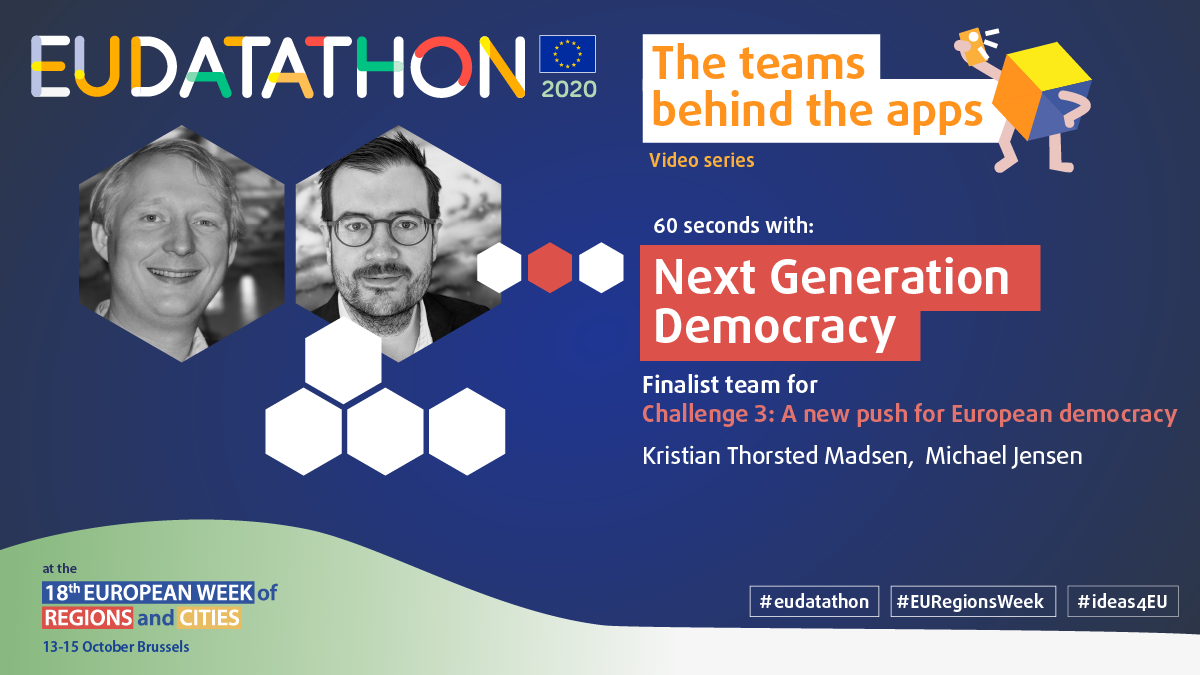 |
|
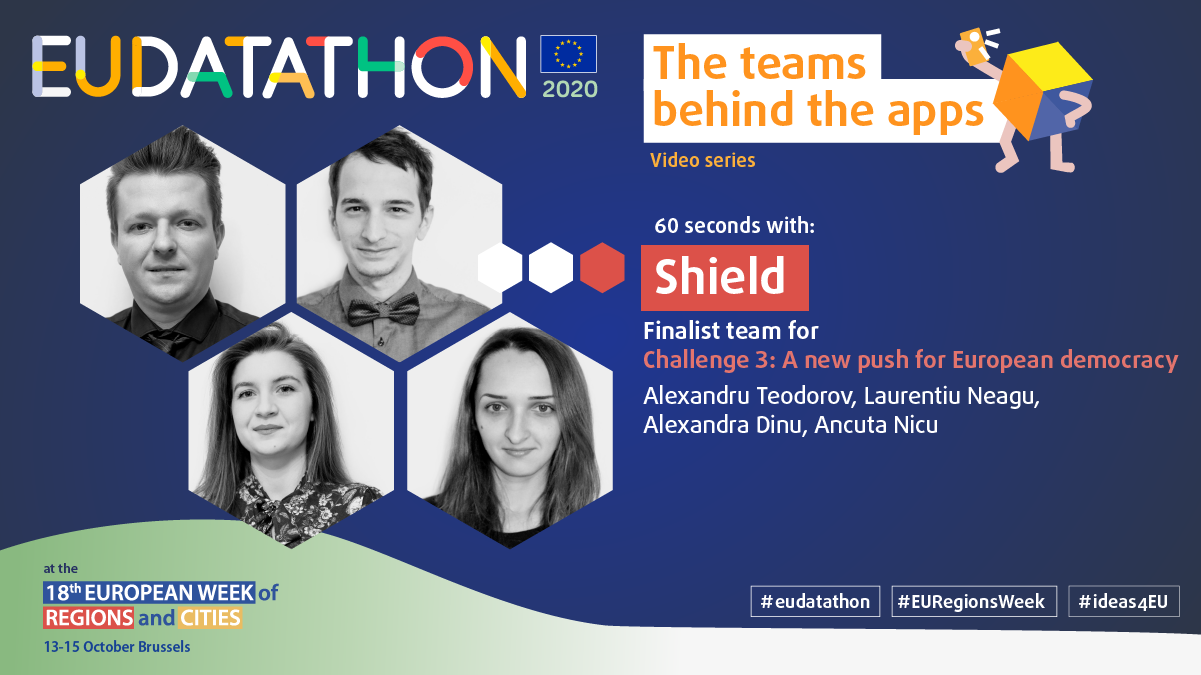 |
|
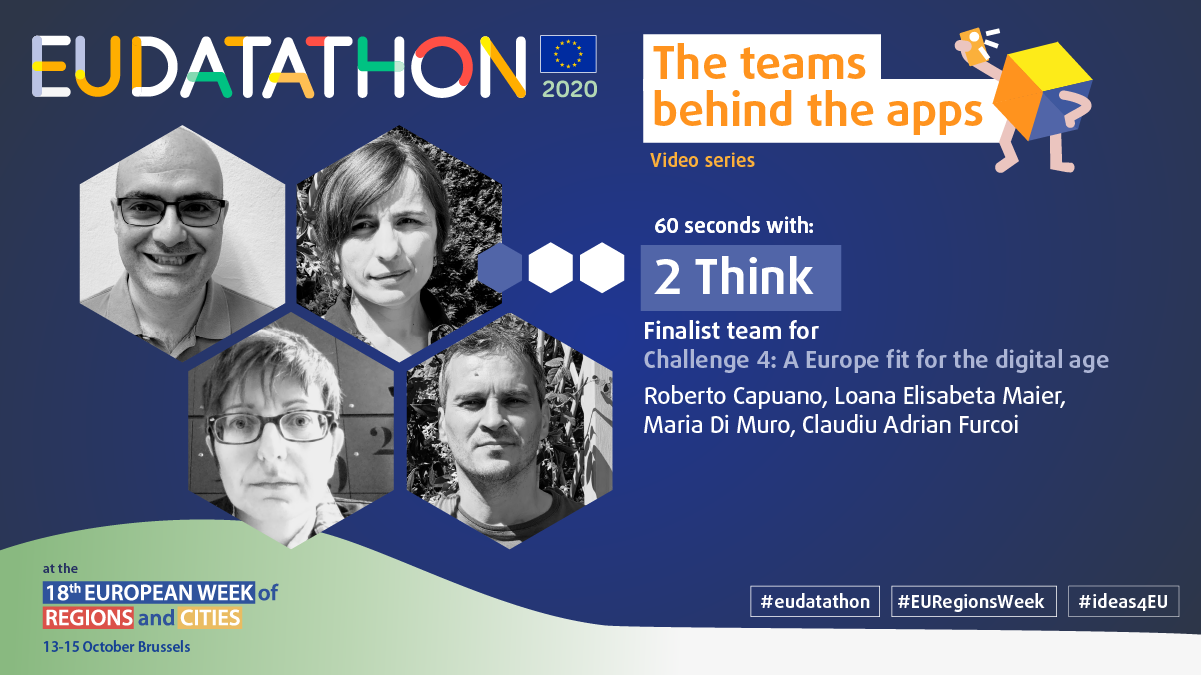 |
|
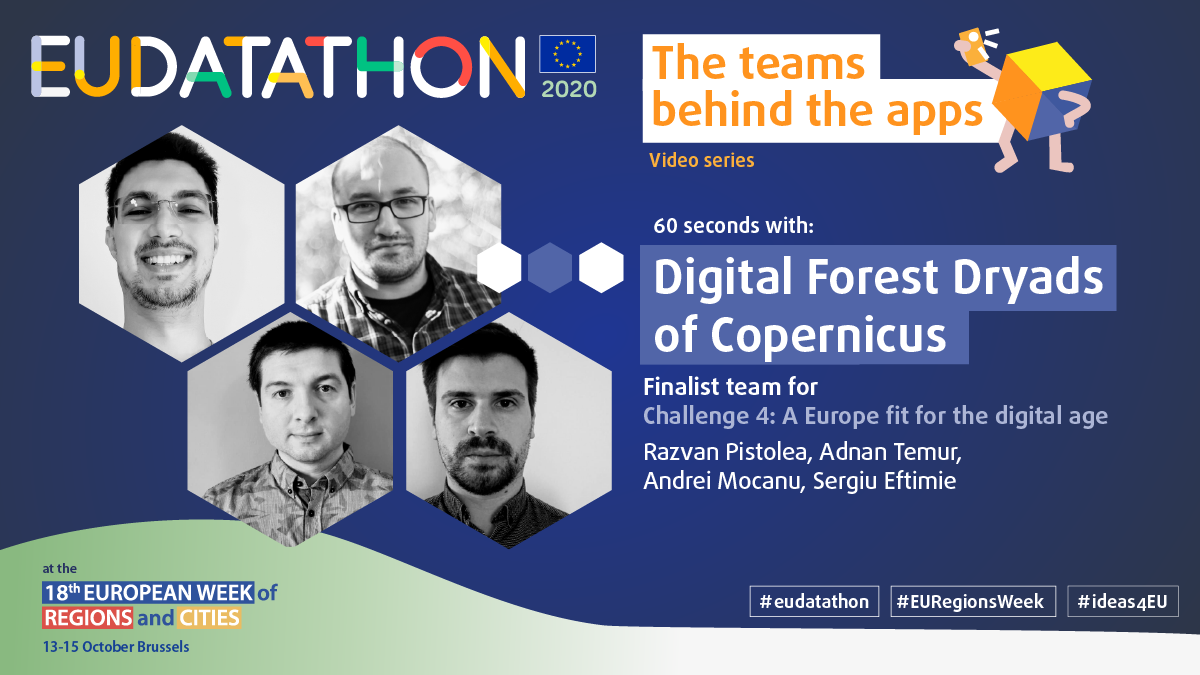 |
|
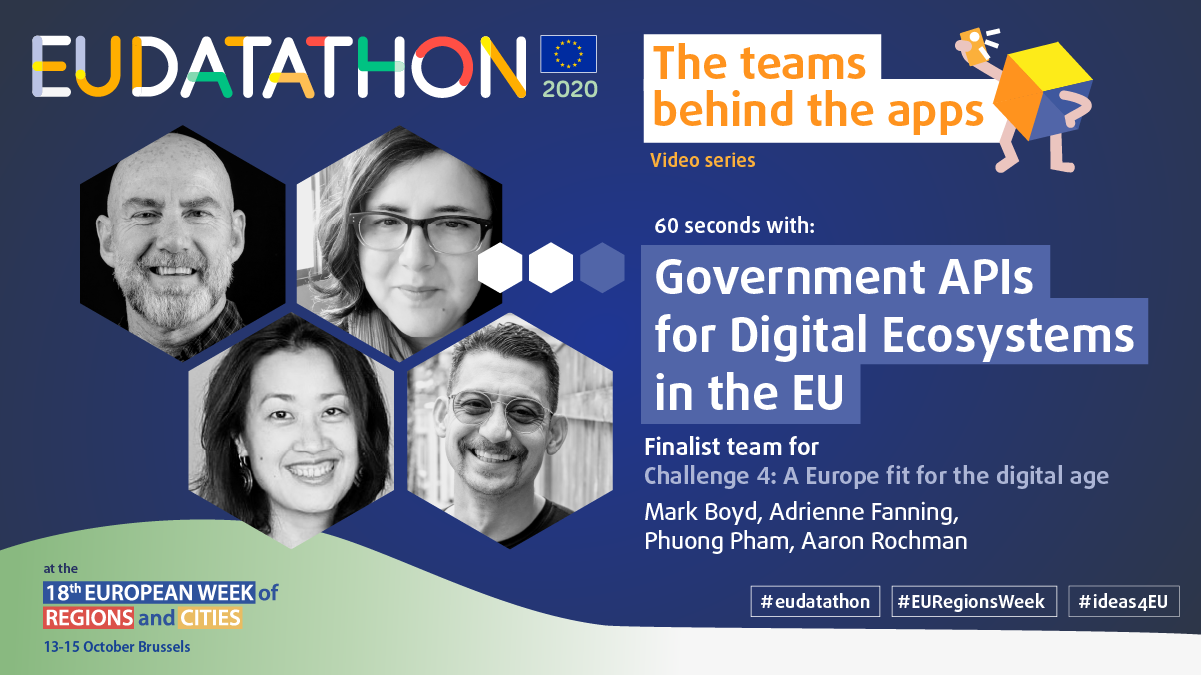 |
|
 |
|
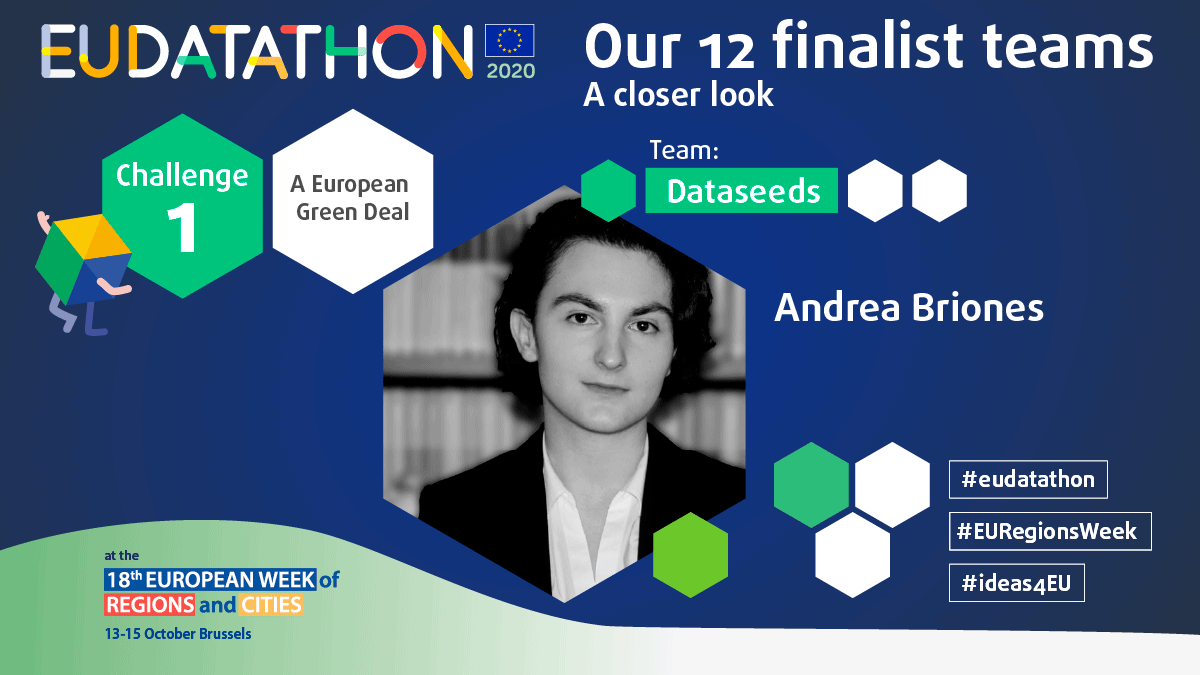 |
|
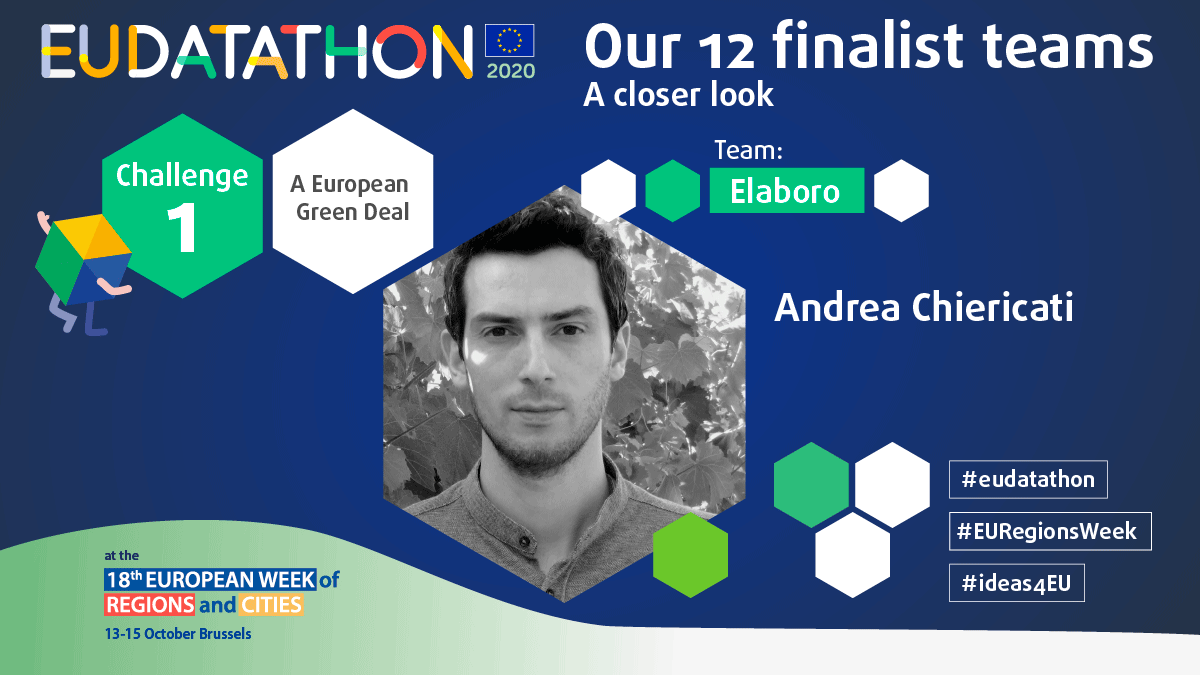 |
|
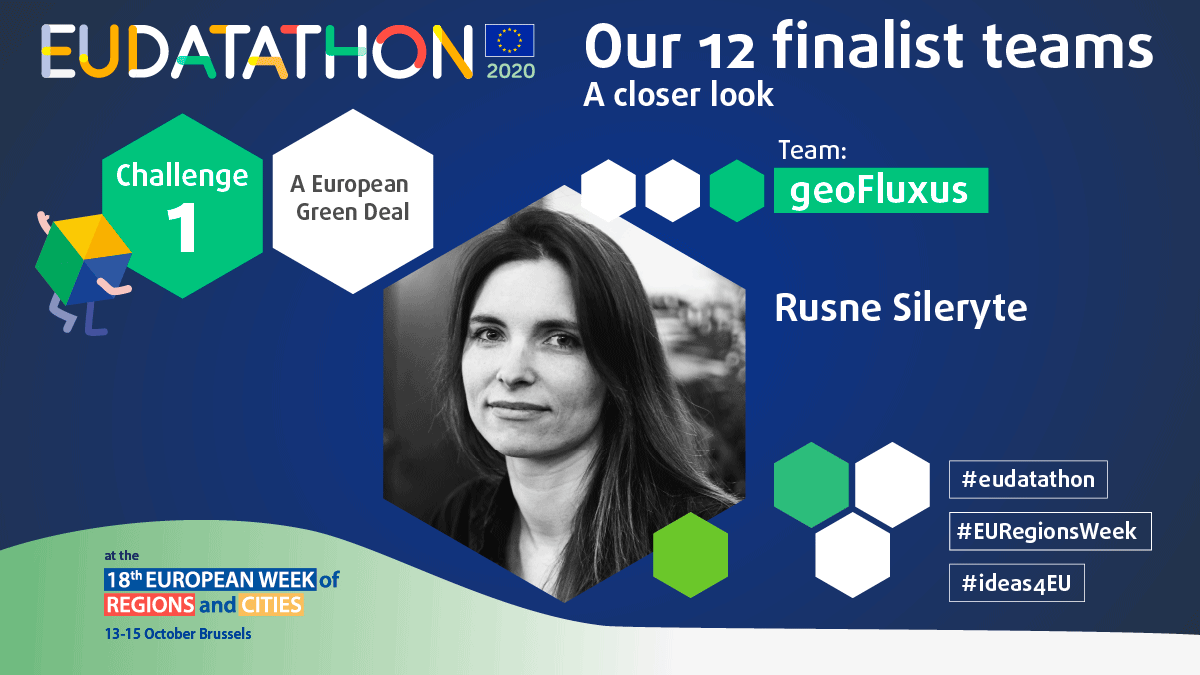 |
|
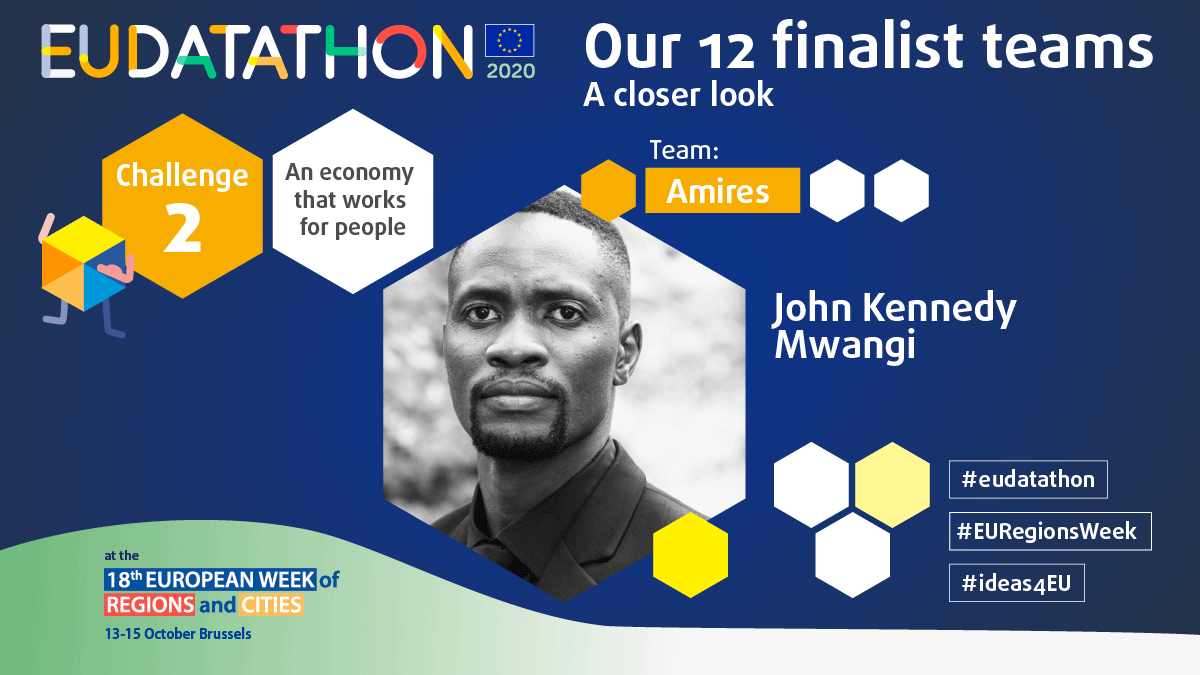 |
|
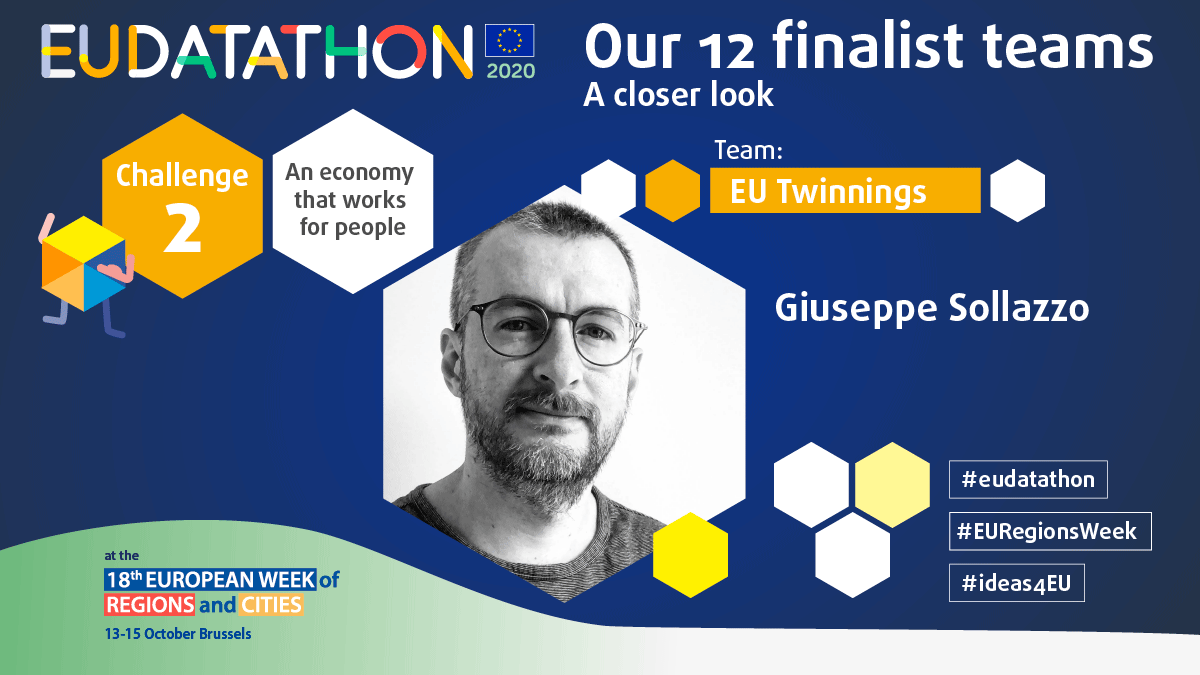 |
|
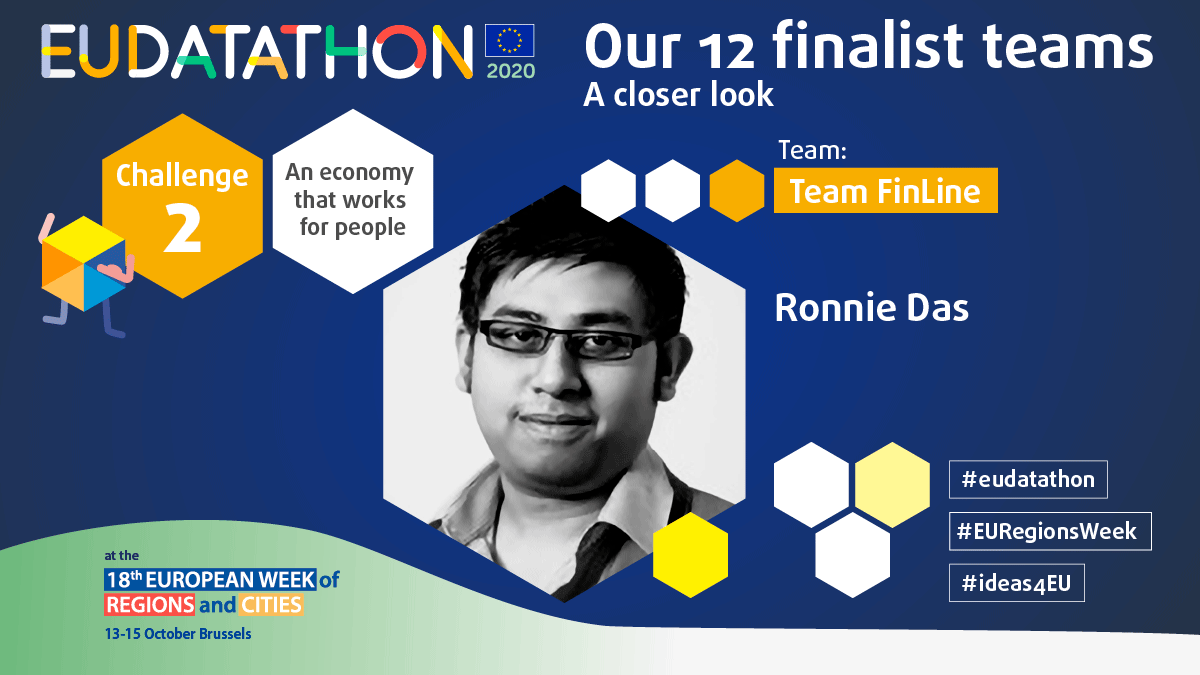 |
|
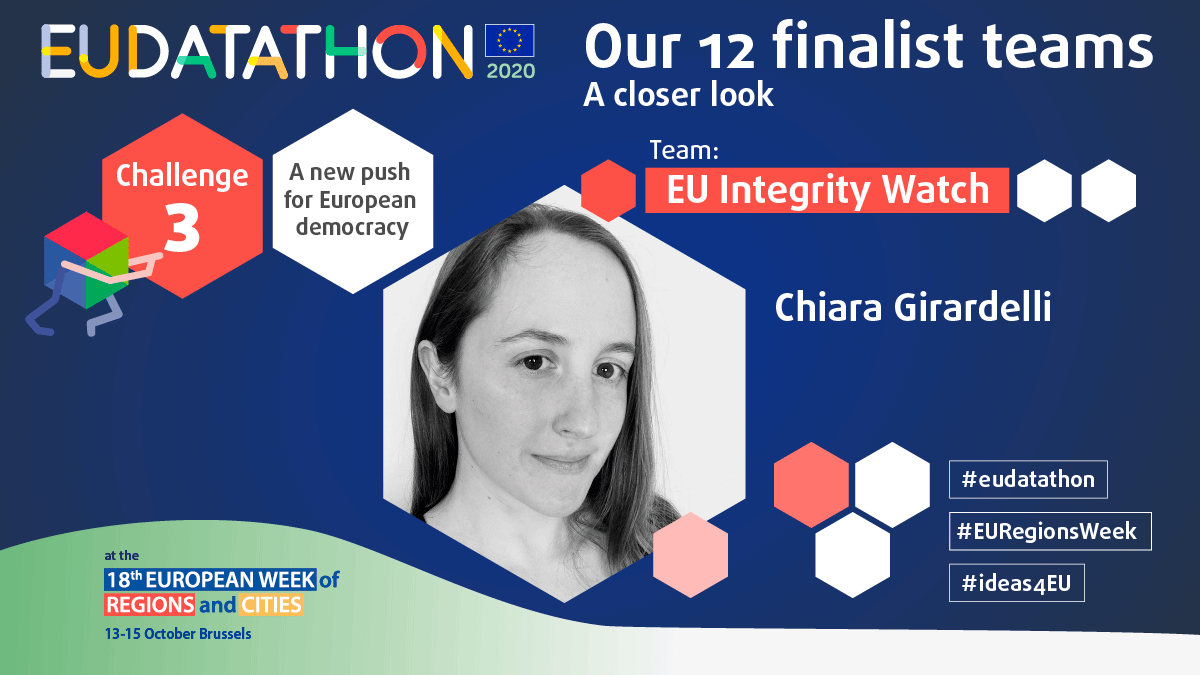 |
|
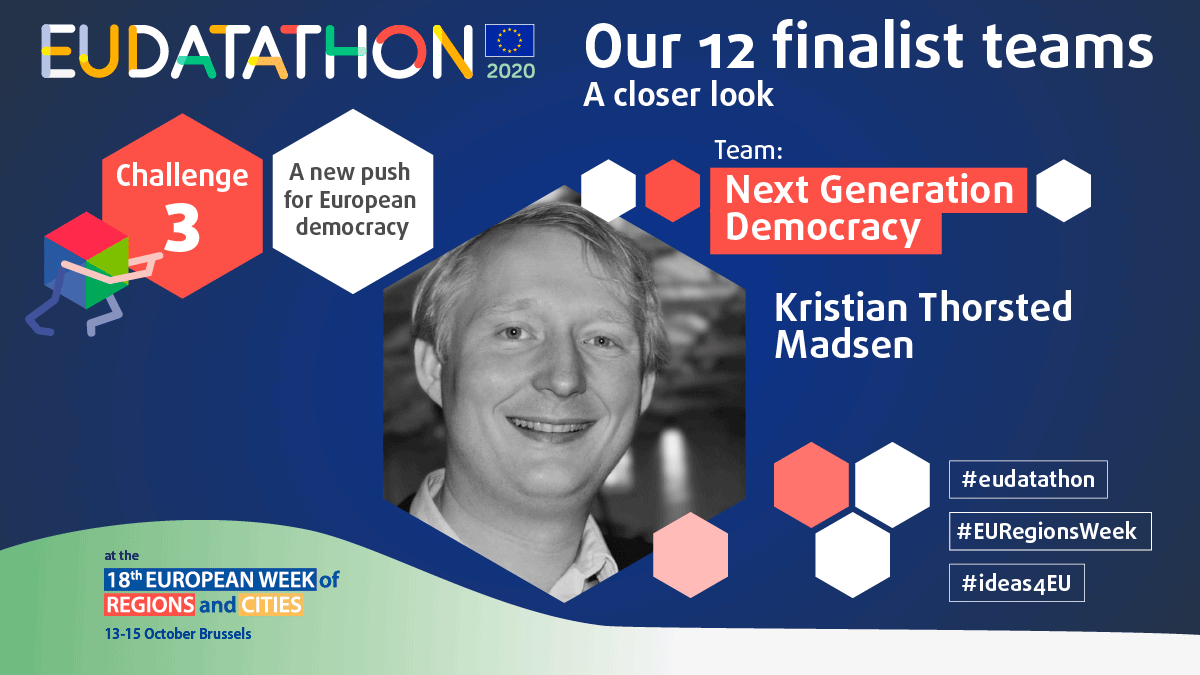 |
|
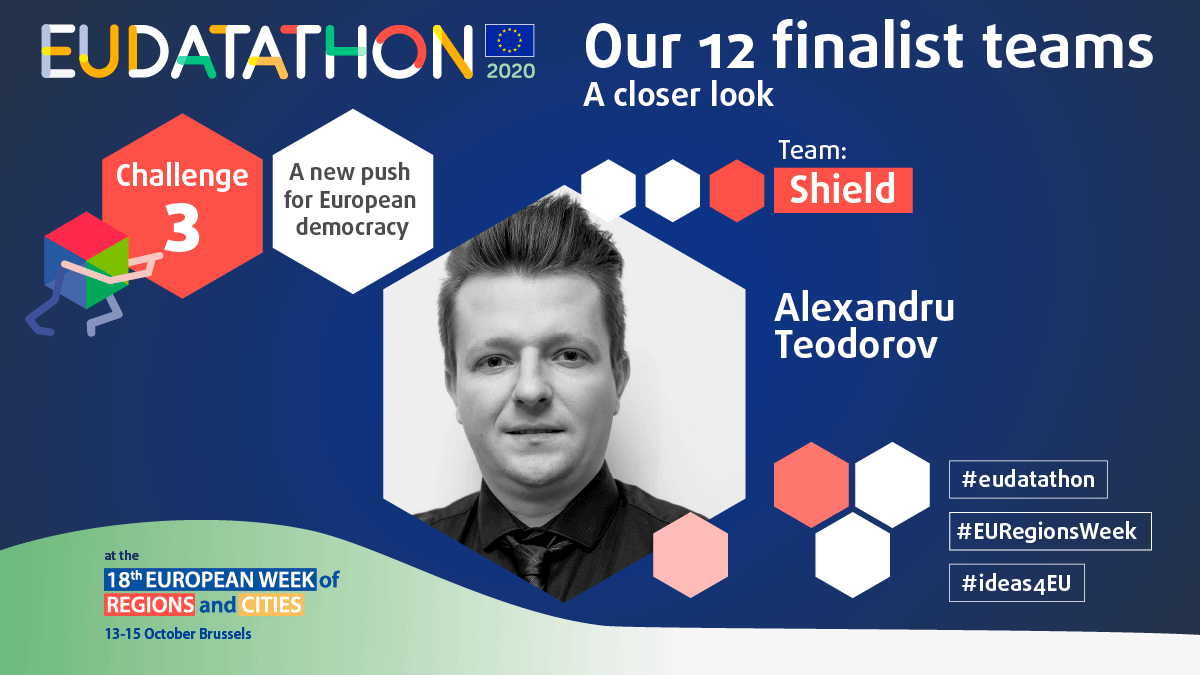 |
|
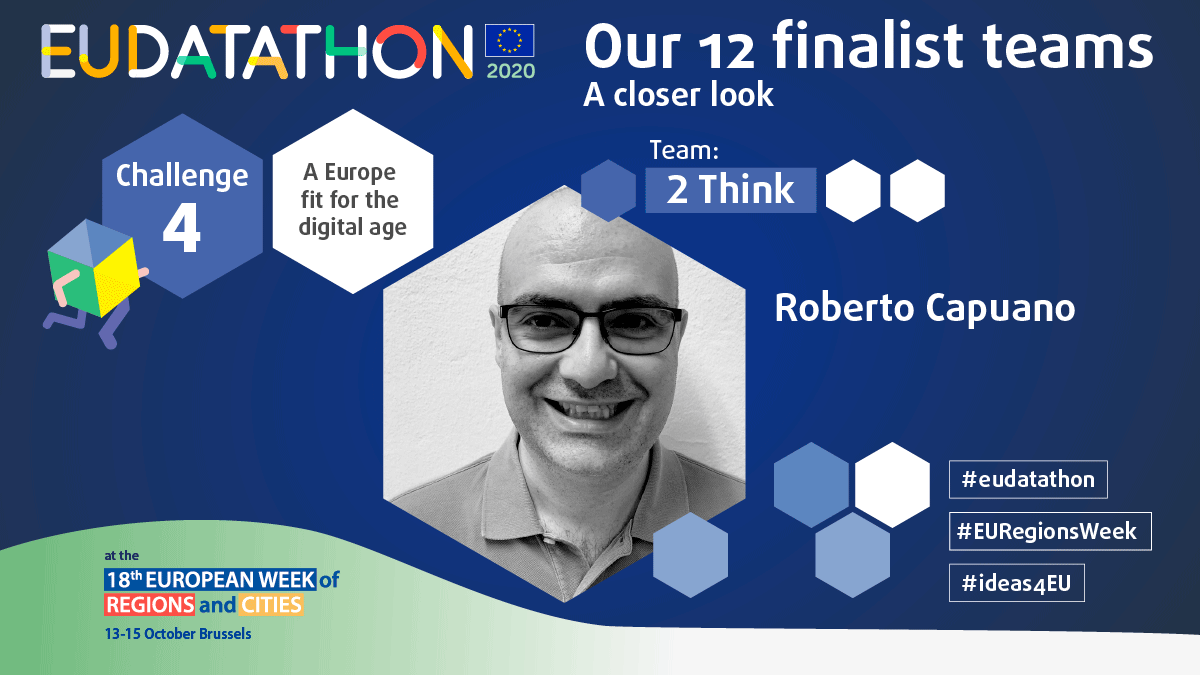 |
|
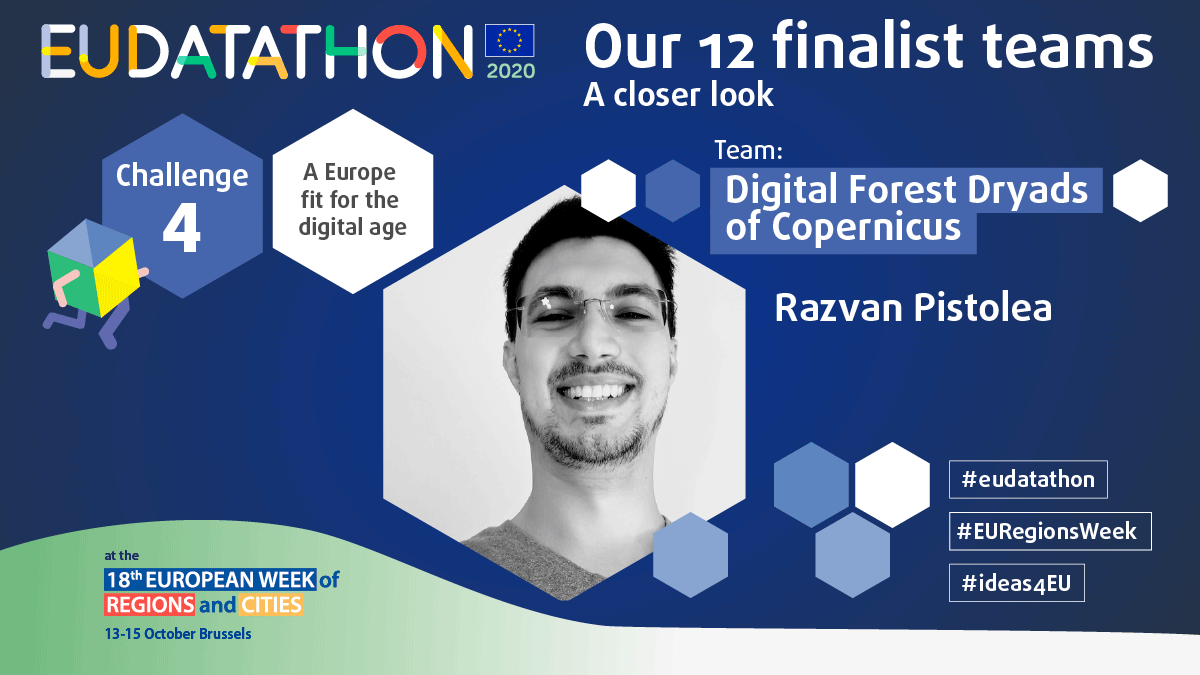 |
|
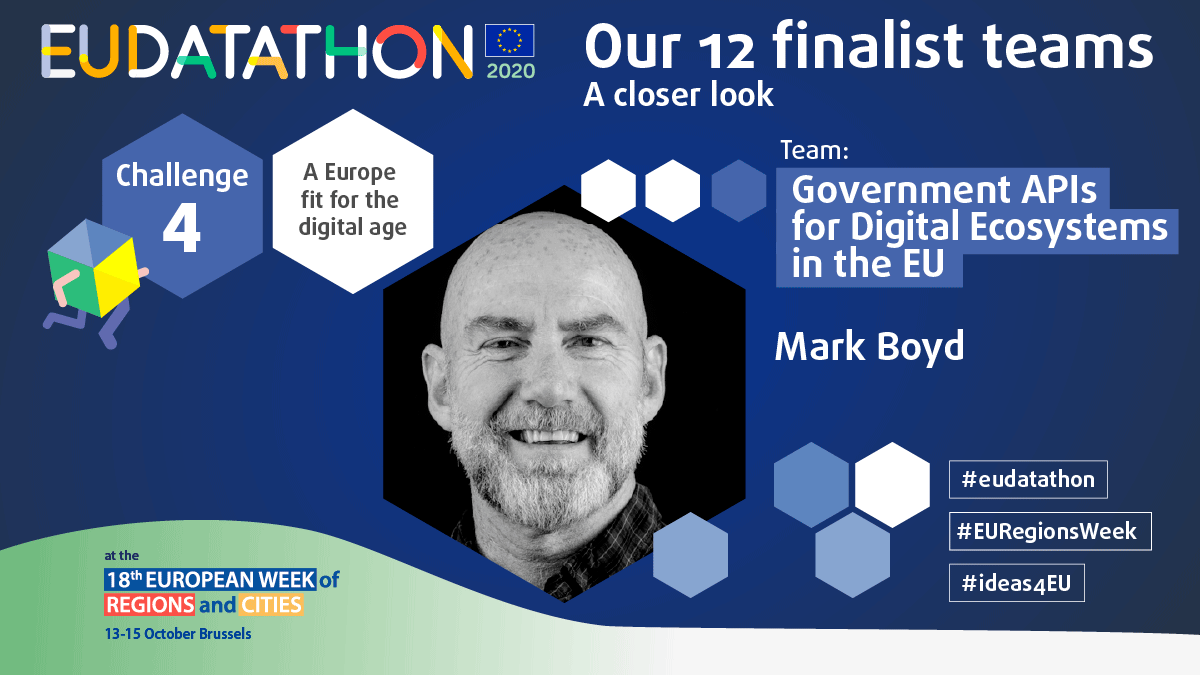 |
|
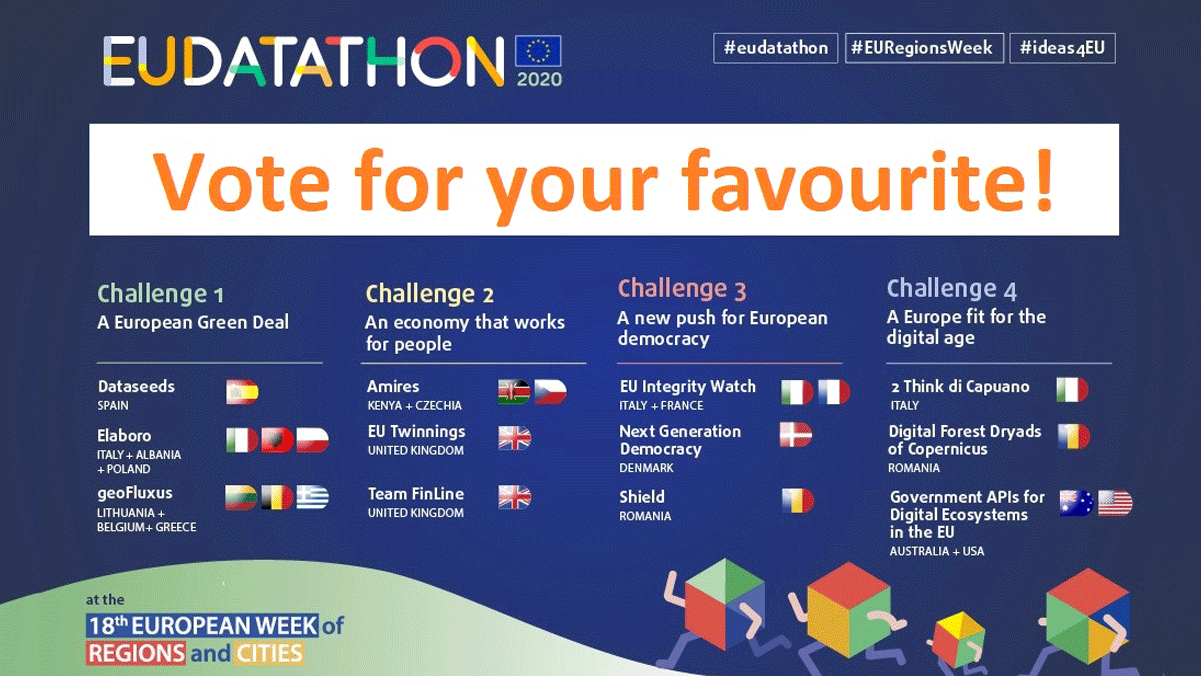 |
Any questions?



